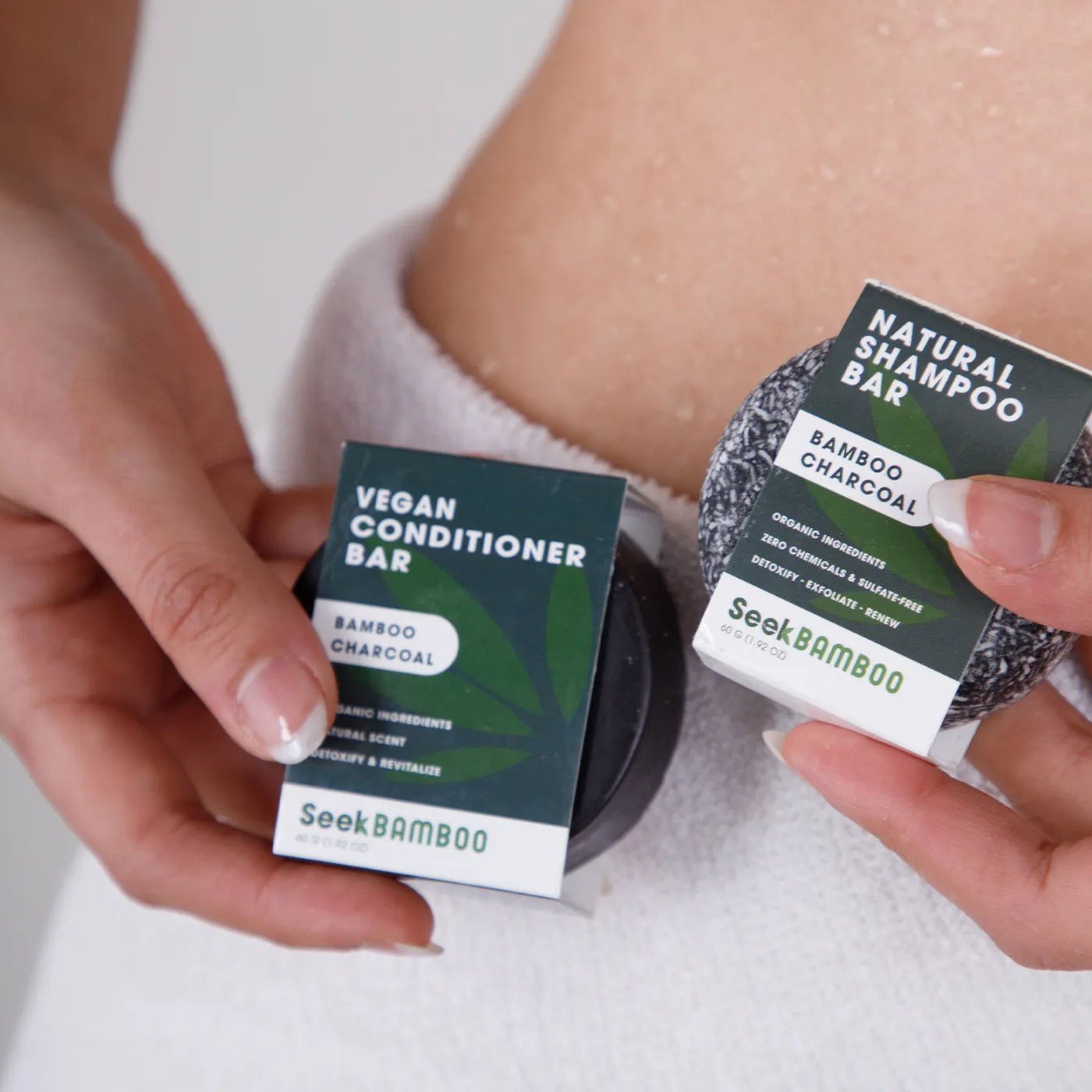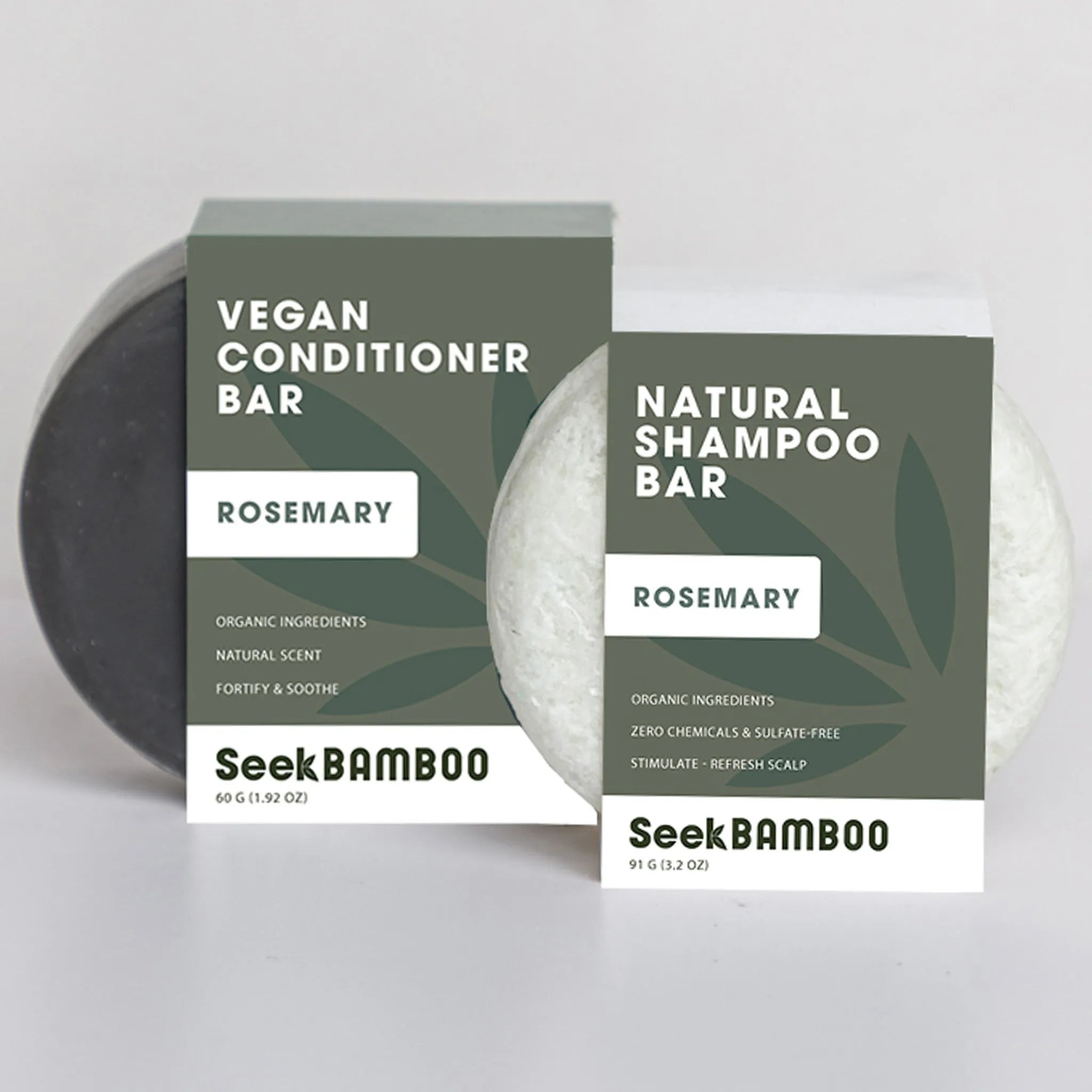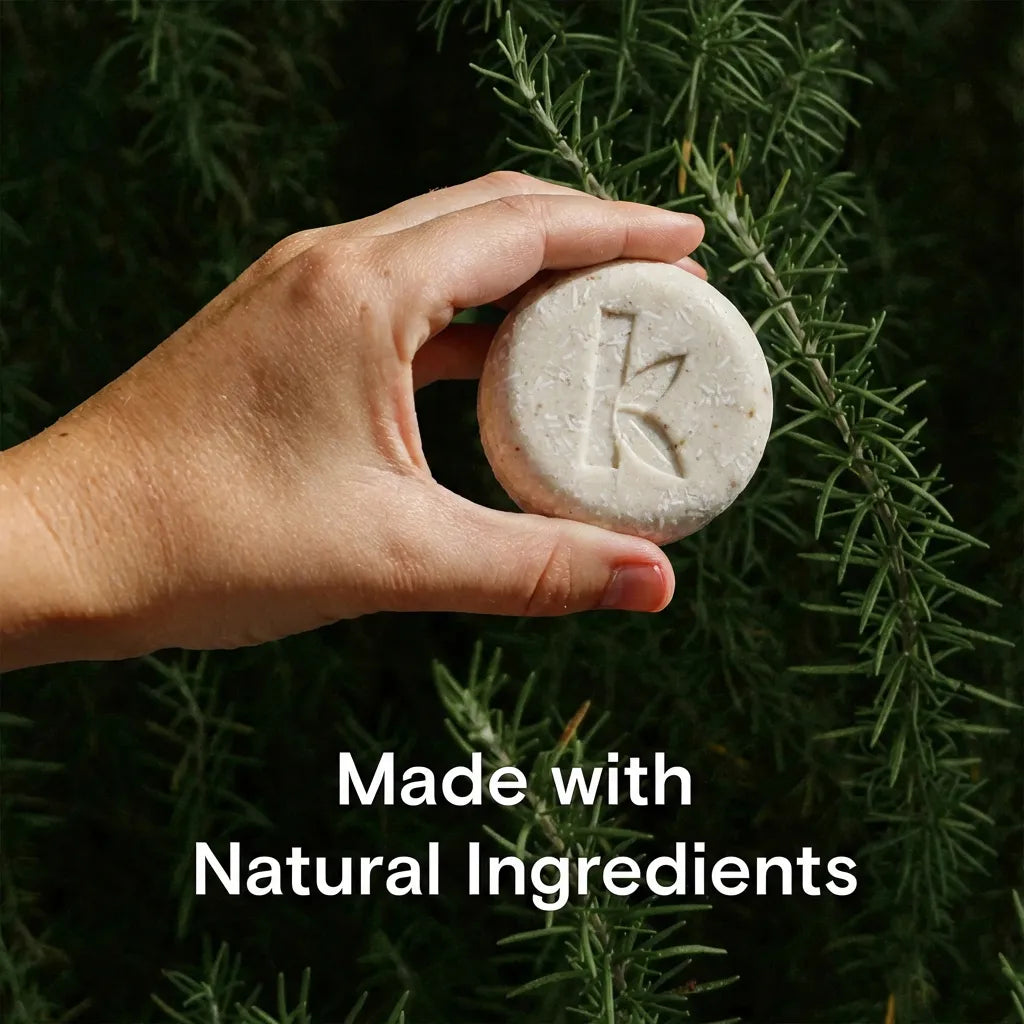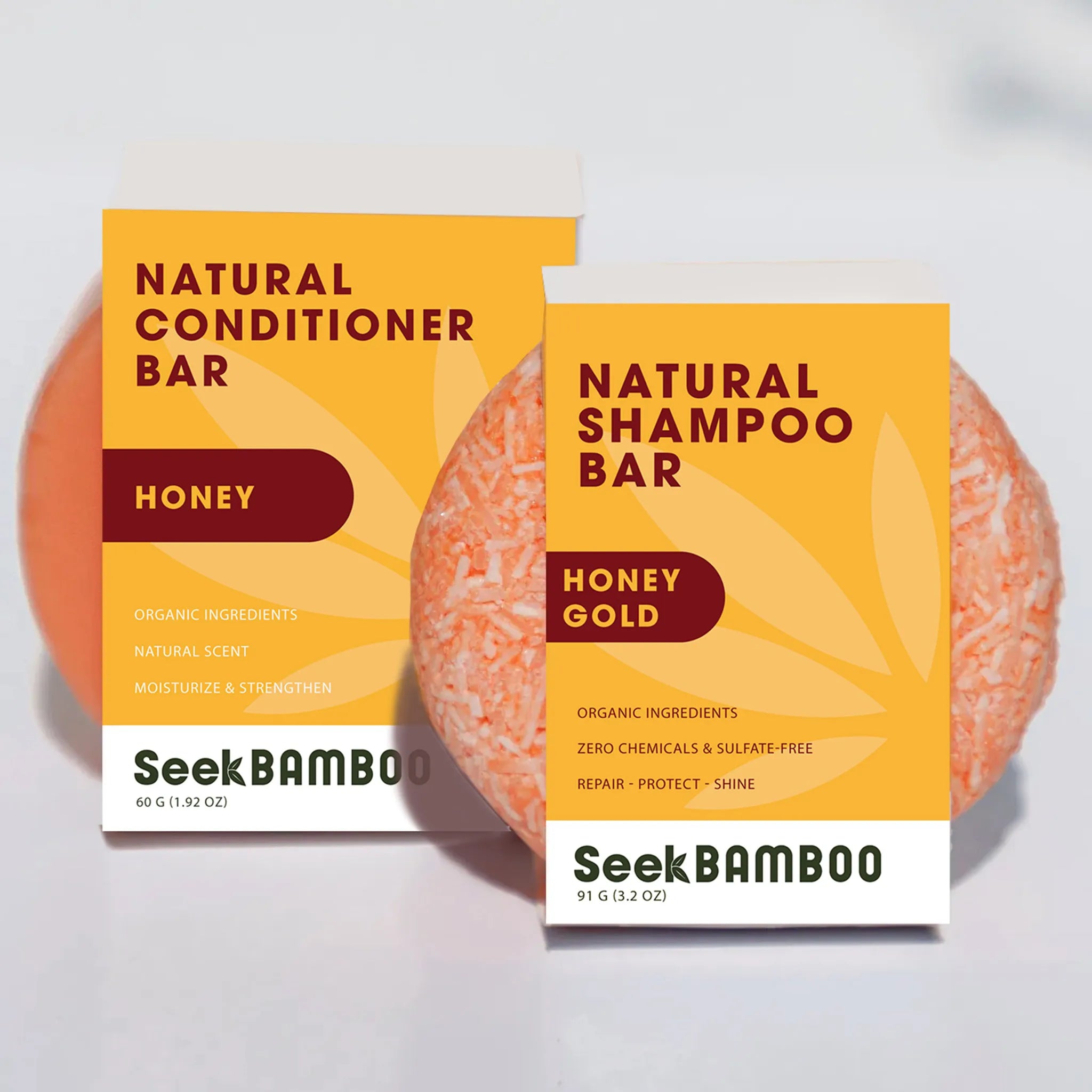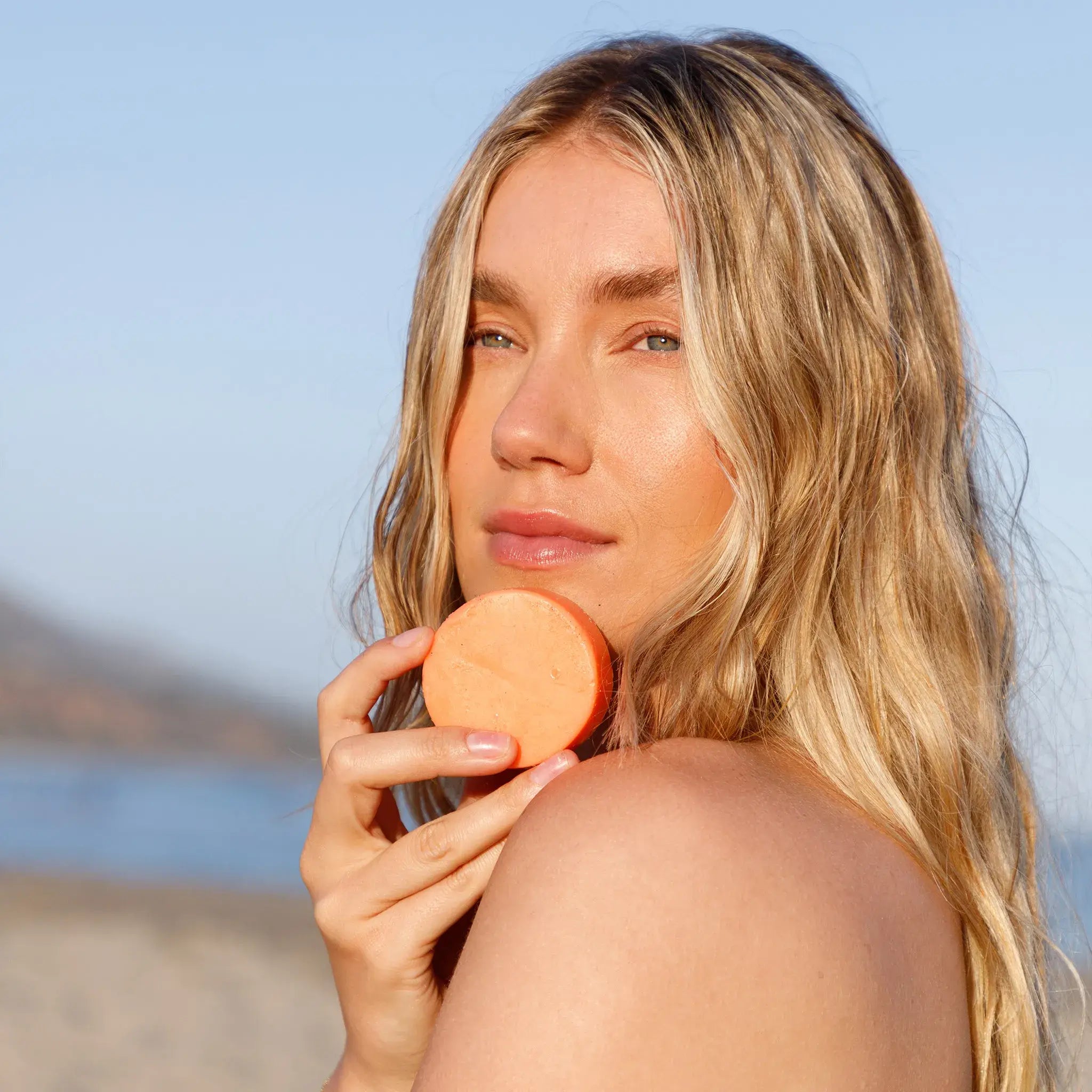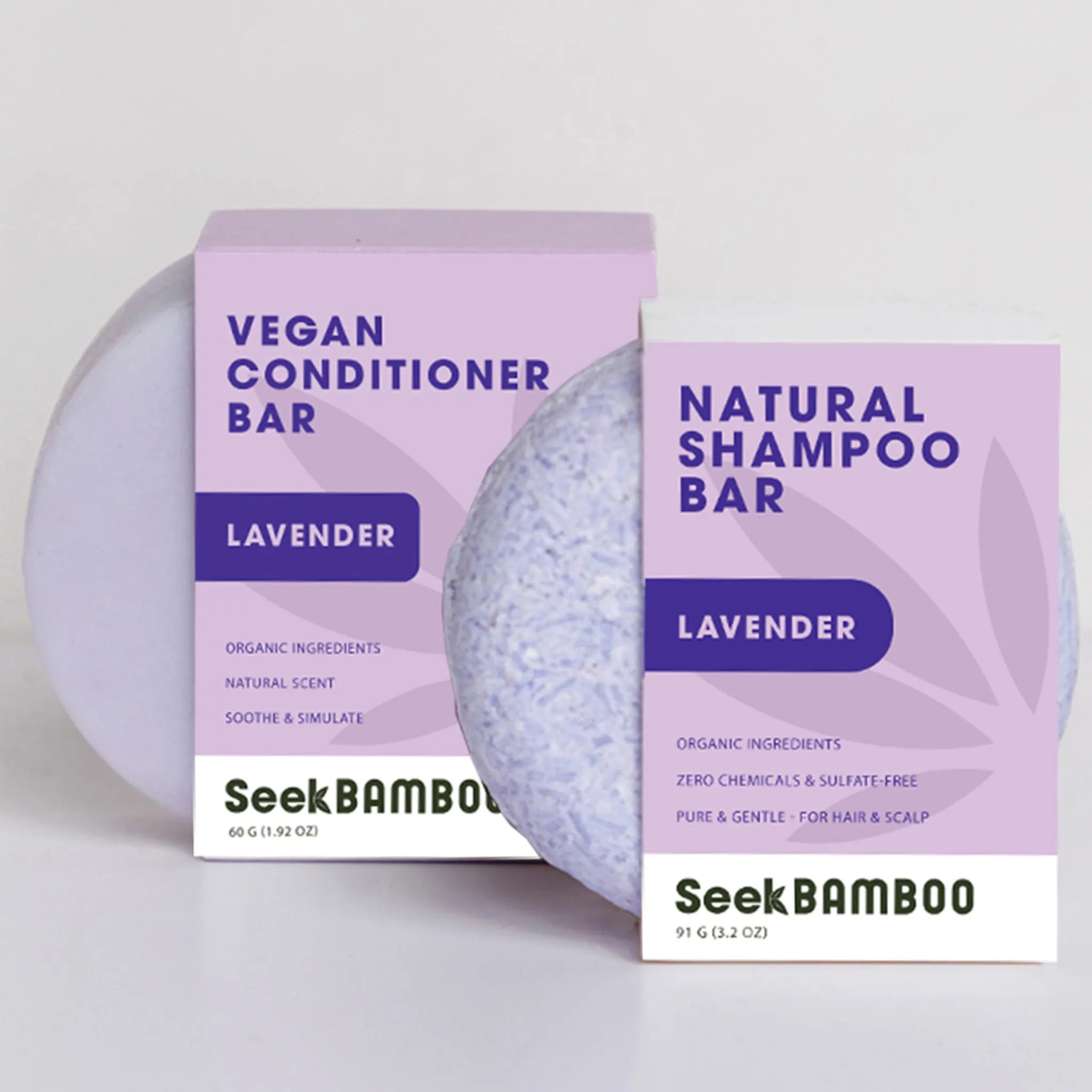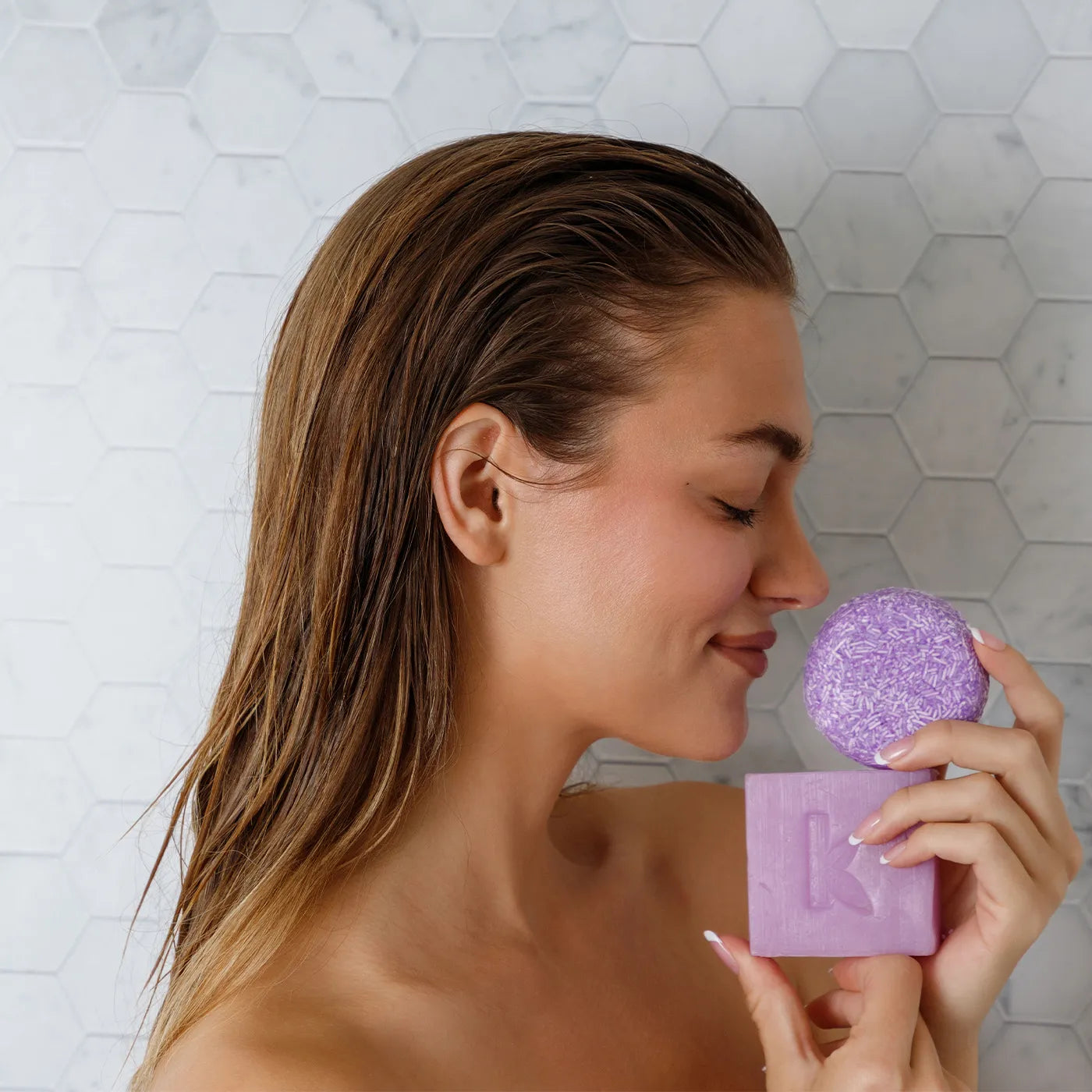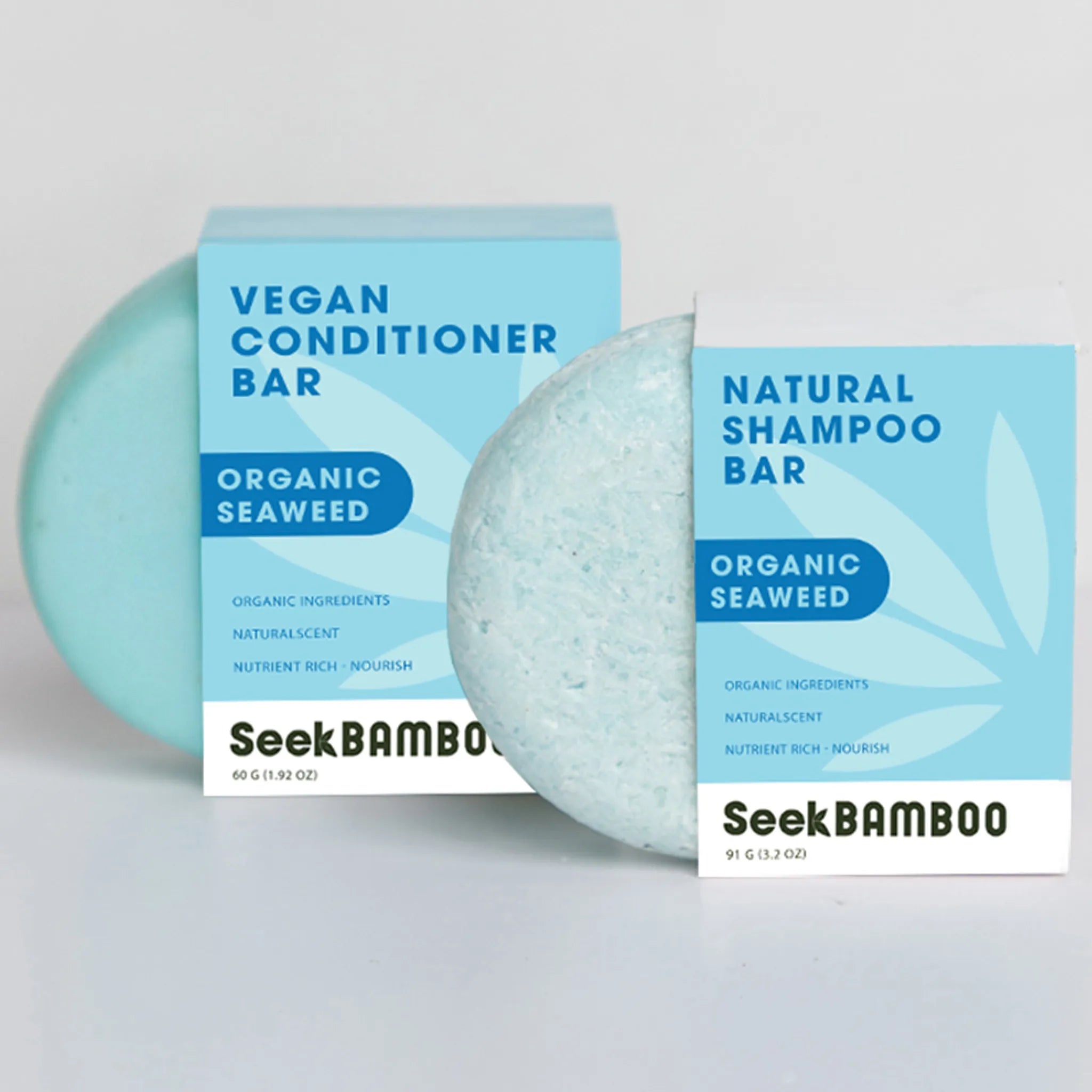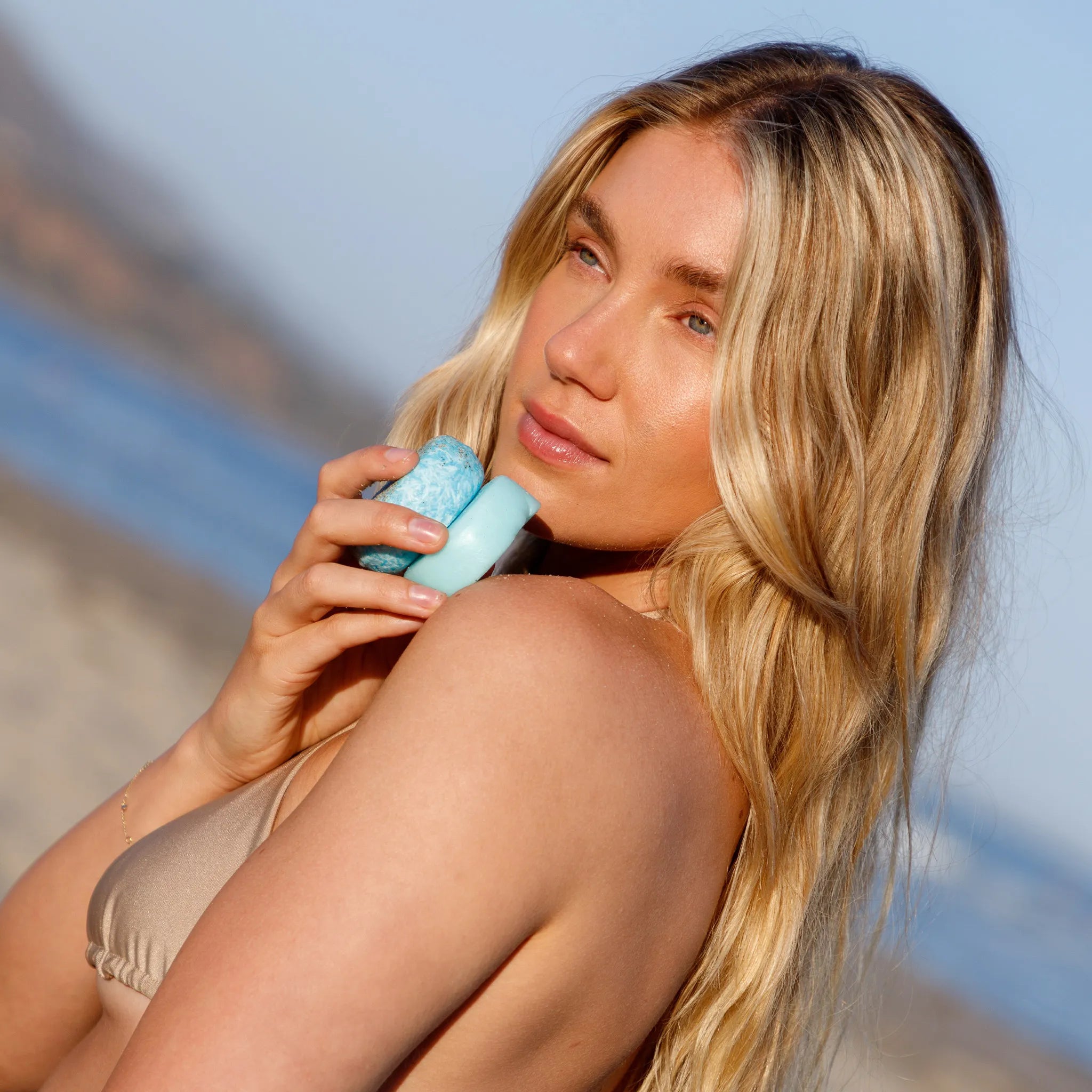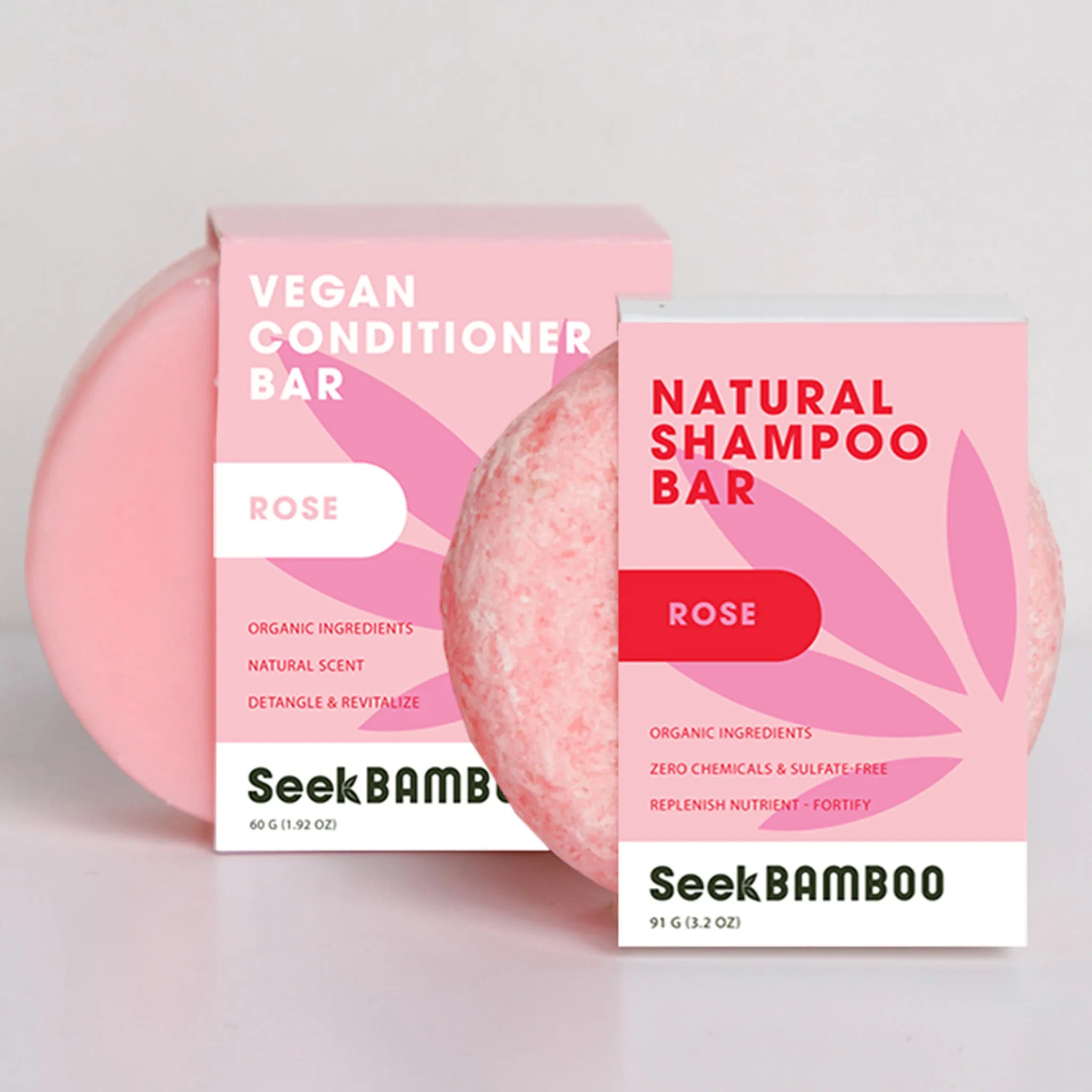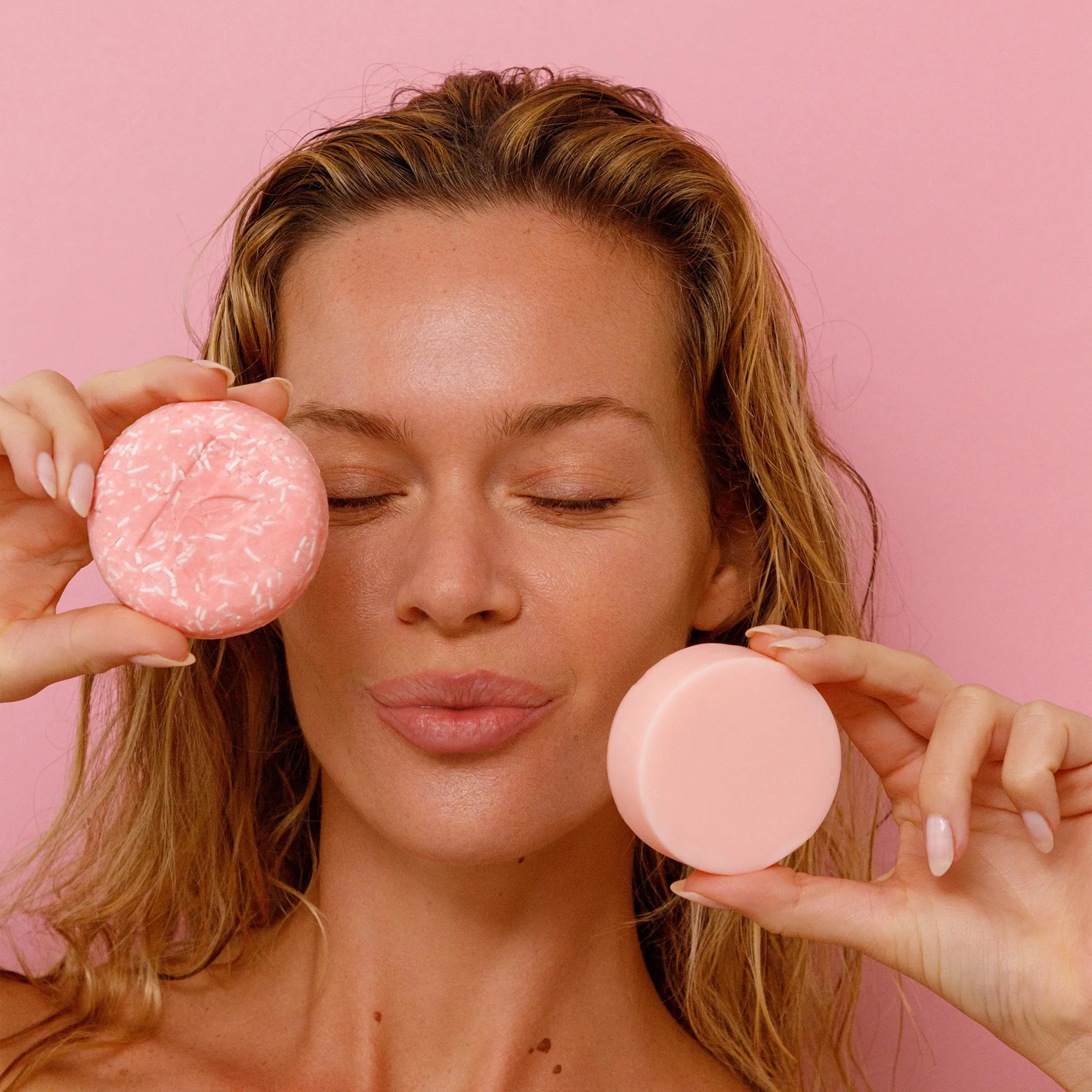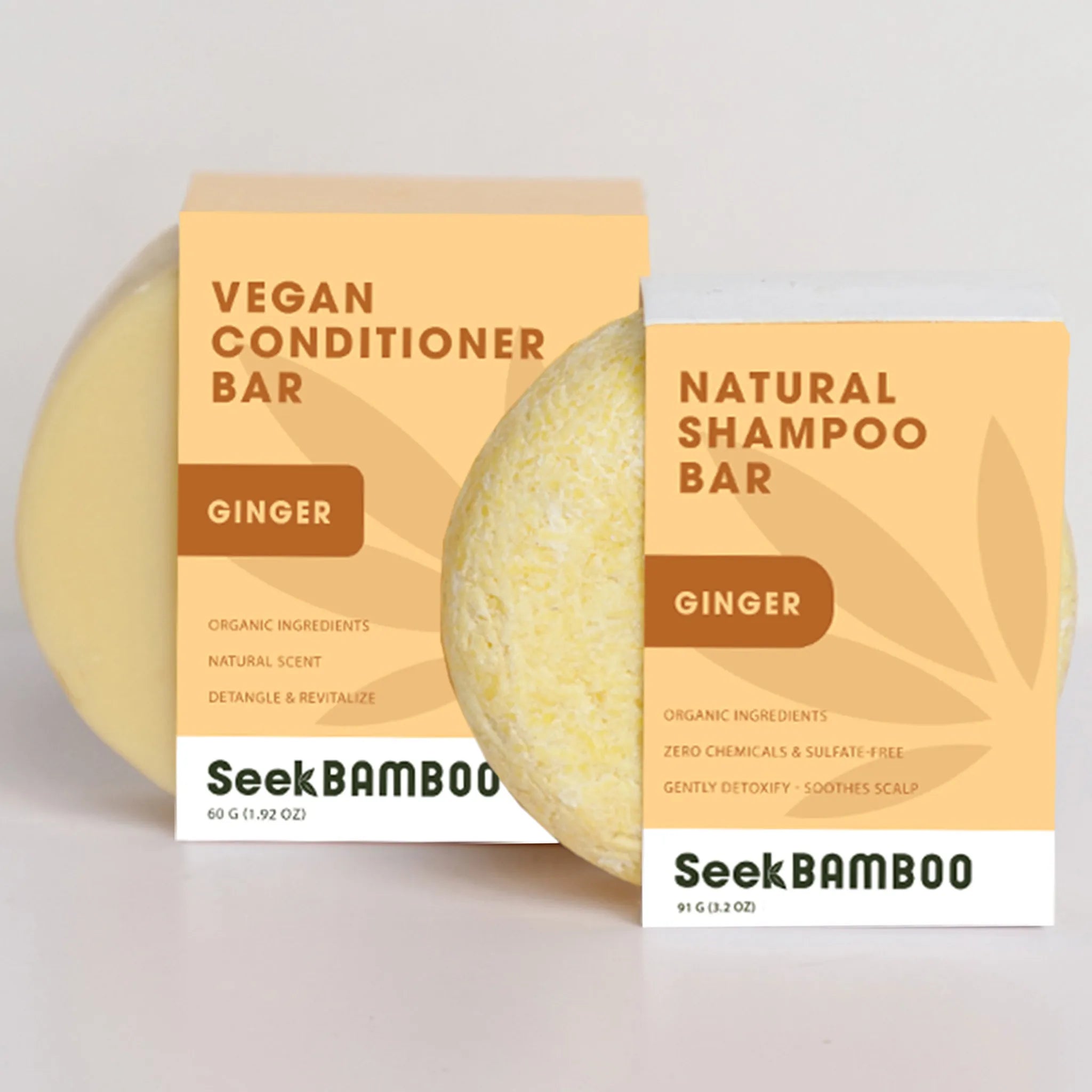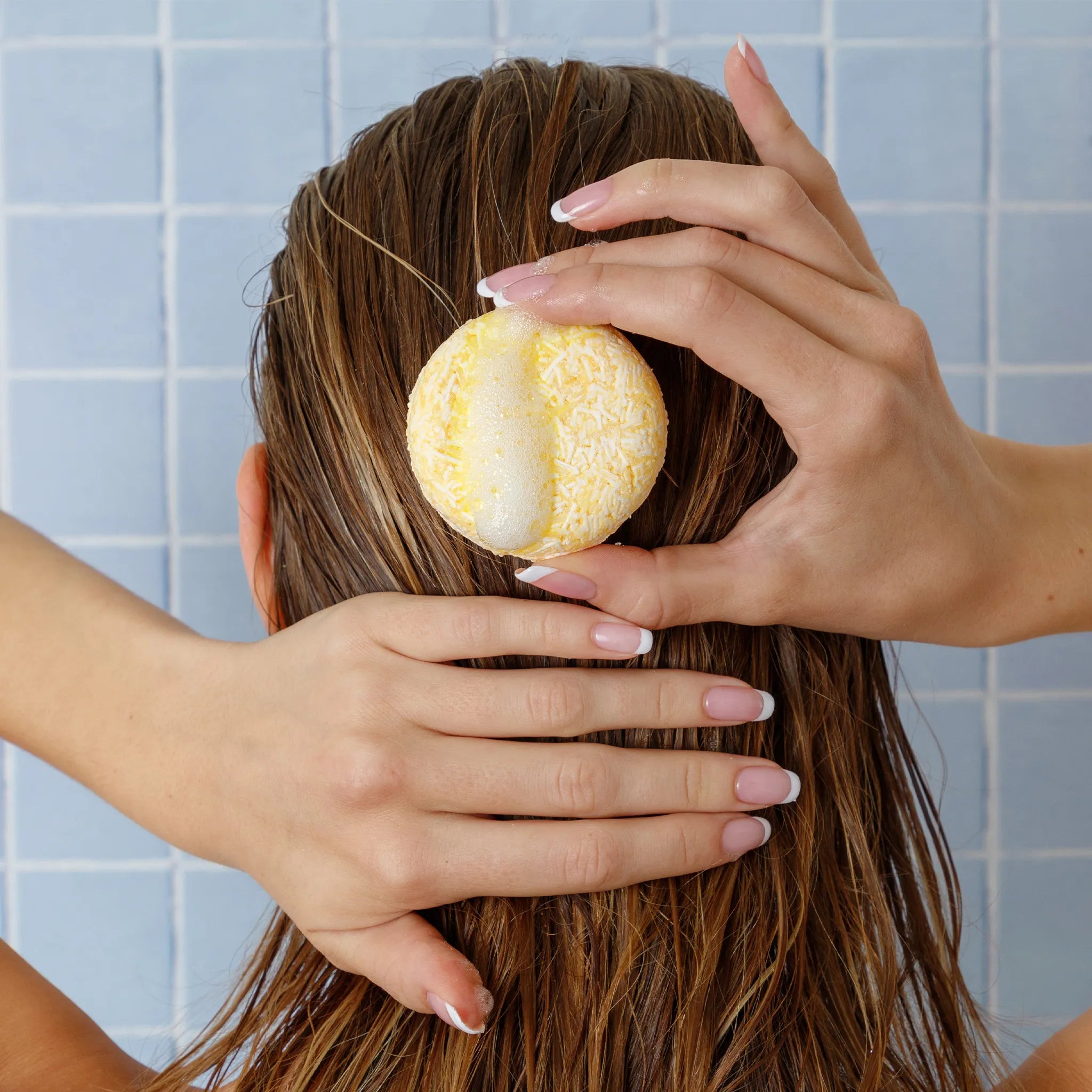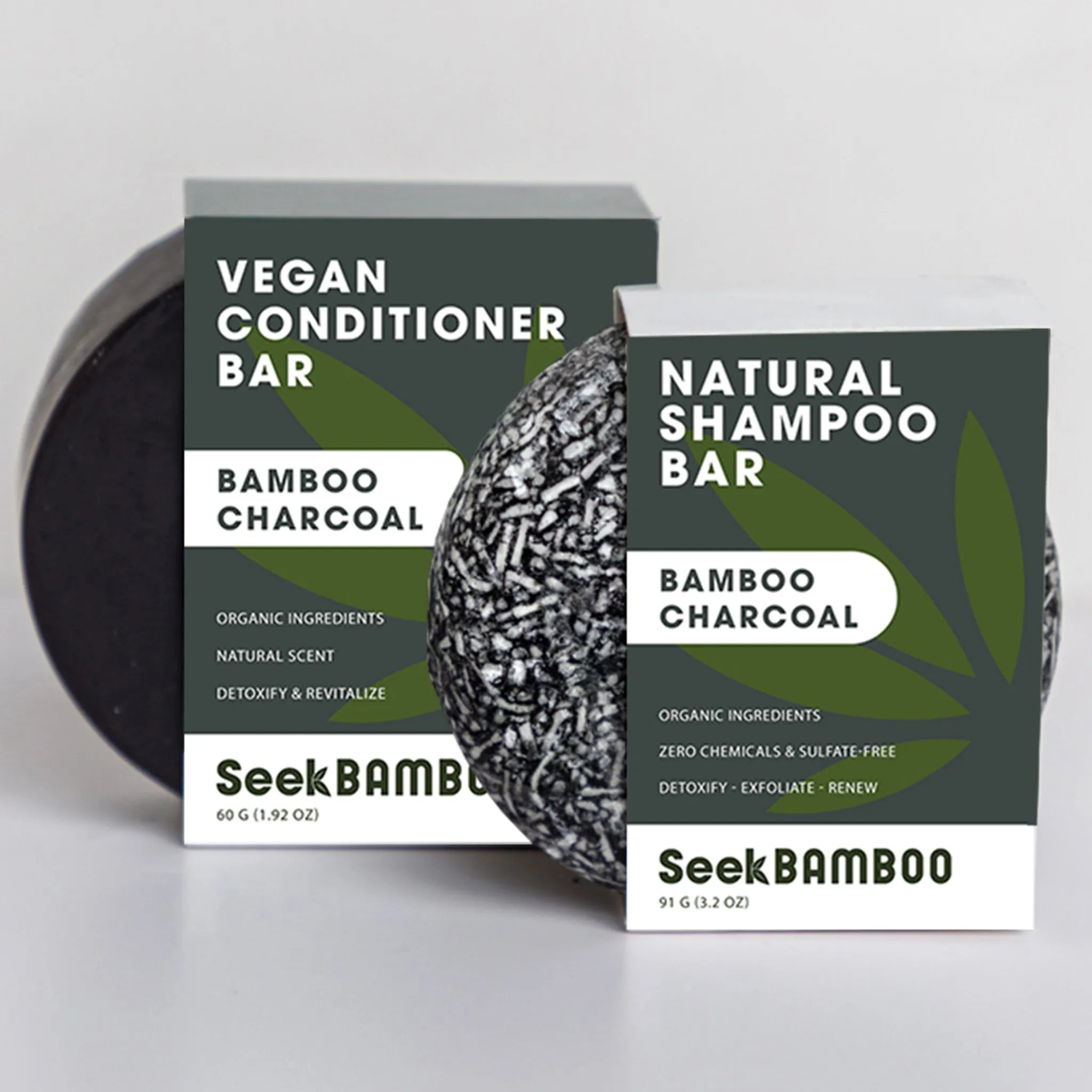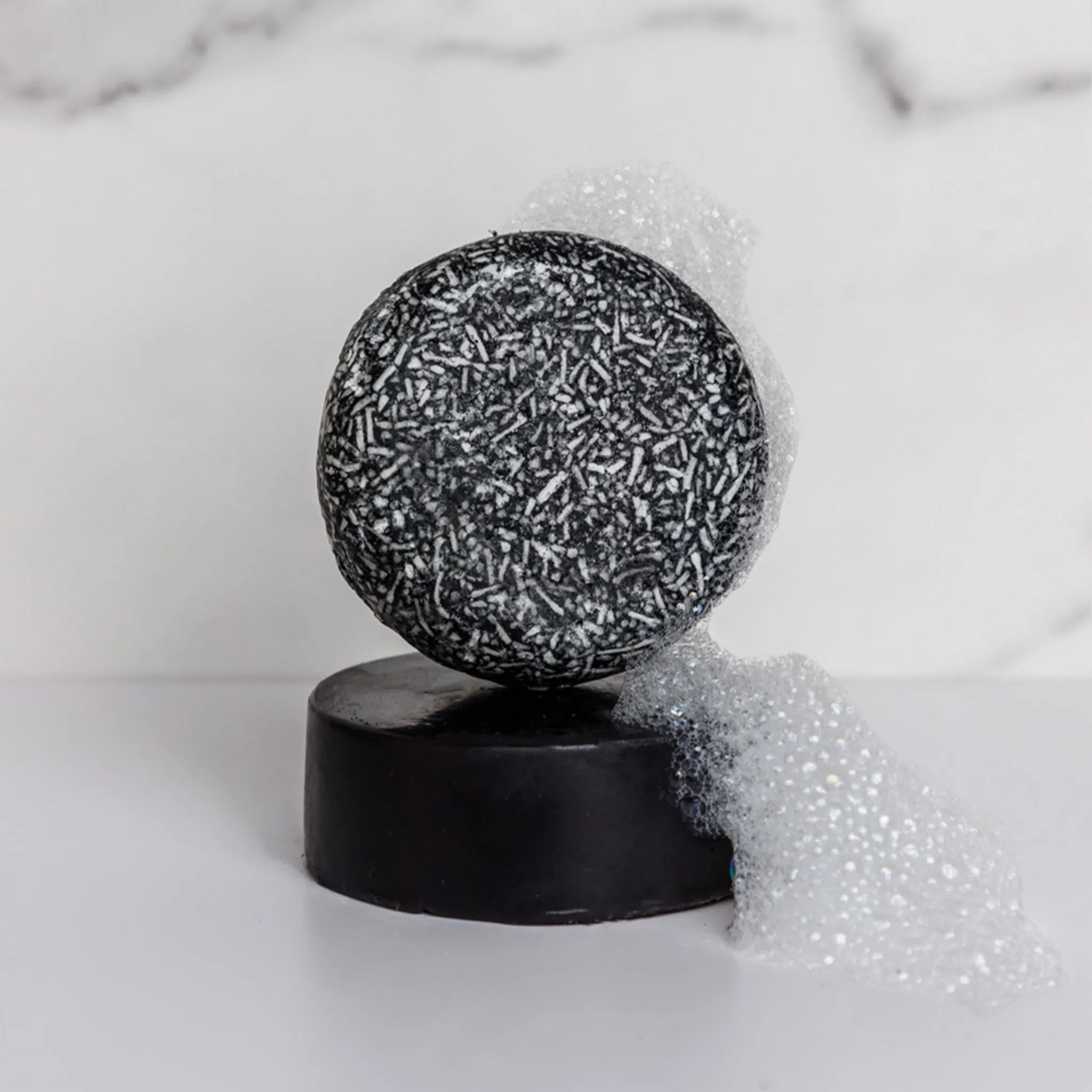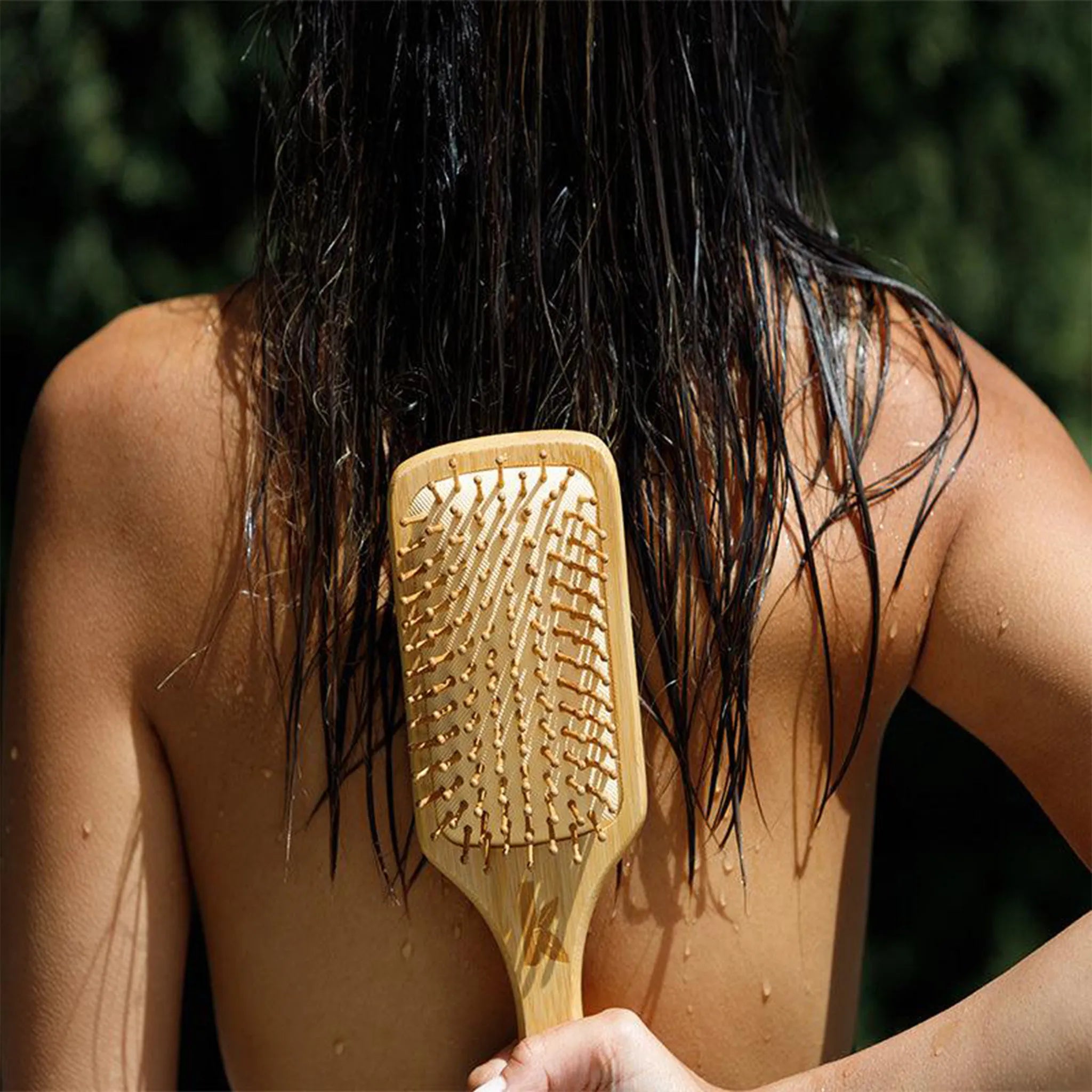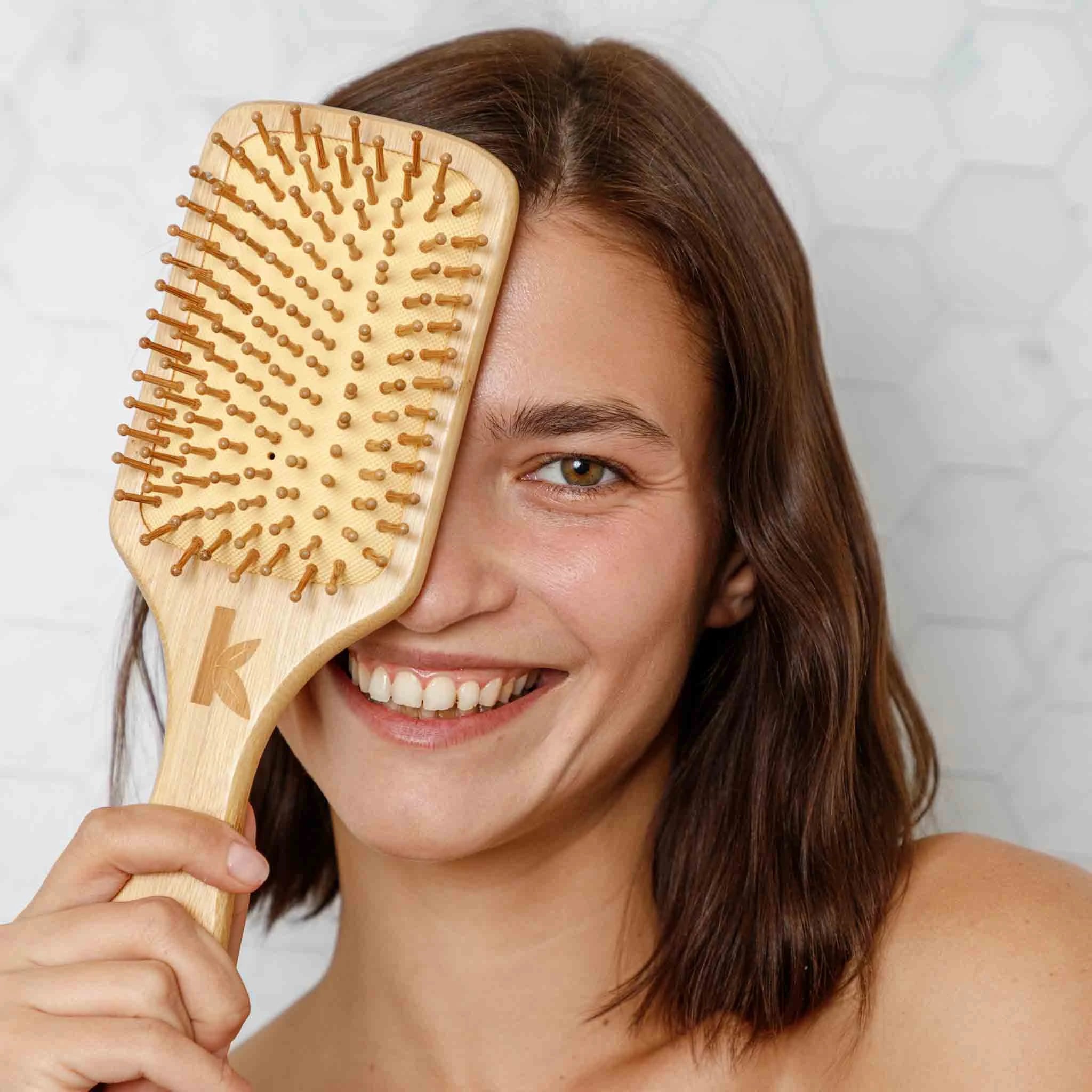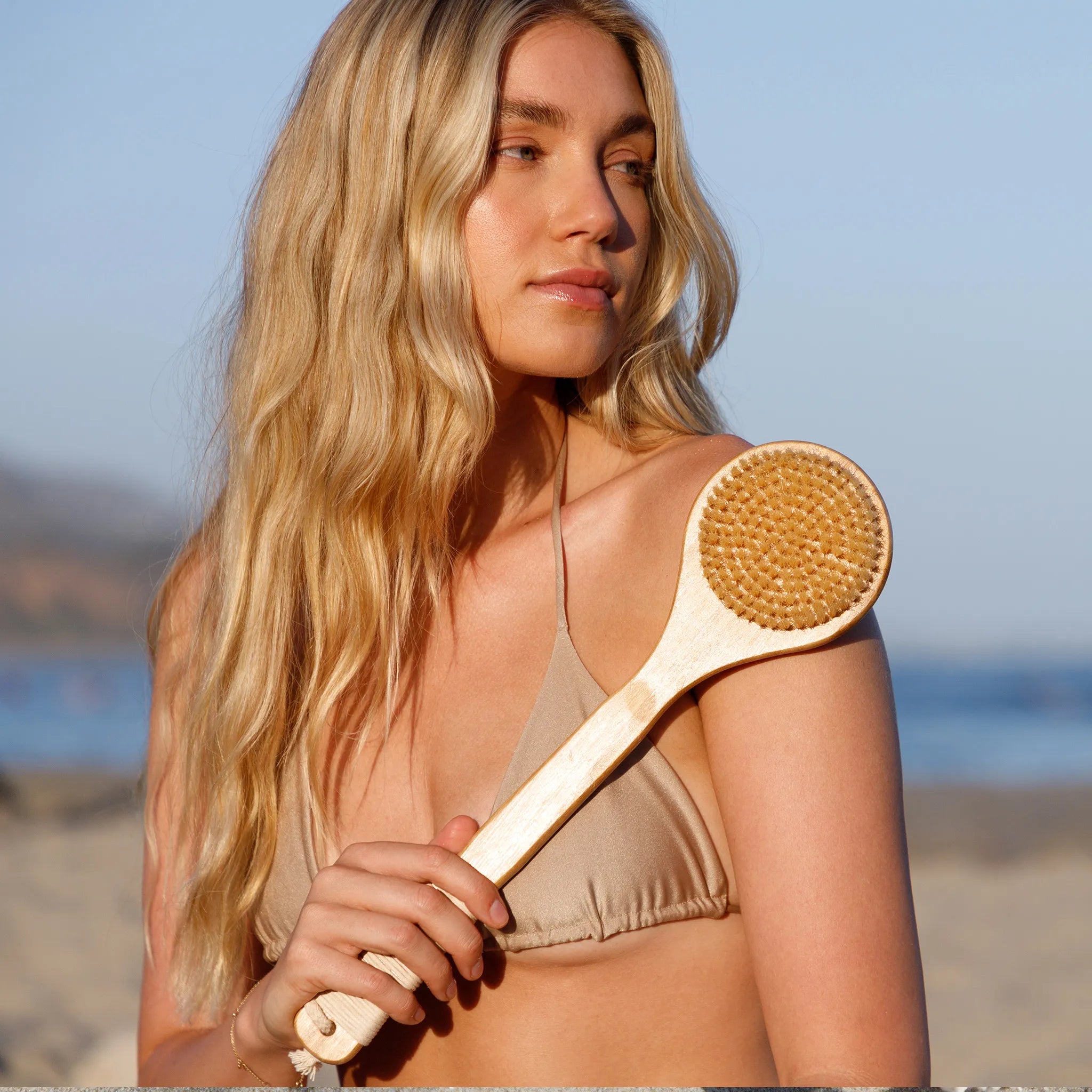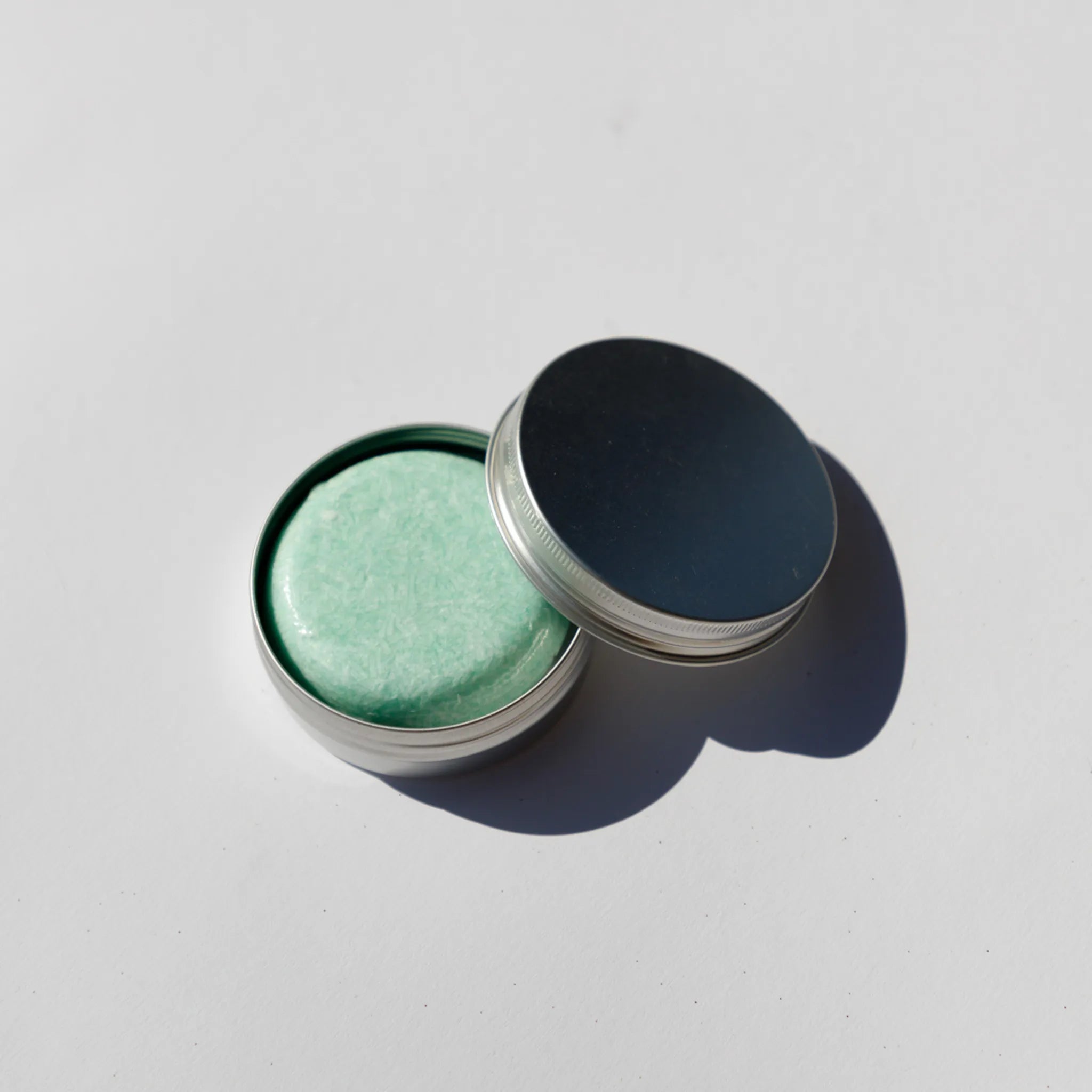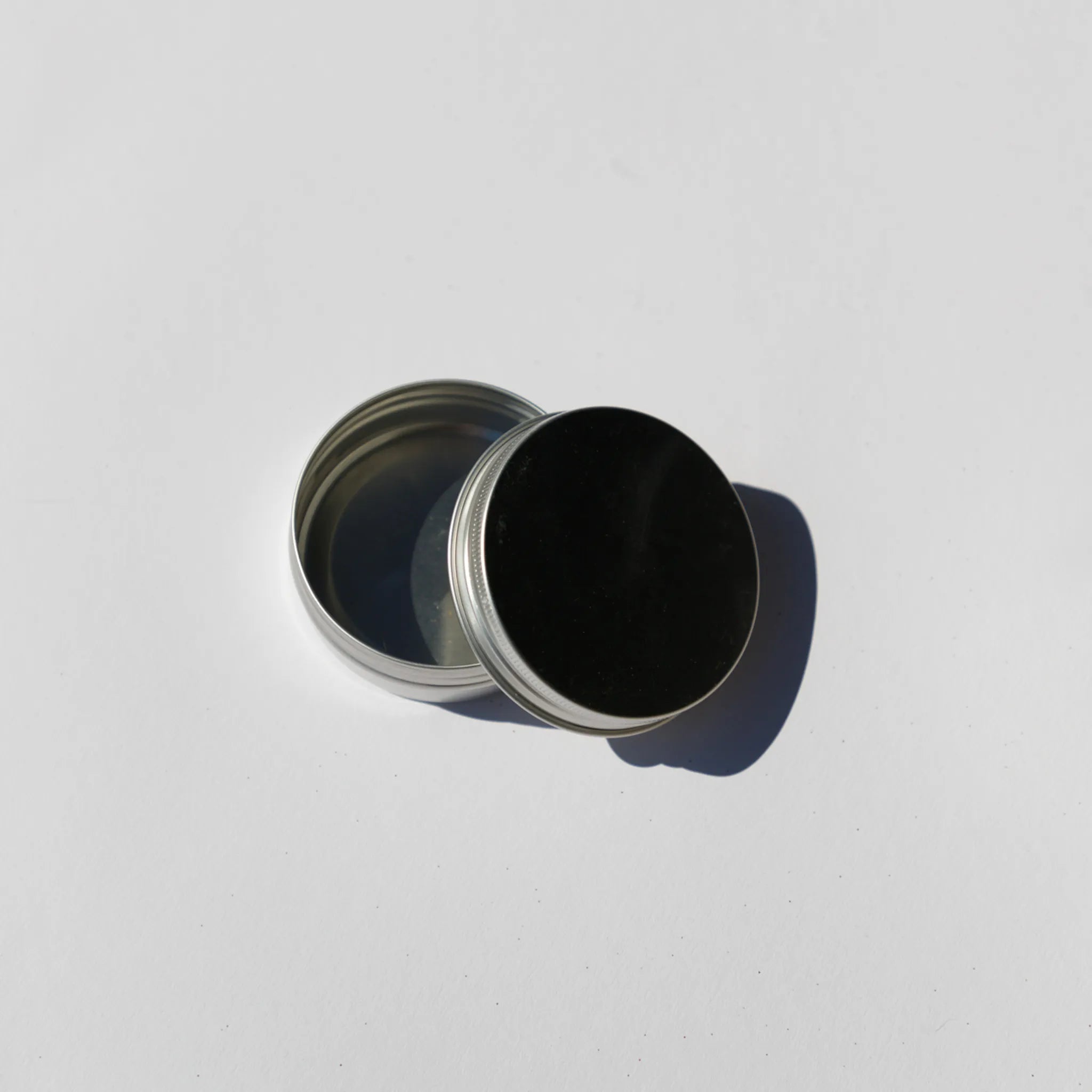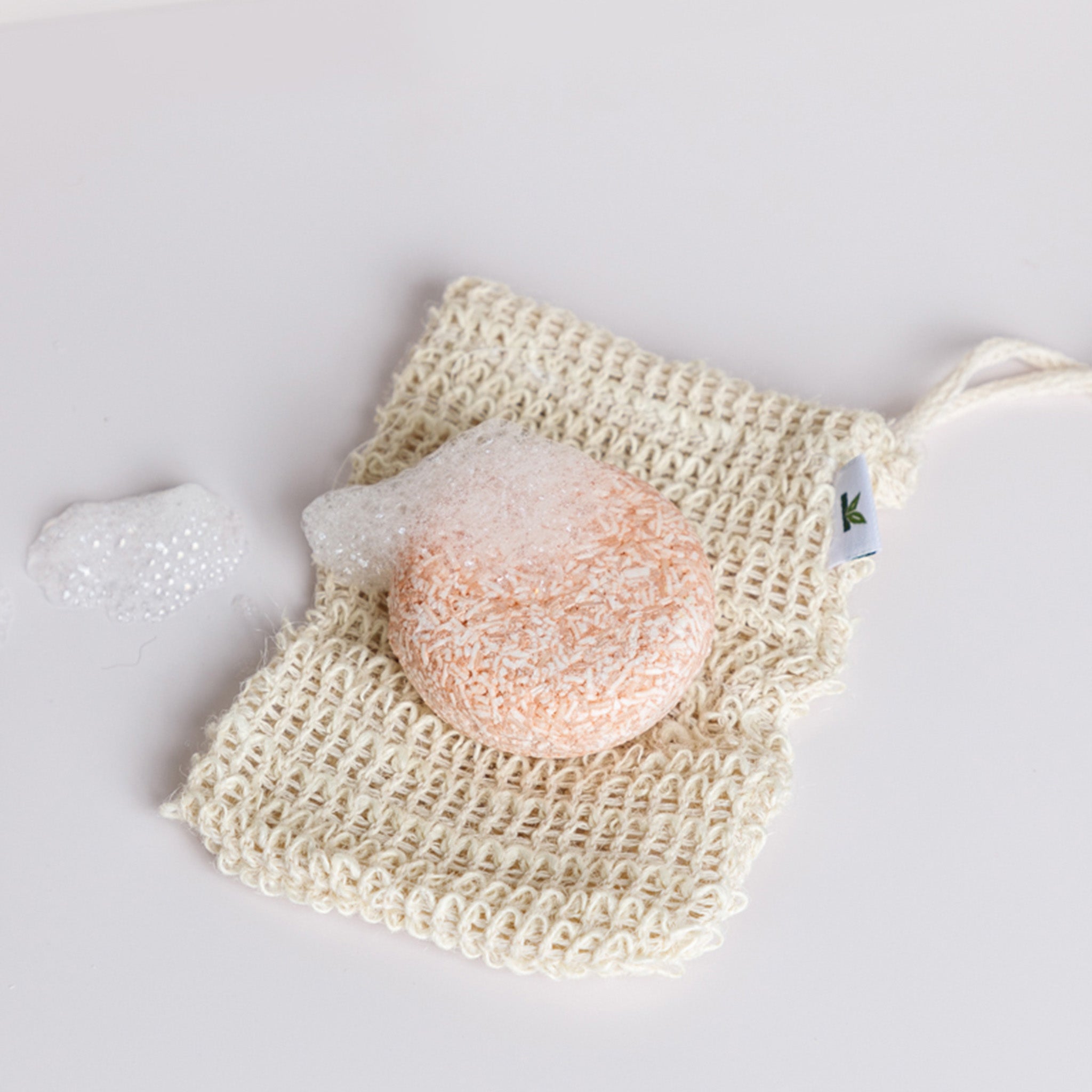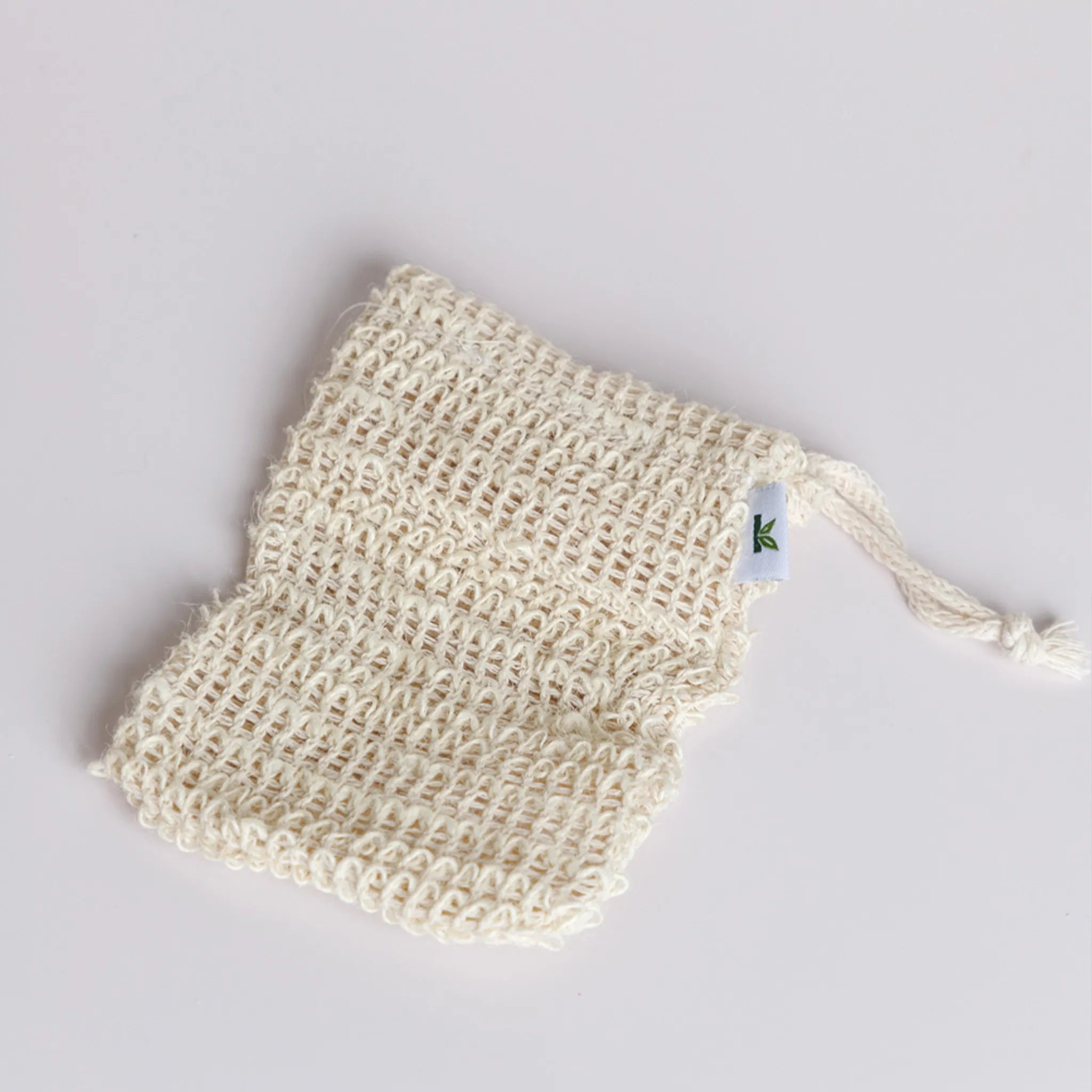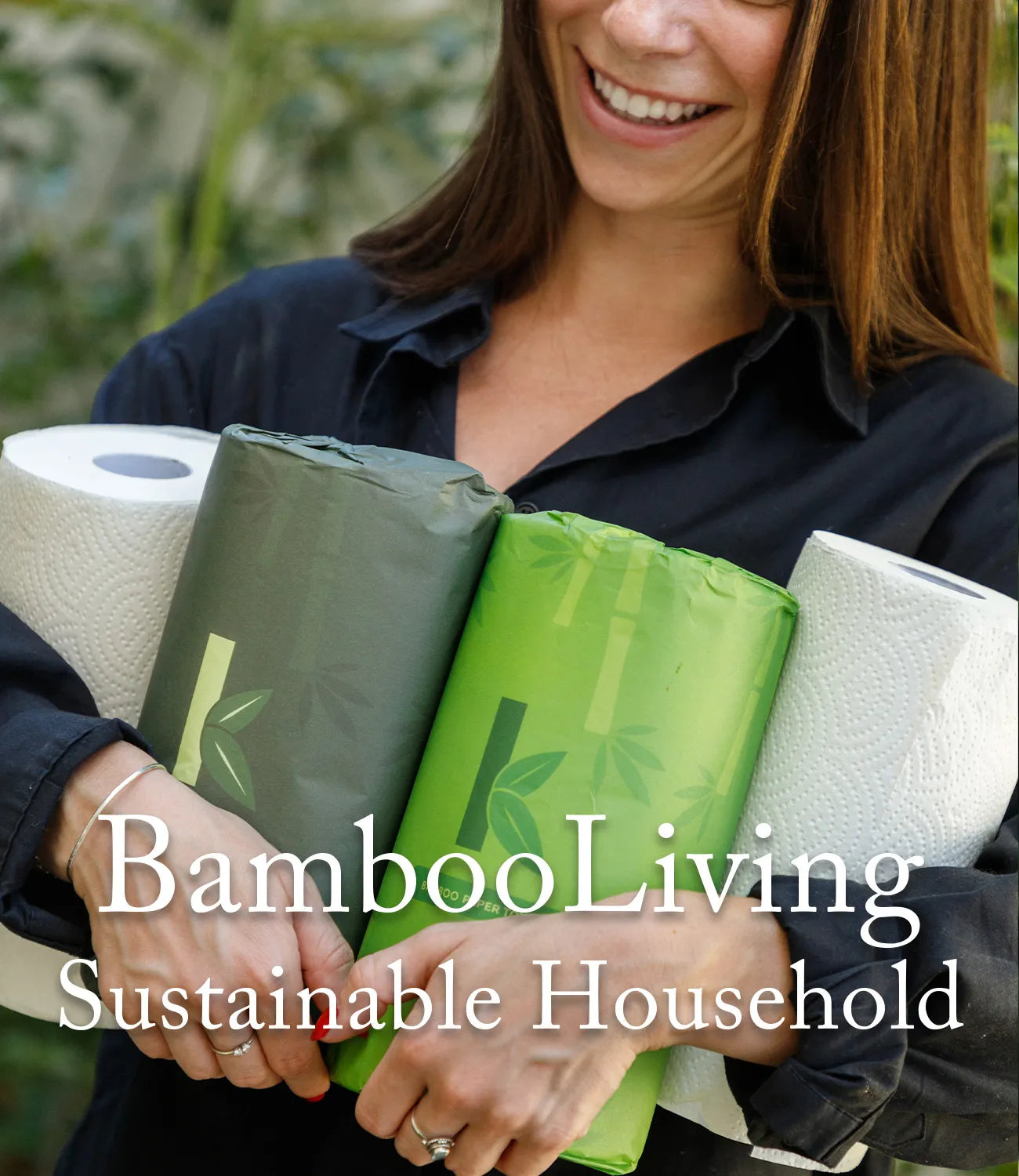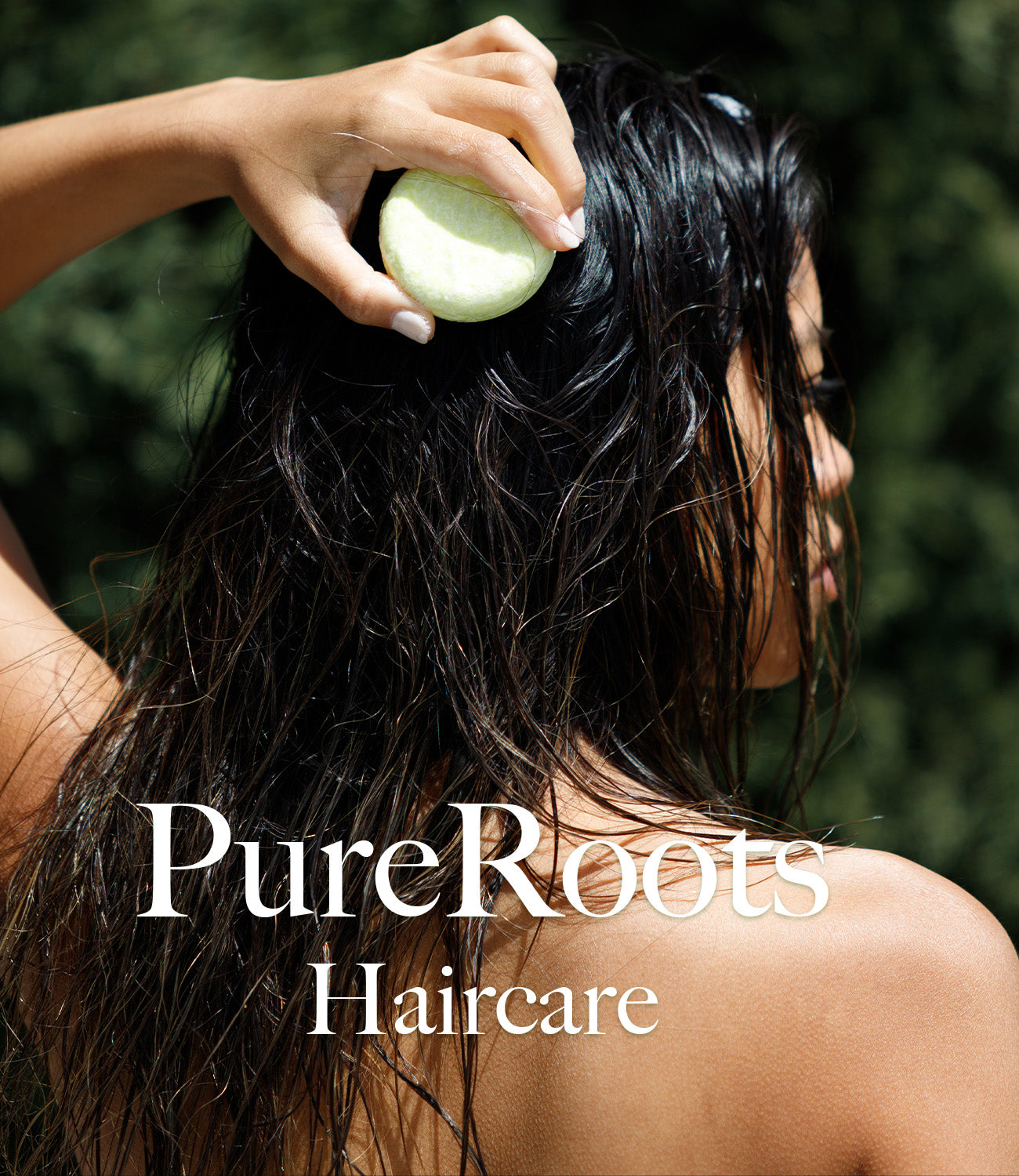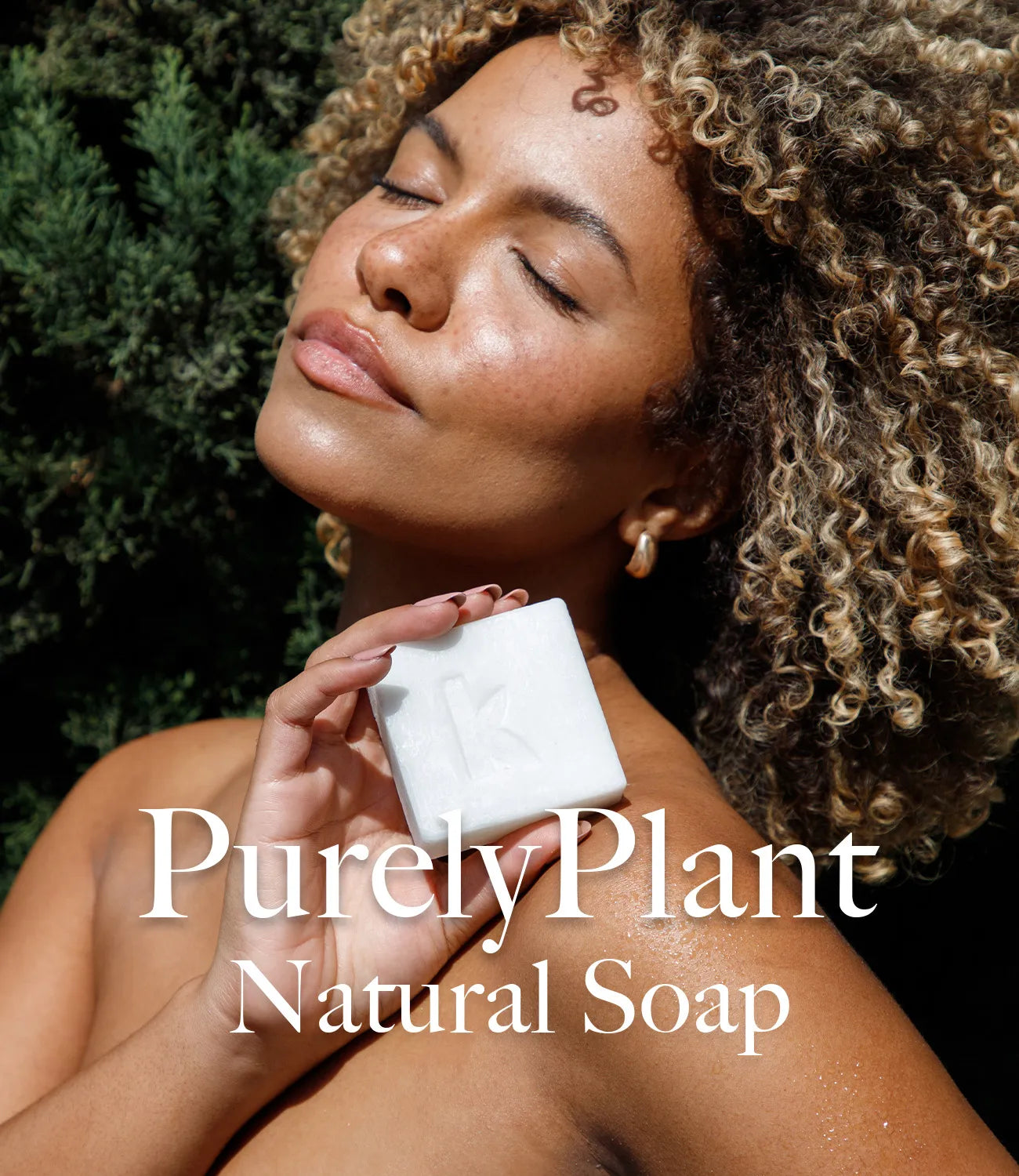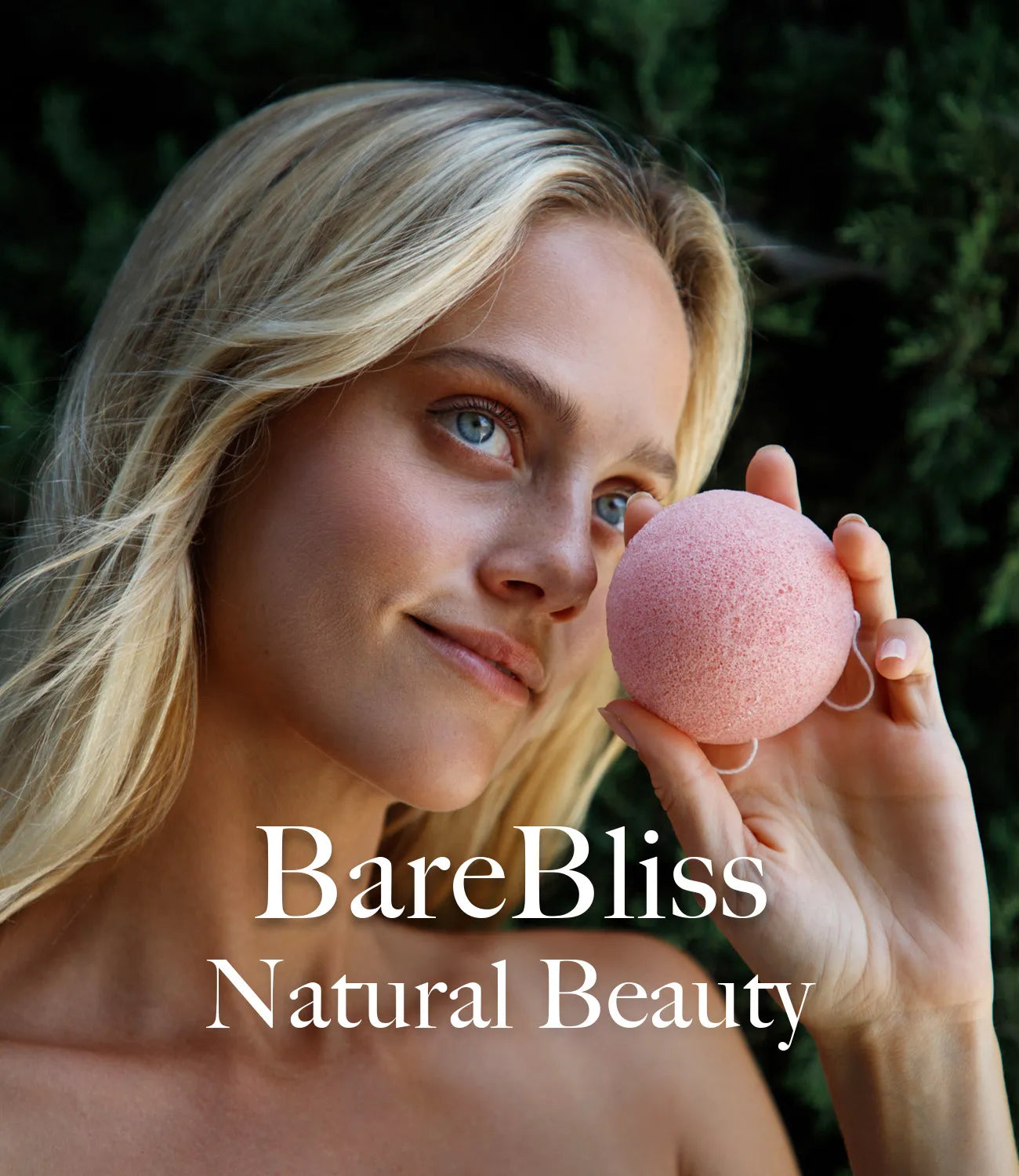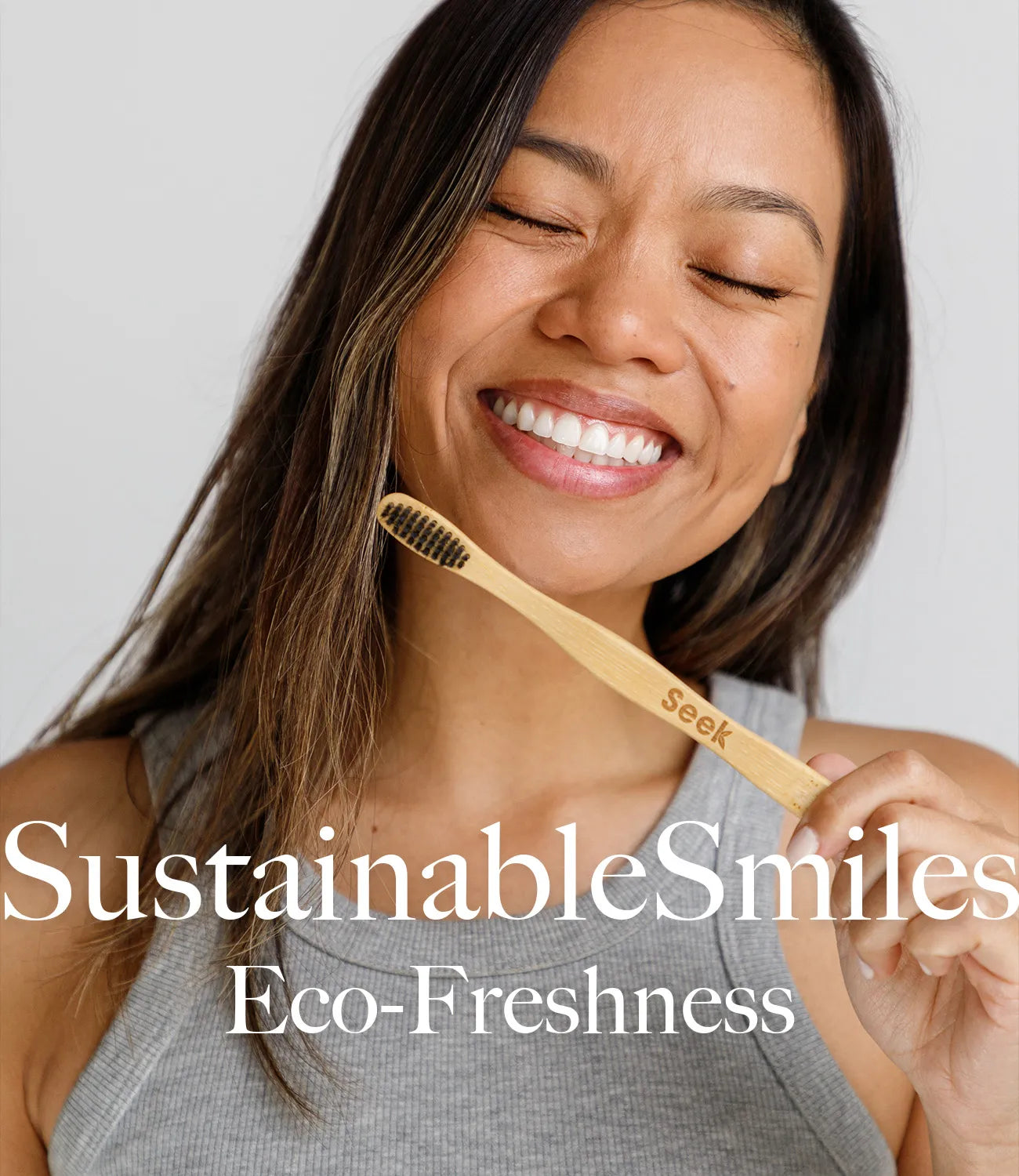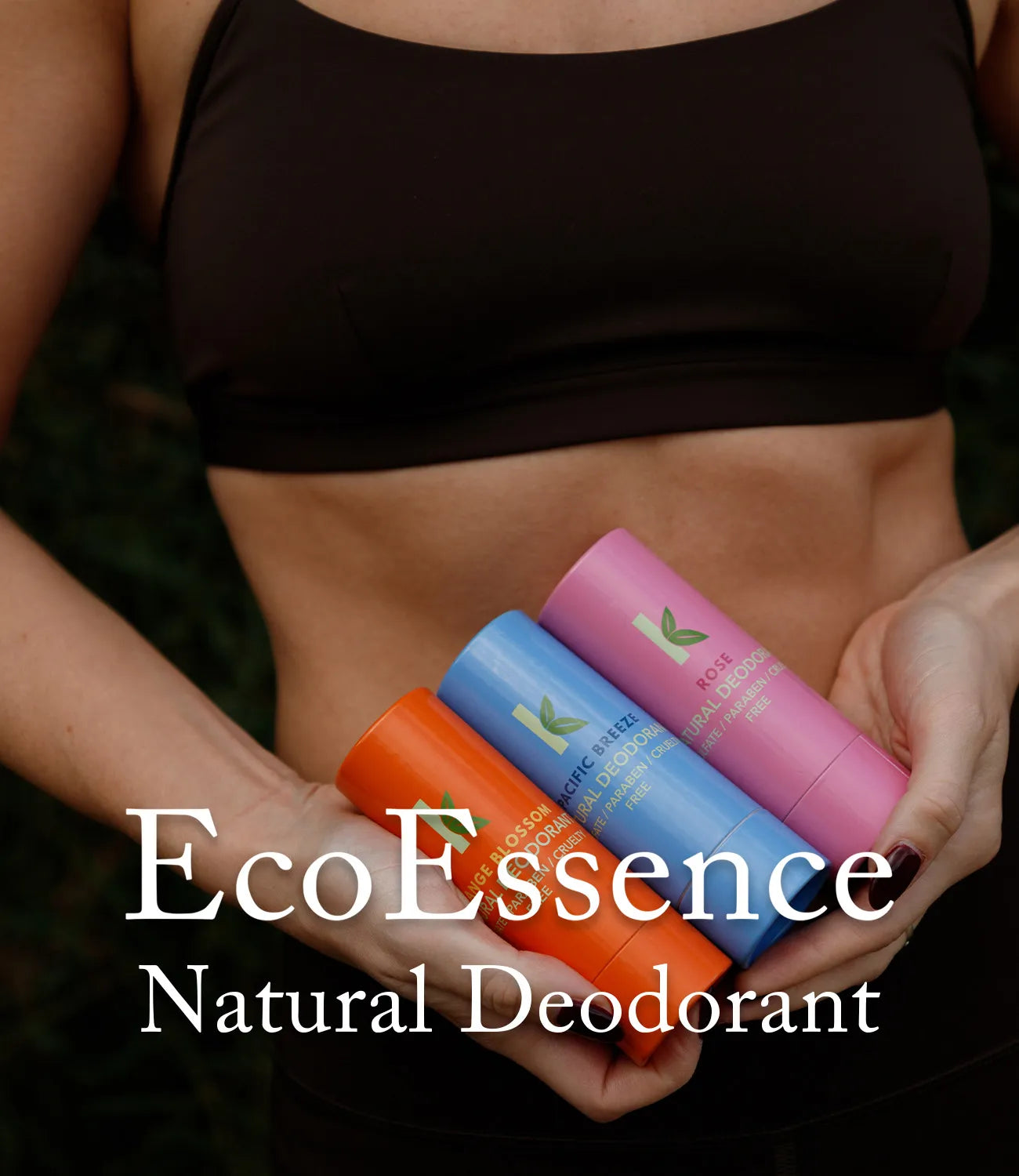Benefits of Conditioner with Shampoo Bars
When making the switch to shampoo bars, many people wonder whether a conditioner is still necessary. While shampoo bars effectively cleanse your hair, pairing them with a conditioner bar can elevate your haircare routine to the next level. Conditioner bars are specially formulated to complement the effects of shampoo bars, adding extra hydration, reducing tangles, and enhancing smoothness. Together, they create a balanced routine that’s gentle on your hair and the environment. In this post, we’ll dive into the benefits of using a conditioner bar alongside your shampoo bar and how this dynamic duo can leave your hair healthier, softer, and more manageable.
When to Use a Conditioner with a Shampoo Bar
While shampoo bars provide a thorough cleanse, certain hair types and textures benefit from the additional care that conditioner bars provide. Understanding your hair’s unique needs can help you determine when a conditioner is essential for achieving healthy, manageable hair.
Dry or Frizzy Hair
Shampoo bars often have a lower pH than liquid shampoos, which can sometimes leave hair slightly drier. If your hair is naturally dry or prone to frizz, a conditioner bar can restore moisture, smoothing frizz and adding shine. Conditioner bars with ingredients like shea butter, coconut oil, or argan oil are particularly helpful for adding hydration without weighing down your hair.
Curly or Textured Hair
Curly and textured hair types naturally need more moisture to maintain definition and reduce tangles. Using a conditioner bar after a shampoo bar helps lock in hydration and makes detangling easier, preserving curl patterns. Conditioner bars can also help reduce shrinkage, allowing your curls or waves to appear more defined.
Fine or Thin Hair
For fine hair, the choice to use a conditioner often depends on your desired volume and texture. A lightweight conditioner bar can add softness without weighing down fine hair. Look for formulas with ingredients like jojoba oil or aloe vera, which condition lightly, adding smoothness without diminishing volume.
Color-Treated or Damaged Hair
Color-treated and damaged hair often need extra support to maintain strength and prevent breakage. A conditioner bar not only locks in moisture but also provides a protective layer, which is especially important for hair weakened by dye or heat treatments. Look for conditioning bars that contain keratin or other protein-rich ingredients to help restore strength.
Normal or Oily Hair
Even if your hair isn’t dry or damaged, a conditioner bar can add a silky, manageable finish. For oily hair types, using a conditioner bar only on the ends is often enough to nourish your hair without adding extra weight at the roots.
By matching your conditioner use to your hair type and needs, you can achieve balanced, healthy hair that looks and feels its best.
How Shampoo and Conditioner Bars Affect Scalp Health
Healthy hair starts with a healthy scalp. Shampoo and conditioner bars can be beneficial for scalp health, particularly if they’re formulated with natural ingredients that target specific scalp concerns. Let’s explore how these products work together to create a balanced environment on your scalp, helping to address common issues like dandruff, itchiness, and irritation.
Deep Cleansing Without Stripping Natural Oils
Unlike traditional shampoos, many shampoo bars are crafted with gentle, sulfate-free cleansers that effectively remove dirt and excess oil without stripping your scalp’s natural oils. This gentler approach helps maintain the scalp's natural moisture barrier, reducing the risk of dryness or irritation. For example, shampoo bars with coconut oil or aloe vera provide gentle hydration while cleansing, making them ideal for sensitive scalps.
Targeting Scalp Issues with Natural Ingredients
Certain natural ingredients in shampoo and conditioner bars can provide targeted relief for scalp concerns:
Hydrating the Scalp with Conditioner Bars
Just as conditioners moisturize the hair, they can also benefit the scalp, especially if it’s prone to dryness. Applying a small amount of conditioner bar to the scalp (only if it’s dry or irritated) can provide additional hydration and protection. Conditioner bars with ingredients like shea butter, argan oil, or jojoba oil can help soothe and soften the scalp, making it feel more comfortable and less prone to itchiness.
Promoting a Balanced Scalp Environment
Using both shampoo and conditioner bars creates a balanced routine that cleanses, hydrates, and protects the scalp. Shampoo bars focus on removing impurities, while conditioner bars lock in moisture and provide an extra layer of nourishment. This balance helps to keep the scalp environment healthy, which is key for both reducing common scalp issues and encouraging stronger hair growth.
Reducing Irritation with Fewer Chemicals
Shampoo and conditioner bars often contain fewer synthetic ingredients compared to liquid alternatives. By avoiding harsh chemicals like sulfates, parabens, and artificial fragrances, these bars are gentler on the scalp. This can be particularly beneficial for those with sensitive or reactive skin, as the risk of irritation is minimized.
Consistency is Key for Long-Term Scalp Health
For best results, maintaining a consistent routine with both shampoo and conditioner bars can lead to healthier scalp conditions over time. Regular use of natural, nourishing ingredients helps create an environment that reduces issues like itchiness and dryness while promoting overall scalp health.
With the right shampoo and conditioner bars, you’re not just cleansing and conditioning your hair—you’re caring for your scalp, creating the ideal foundation for healthy, resilient hair growth.
Common Misconceptions About Shampoo Bars and Conditioner
As shampoo bars grow in popularity, so do the myths surrounding them, particularly when it comes to conditioning. Here, we’ll clarify some common misconceptions to help you get the best results from your haircare routine.
“Shampoo Bars Don’t Need a Conditioner”
A common belief is that shampoo bars provide enough conditioning on their own, eliminating the need for a separate conditioner. While some shampoo bars contain moisturizing ingredients, they primarily function to cleanse the hair and scalp. Skipping conditioner can leave hair feeling dry, frizzy, or difficult to manage, especially for certain hair types. A conditioner bar complements the shampoo by adding extra moisture, smoothness, and protection, enhancing the overall health and appearance of your hair.
“All Hair Types Can Skip Conditioner”
Some think that all hair types can do without conditioner after using a shampoo bar, but this isn’t the case. Different hair types have unique needs:
“Conditioner Bars Leave a Waxy Residue”
Another misconception is that conditioner bars leave a waxy buildup on the hair. This typically happens if the bar isn’t used correctly or if it contains heavy oils that don’t rinse out easily. When used in moderation and rinsed well, most quality conditioner bars won’t leave any residue. Look for bars with lightweight oils or natural emollients to avoid this issue, and apply the bar sparingly to avoid over-conditioning.
“You Can Only Use Conditioner Bars on the Ends of Your Hair”
While applying conditioner primarily to the ends is recommended for many people, there are cases where a light application on the scalp can be beneficial. If your scalp is dry or sensitive, applying a small amount of conditioner bar can help soothe and hydrate it. However, for oily or normal scalps, applying conditioner only to the mid-lengths and ends is generally best.
“Shampoo and Conditioner Bars Are Only for Travel or Zero-Waste Fans”
Although shampoo and conditioner bars are popular among those who want to reduce plastic waste, they’re highly versatile and effective for anyone looking for quality haircare. These bars are packed with nourishing ingredients and can offer the same, if not better, results than liquid alternatives. They’re suitable for everyday use and can be adapted to fit any haircare routine, regardless of your environmental goals.
“Shampoo Bars Work Like Soap Bars”
Another misconception is that shampoo bars are like soap bars for your hair. In reality, most shampoo bars are formulated with hair-friendly ingredients, such as gentle surfactants derived from coconut or other natural sources, unlike the harsher agents found in body soaps. Because they’re specifically made for hair, shampoo bars are designed to clean without stripping the scalp or hair of essential moisture.
“Conditioner Bars Are Difficult to Use”
Some people assume conditioner bars are hard to use or don’t work as well as liquid conditioners. However, once you know how to apply them, conditioner bars can be incredibly effective. Simply warm the bar in your hands or apply it directly to your hair for an even application. Most people find they get used to the bar format quickly and appreciate the concentrated formula, which often lasts longer than traditional conditioners.
Dispelling these myths can help you better understand how to use shampoo and conditioner bars effectively, ensuring you’re getting the full benefits for your hair type and care needs.
Environmental Impact of Shampoo and Conditioner Bars
Shampoo and conditioner bars offer a powerful way to reduce environmental impact, particularly when they are plastic-free, biodegradable, and sustainably sourced. Here’s a closer look at how switching to these bars benefits the planet and promotes a more eco-conscious lifestyle.
Reducing Plastic Waste
Traditional liquid shampoos and conditioners are typically packaged in plastic bottles, contributing significantly to global plastic waste. Shampoo and conditioner bars eliminate the need for plastic altogether, usually coming in minimal or compostable packaging. By using plastic-free bars, you’re reducing single-use plastic consumption, which helps prevent plastic pollution in oceans, waterways, and landfills.
Biodegradable Ingredients and Formulas
Unlike many conventional haircare products that contain non-biodegradable chemicals (such as silicones and parabens), eco-friendly shampoo and conditioner bars are formulated with biodegradable ingredients. This means that once rinsed away, these ingredients break down naturally in the environment, causing no harm to aquatic life or ecosystems. With biodegradable bars, you can be confident that your personal care routine is lessening your ecological footprint.
Sustainably Sourced Ingredients
Sustainable sourcing practices are essential for minimizing environmental impact. Many shampoo and conditioner bars are crafted with responsibly sourced ingredients, such as plant-based oils, essential oils, and botanical extracts. By choosing bars made with sustainably harvested ingredients, you’re supporting ethical farming practices that protect biodiversity and reduce deforestation, helping to conserve natural resources.
Lower Carbon Footprint from Transportation
Because shampoo and conditioner bars are compact and lightweight, they have a lower carbon footprint during shipping compared to their liquid counterparts, which are bulkier and heavier due to their water content. This compact design also means fewer resources are needed for production and packaging, further reducing greenhouse gas emissions.
Water Conservation
Shampoo and conditioner bars are concentrated, containing little to no water, unlike traditional liquid products that often contain 60-80% water. By choosing bars, you’re supporting water conservation efforts and reducing the energy required for product manufacturing and transportation. Plus, because they’re highly concentrated, shampoo and conditioner bars last longer, meaning you’re getting more use out of each bar.
Compostable or Recyclable Packaging
Many eco-conscious shampoo and conditioner bars come in fully compostable or recyclable packaging, avoiding plastic altogether. Compostable packaging can break down naturally without leaving microplastics behind, and recyclable options contribute to the circular economy by being reused instead of discarded. These packaging choices help minimize waste and promote a more sustainable consumption model.
Promoting a Zero-Waste Lifestyle
Shampoo and conditioner bars align with the values of a zero-waste lifestyle, encouraging consumers to rethink their personal care choices. By using solid bars, you’re participating in a movement towards reducing waste, conserving resources, and making sustainable, mindful choices in your daily routine.
In summary, choosing plastic-free, biodegradable, and sustainably sourced shampoo and conditioner bars supports a healthier planet. This small change in your routine can make a significant difference, helping to reduce plastic pollution, conserve resources, and promote a more eco-friendly approach to personal care.



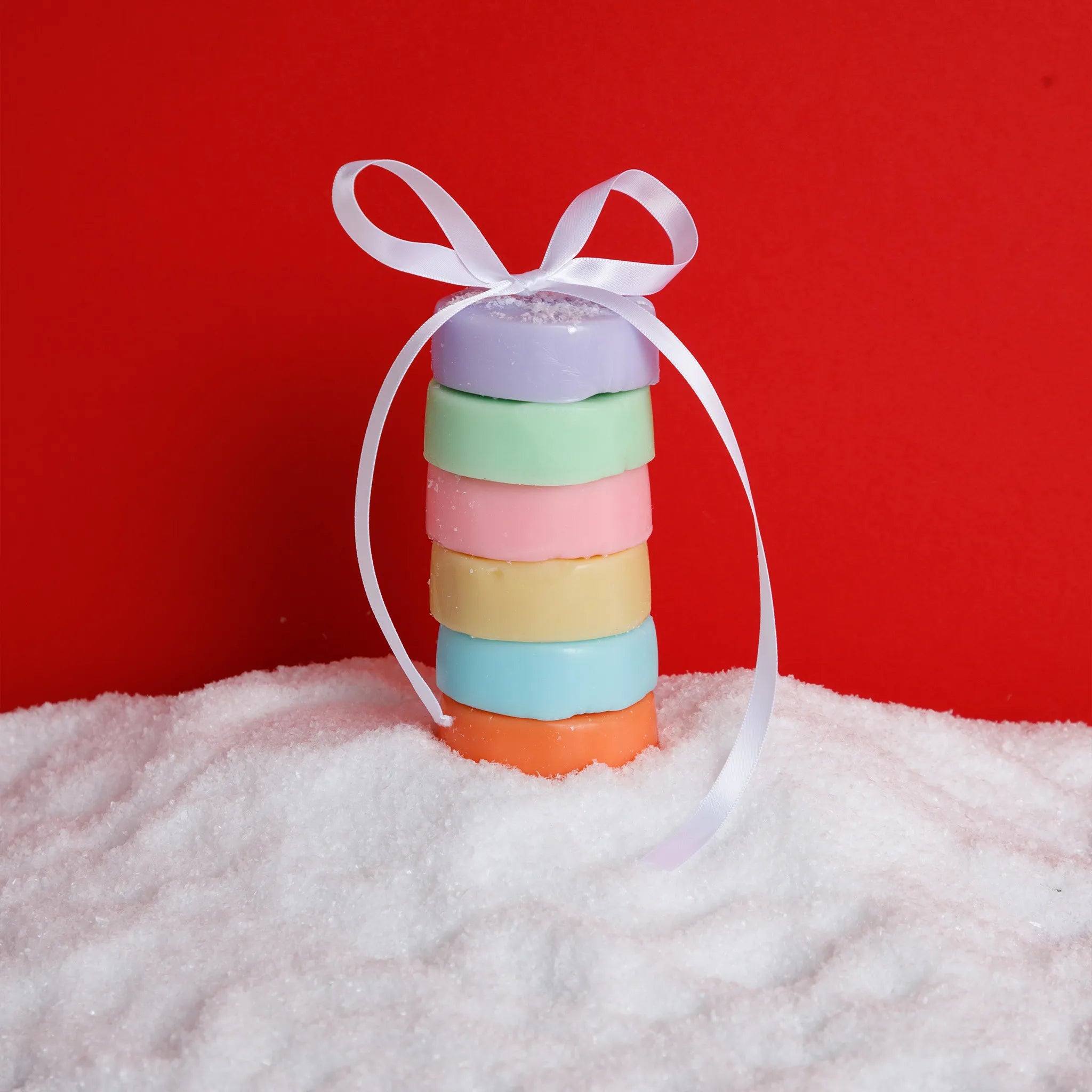
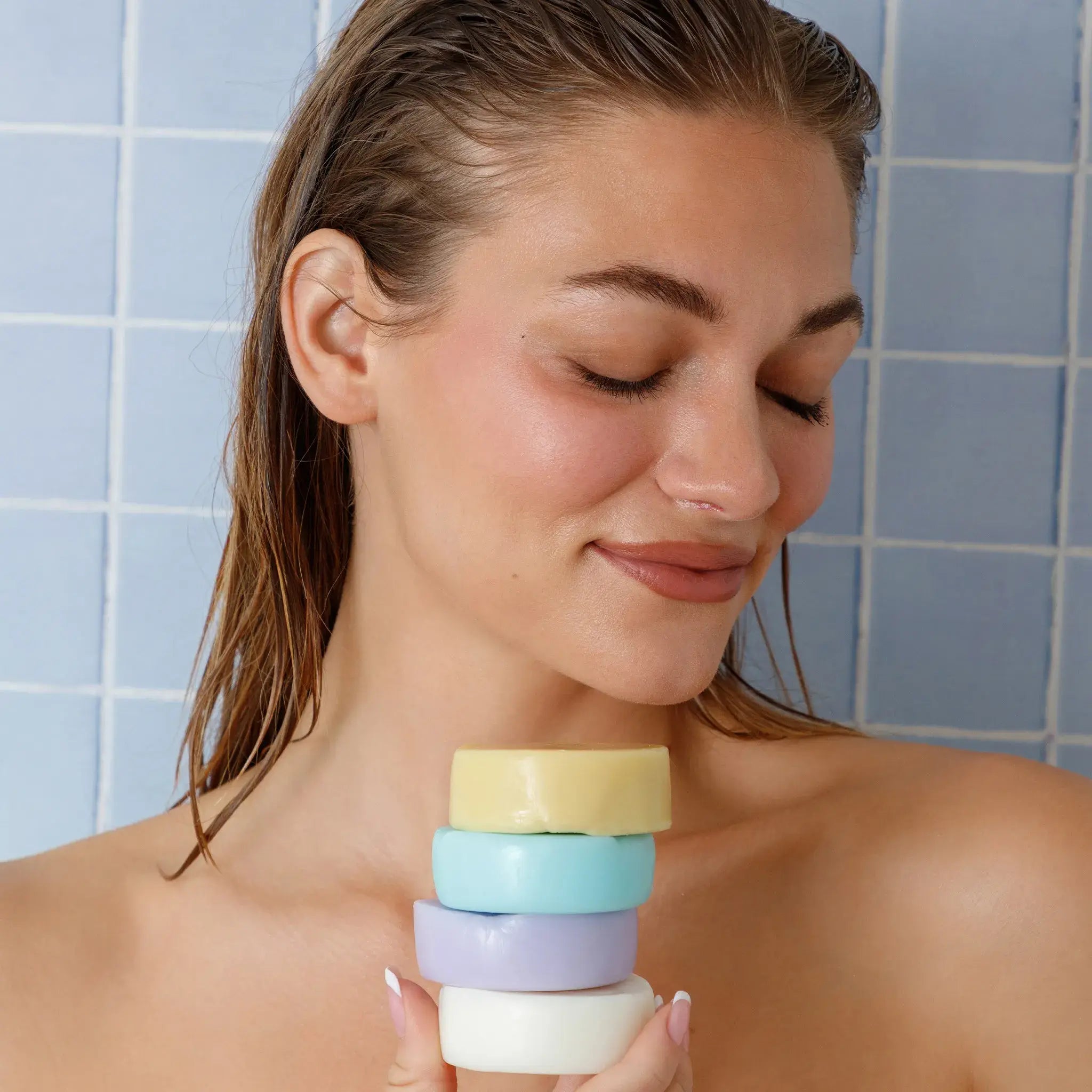
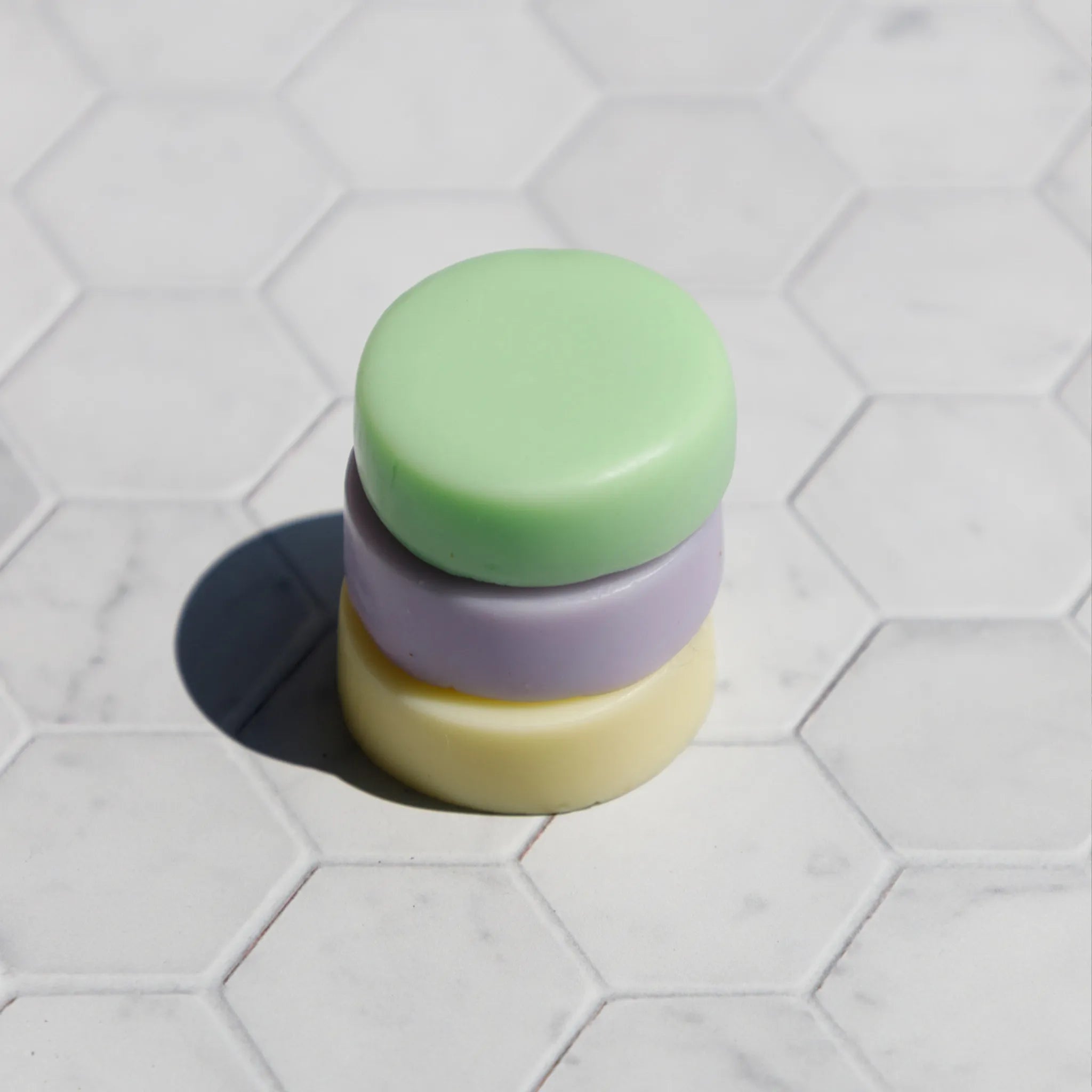
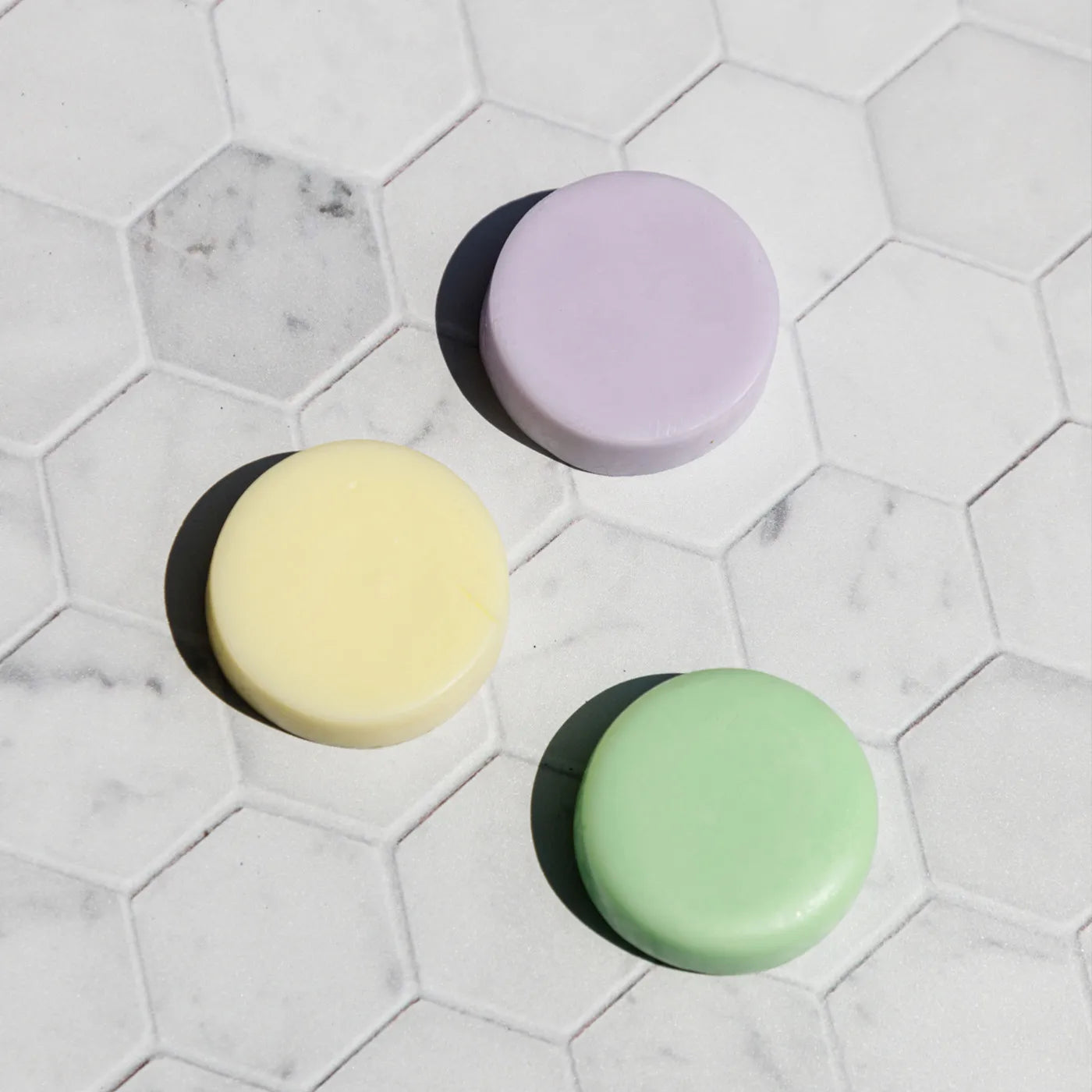
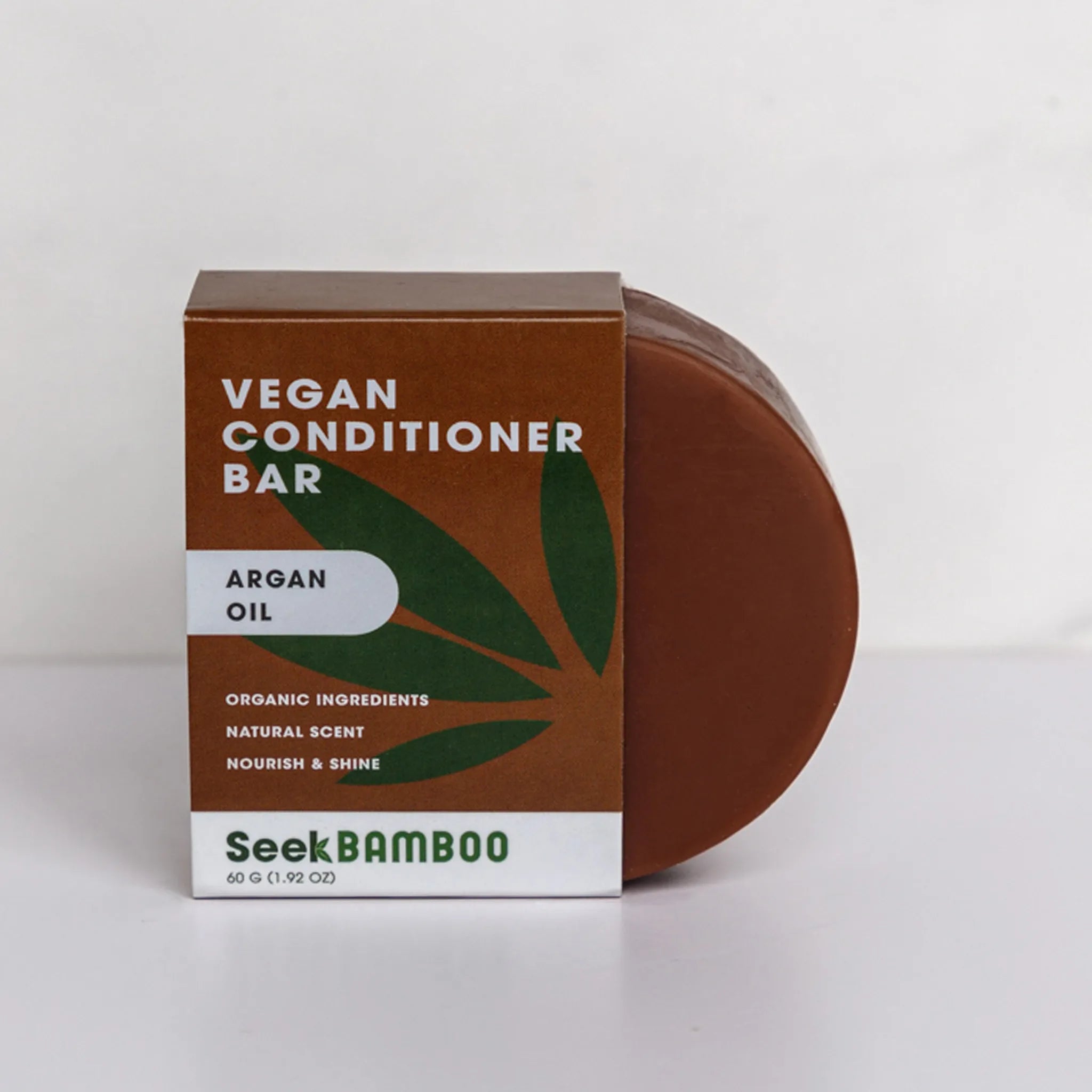
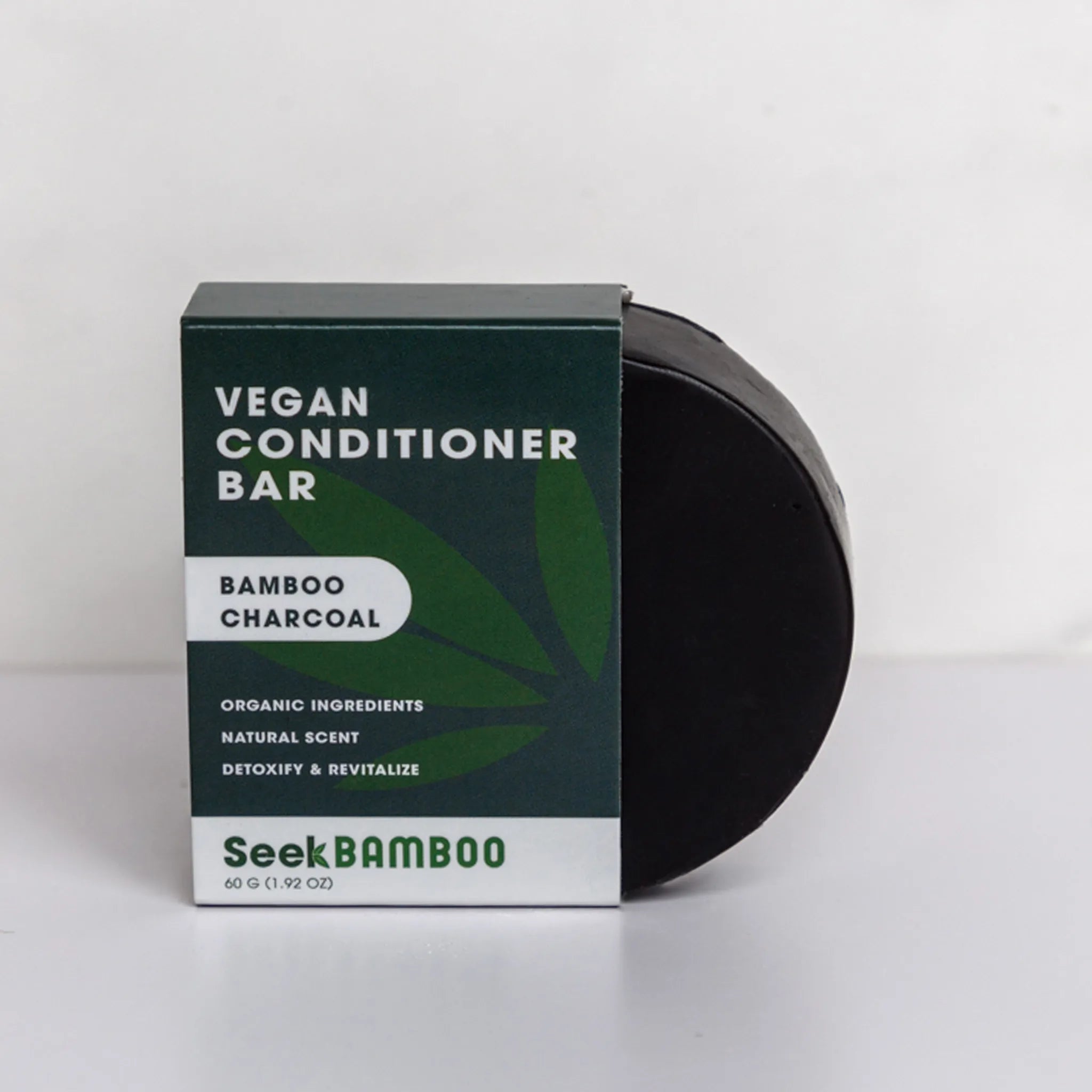
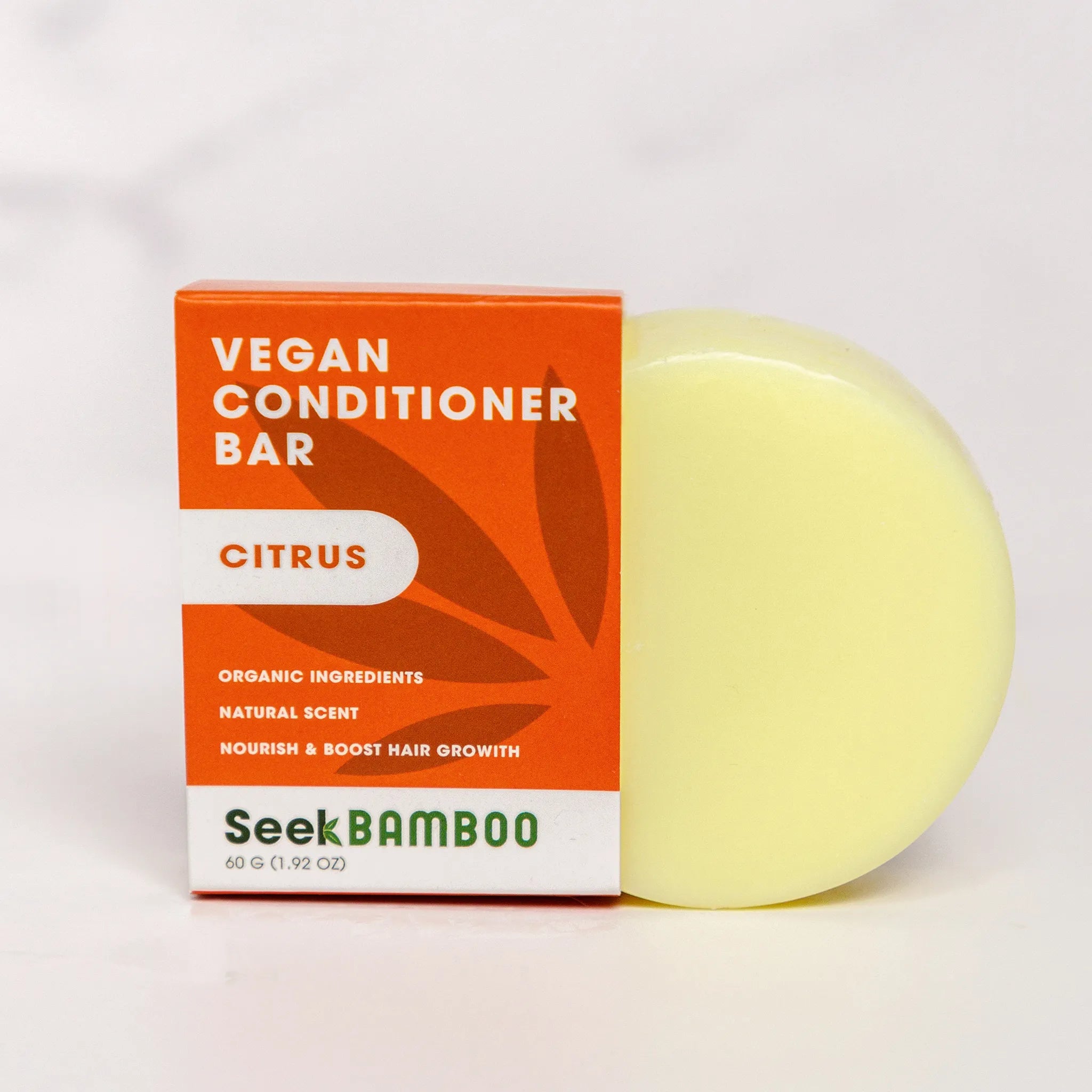
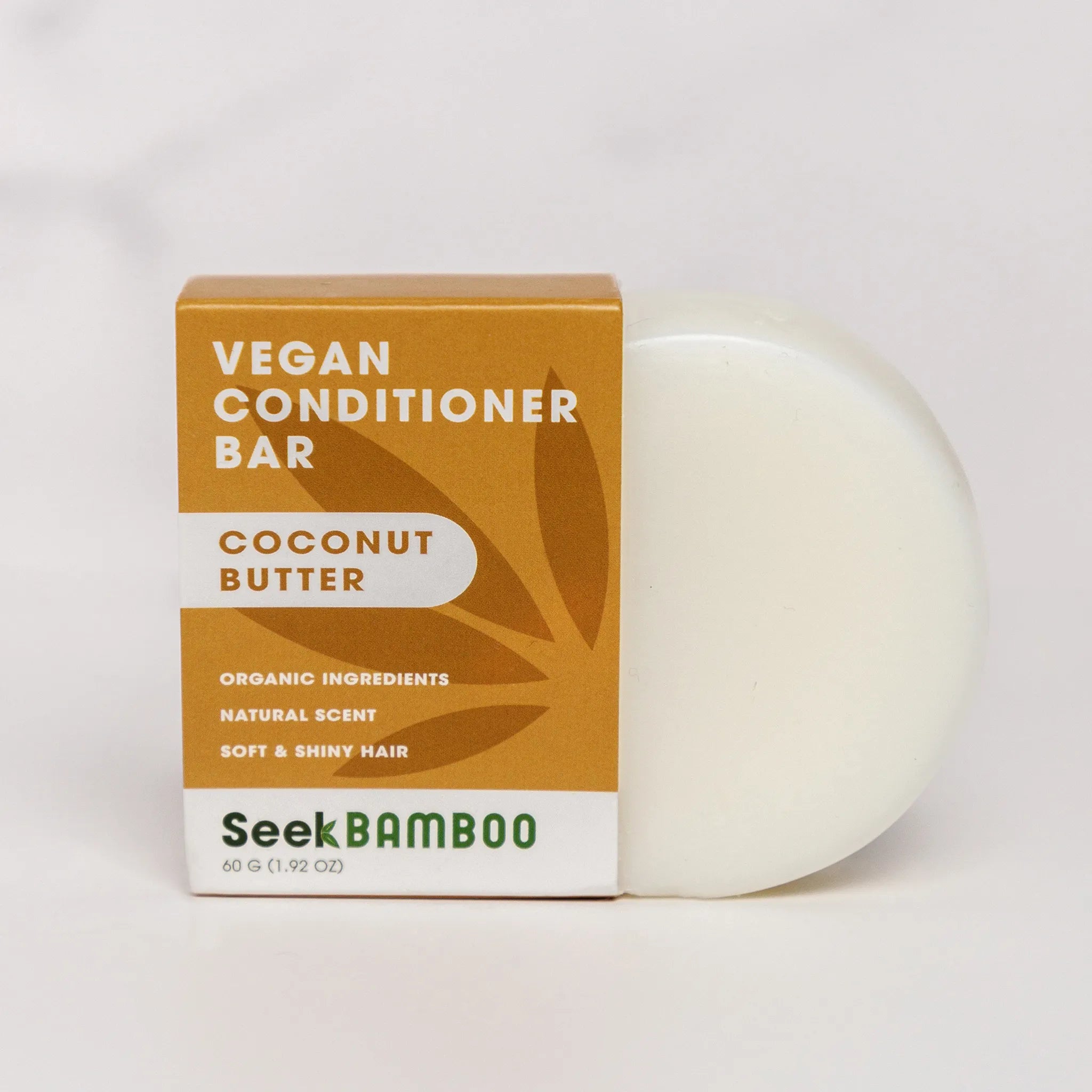
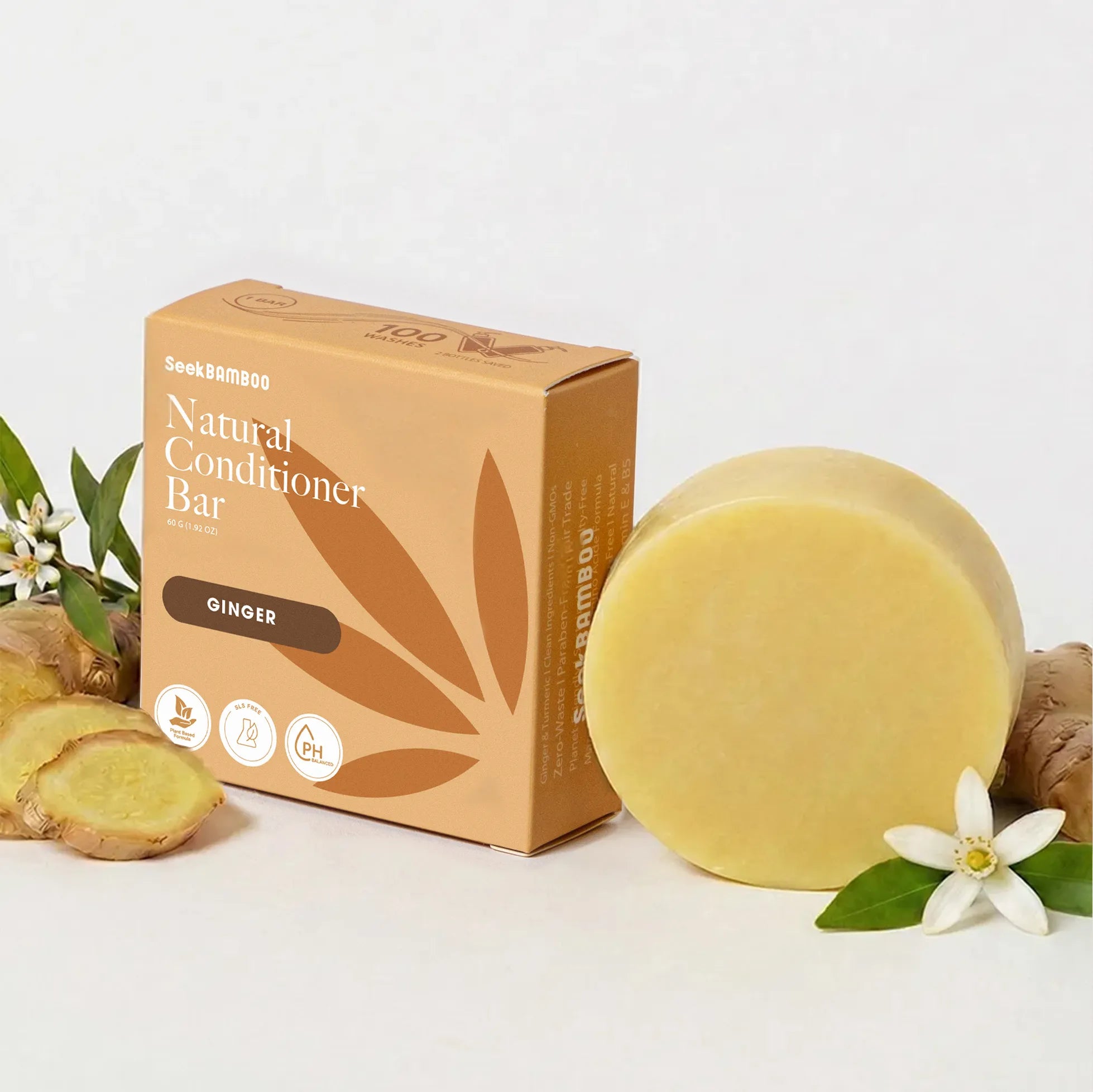
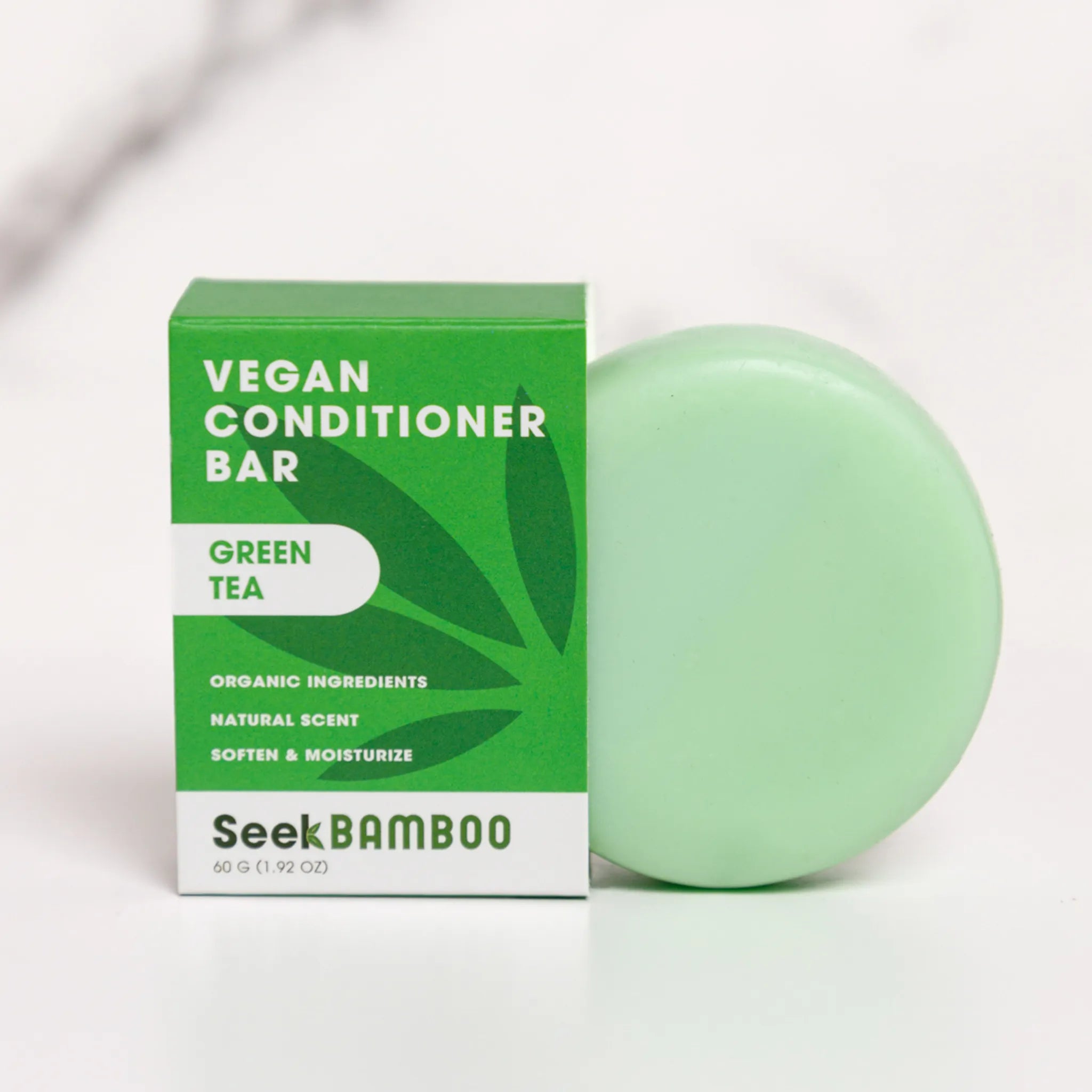
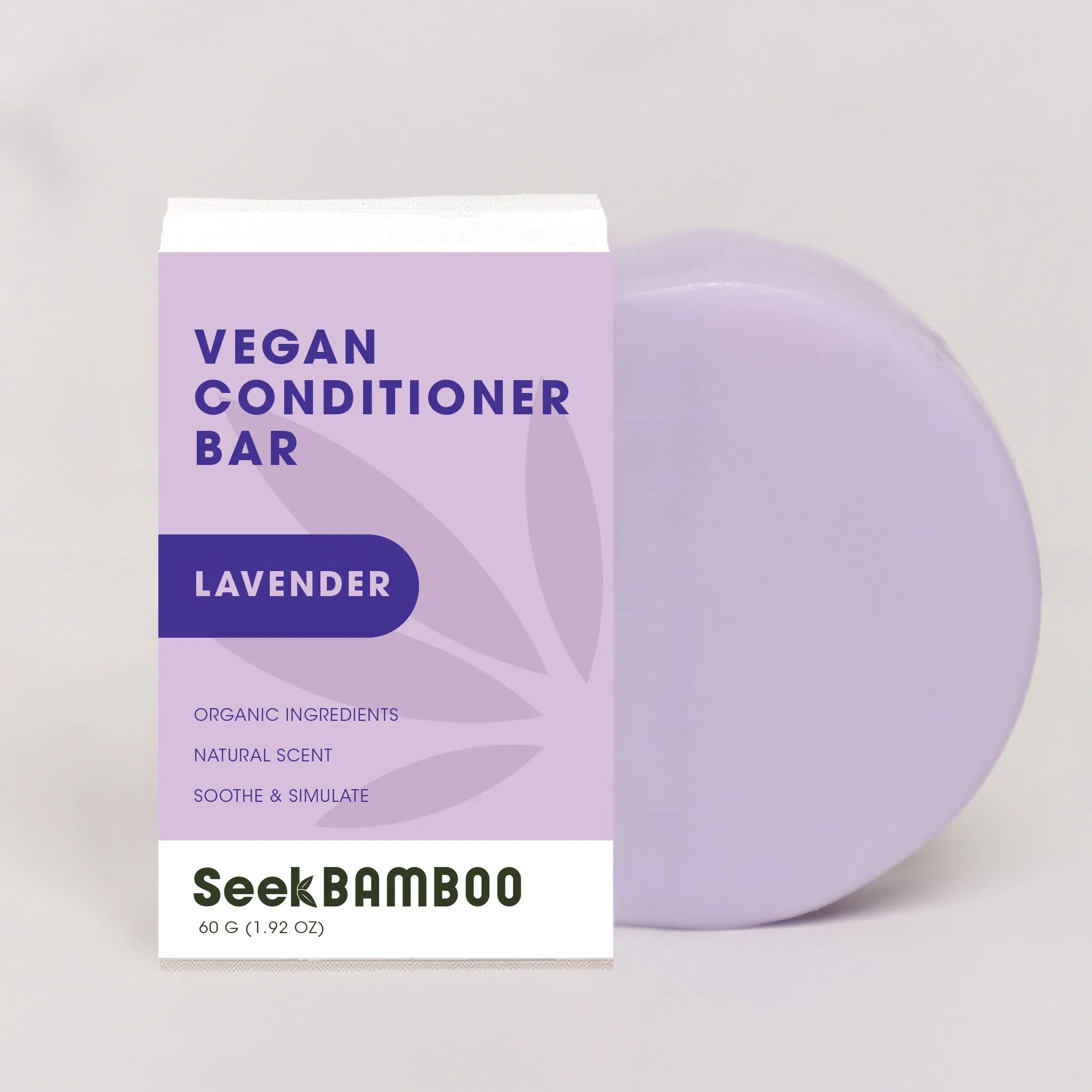
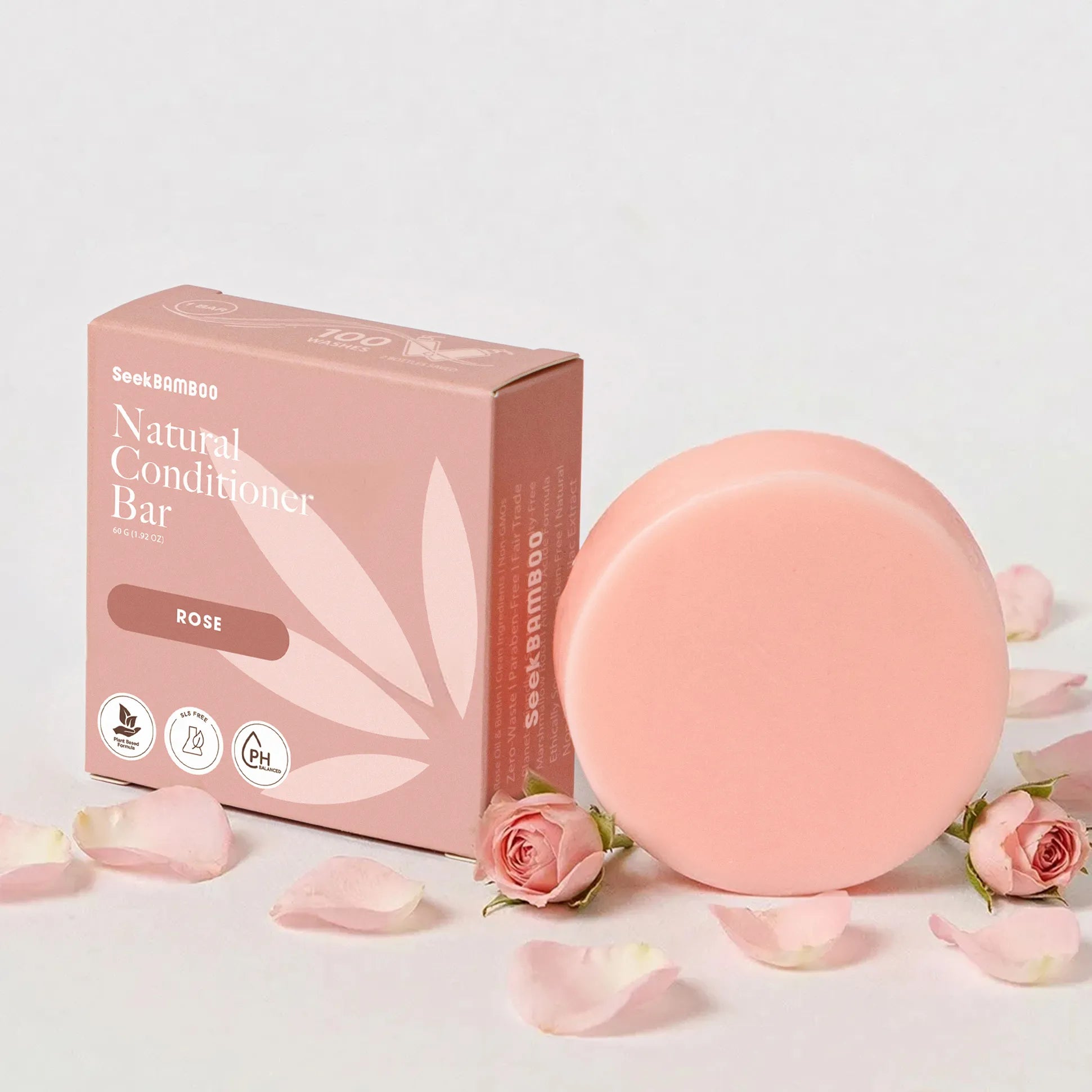
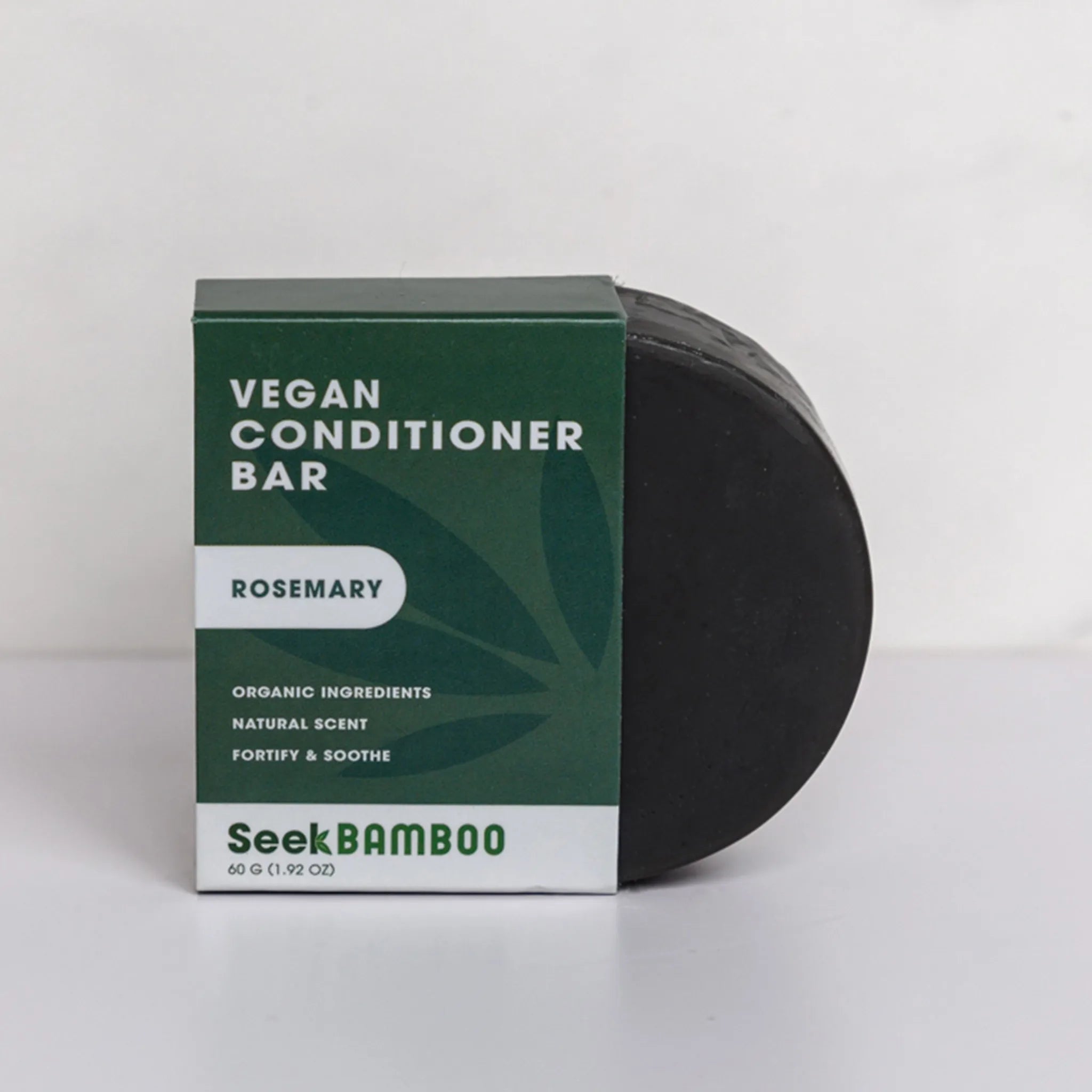
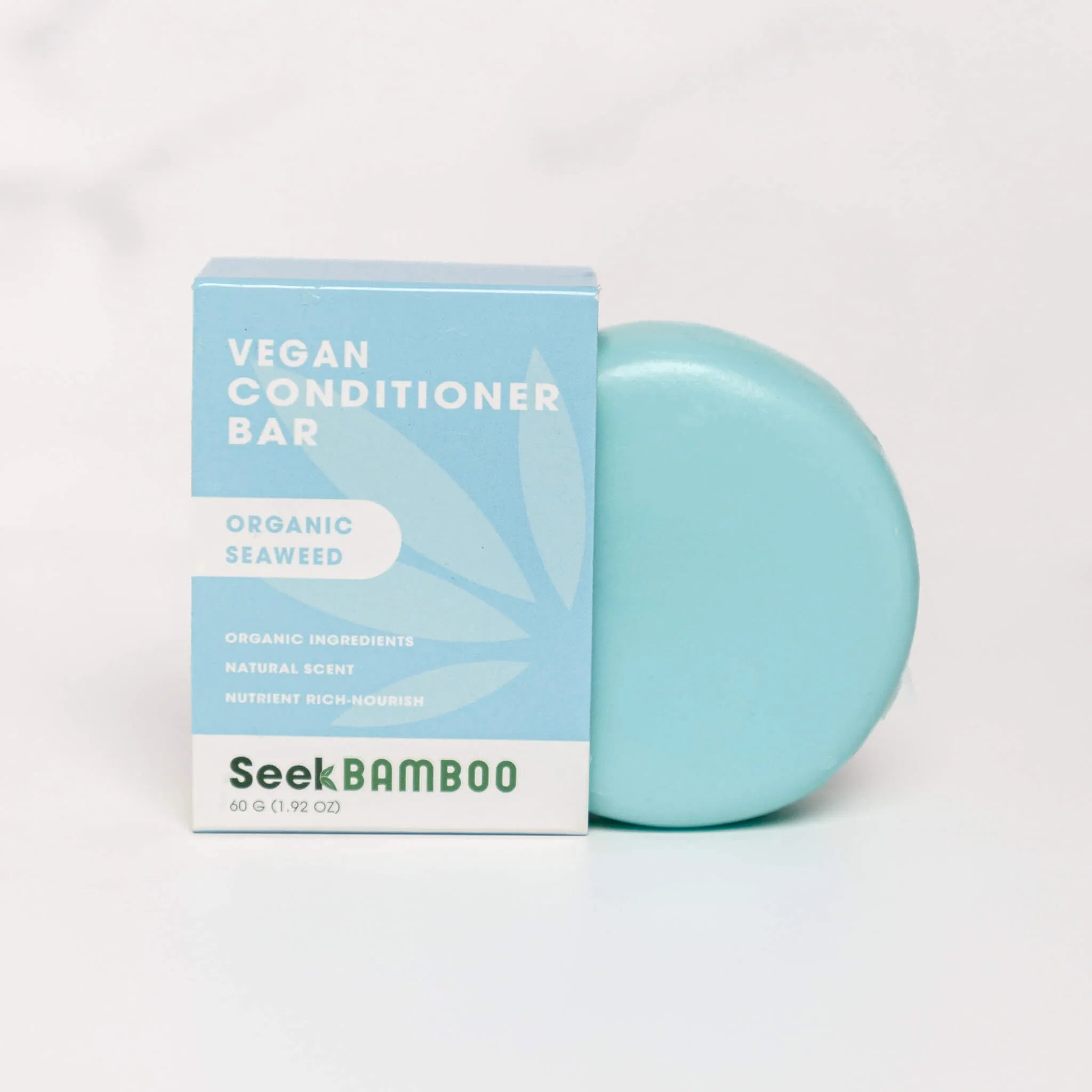
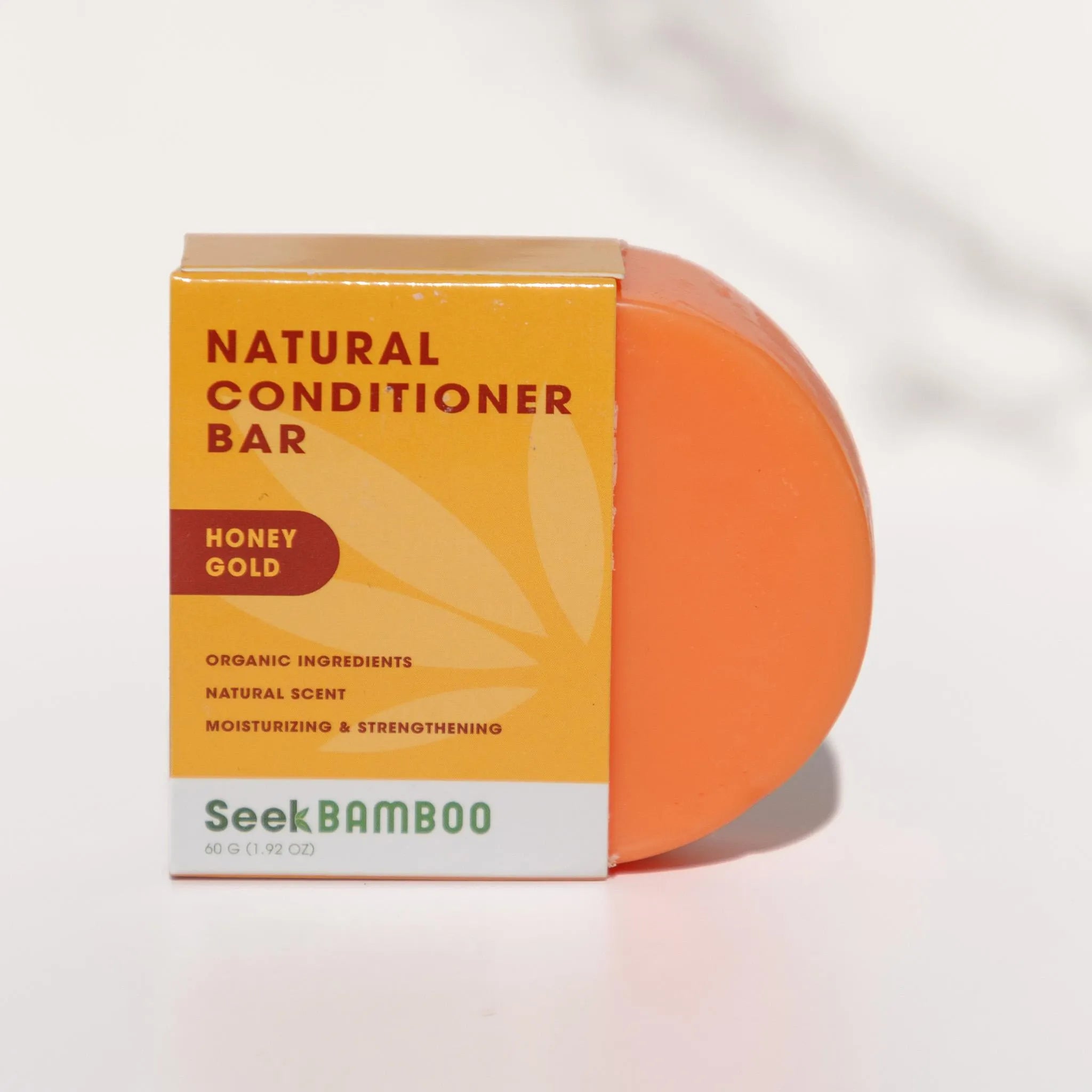
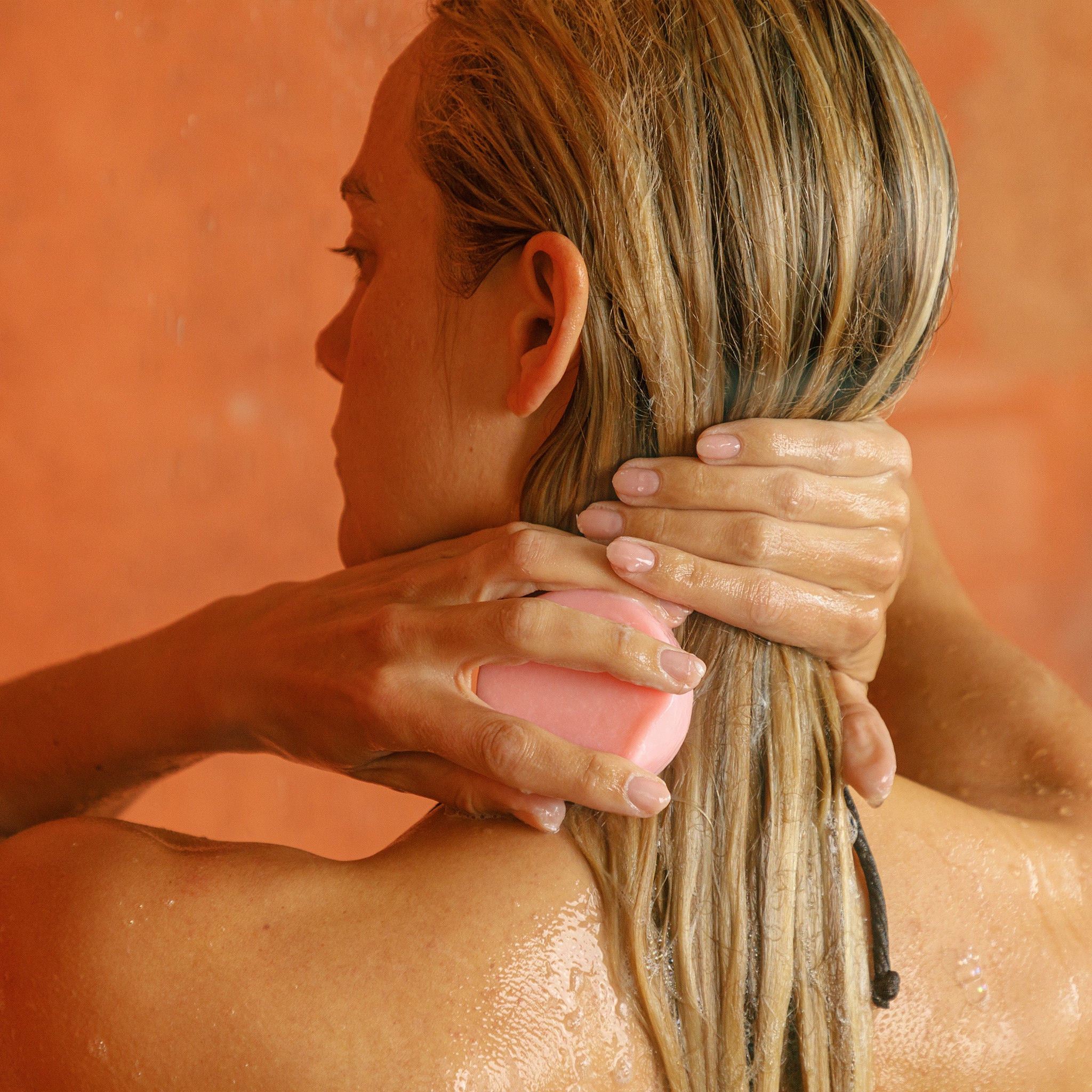
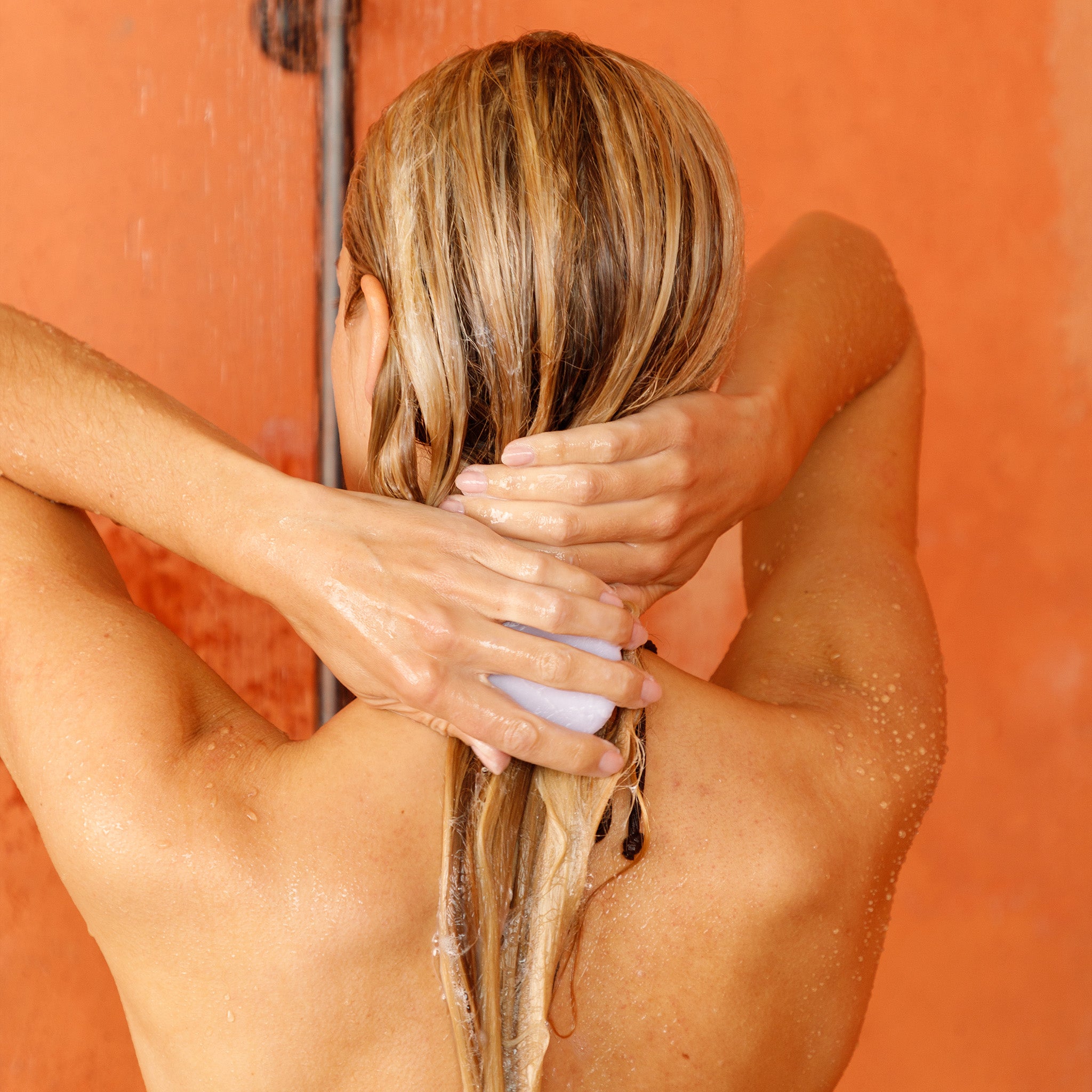
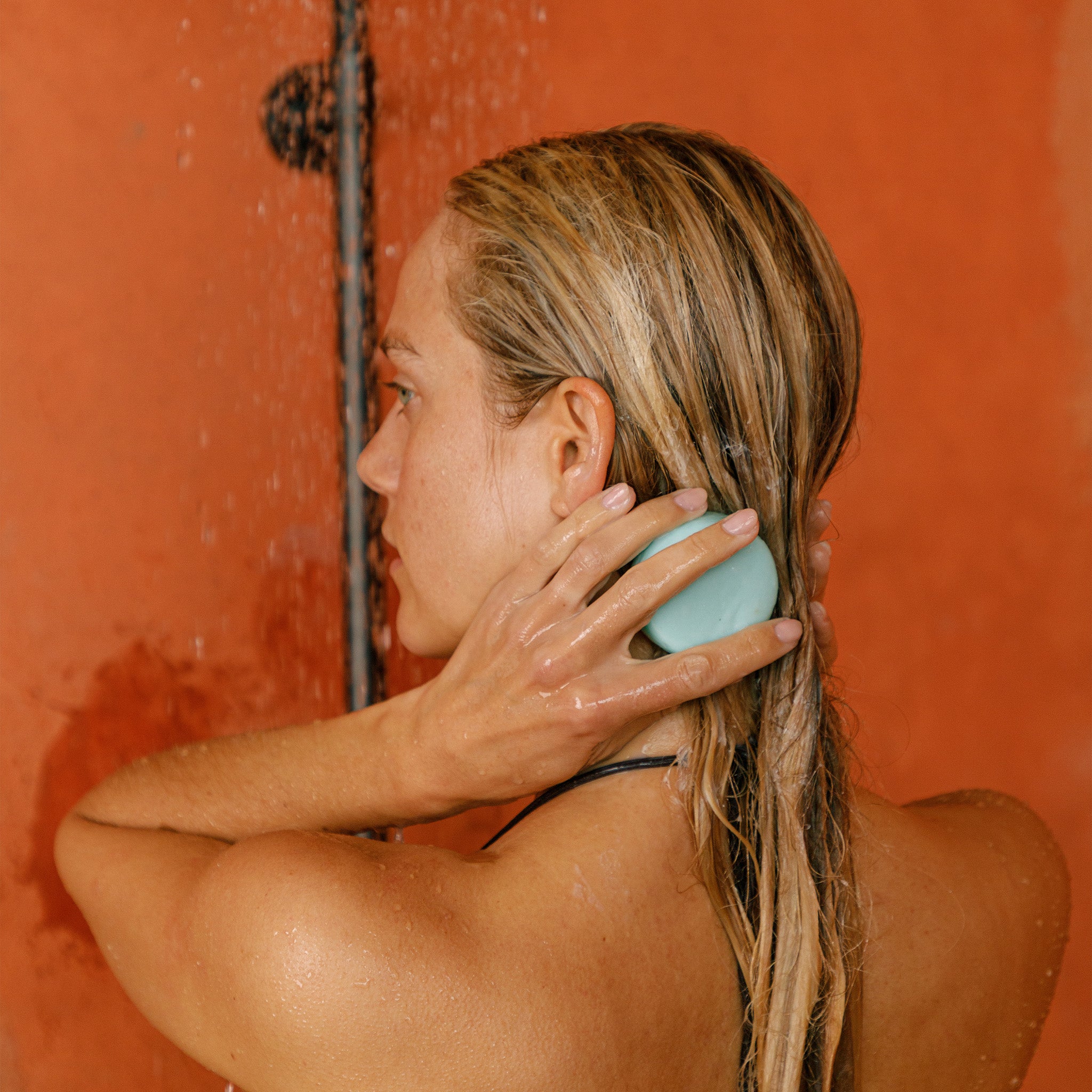
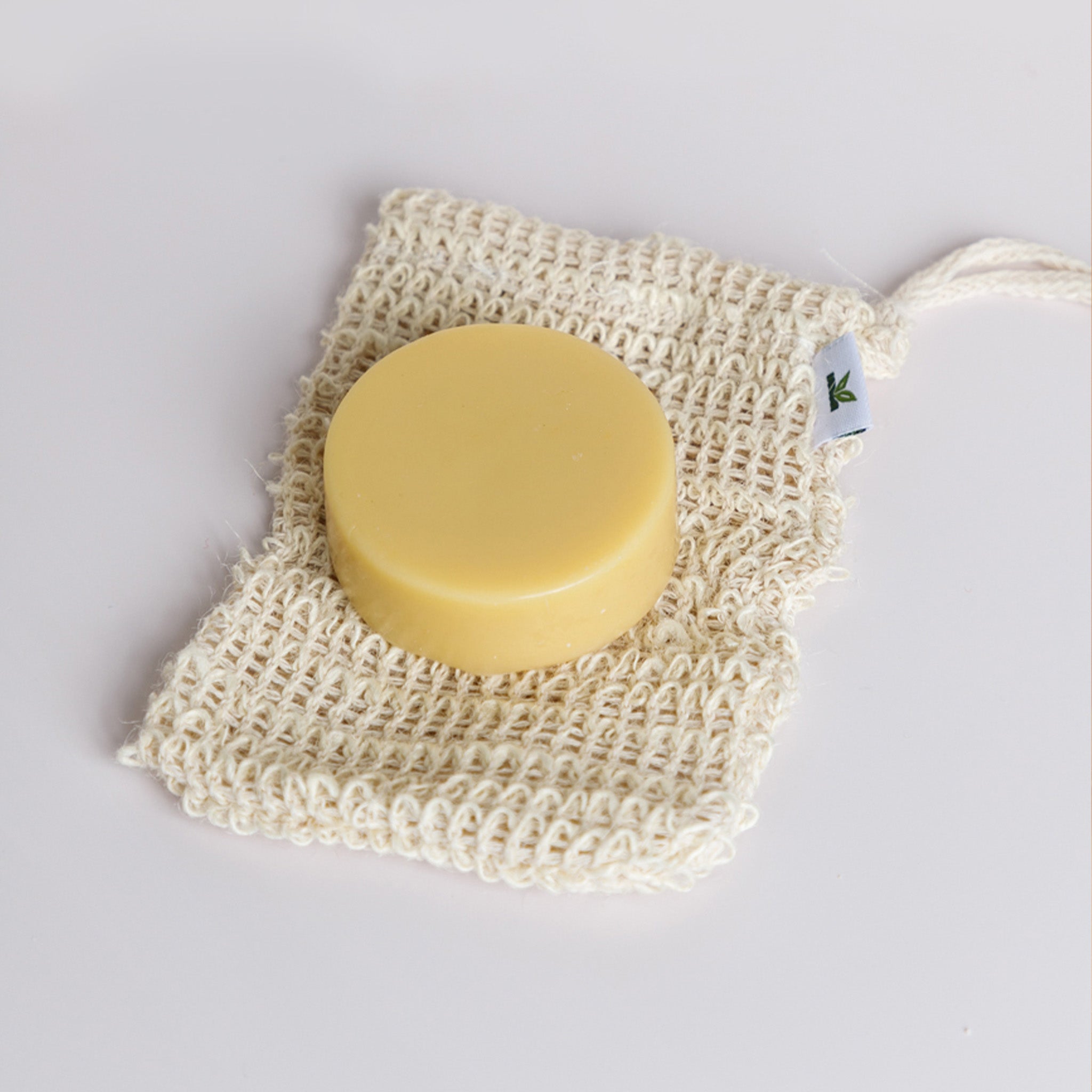
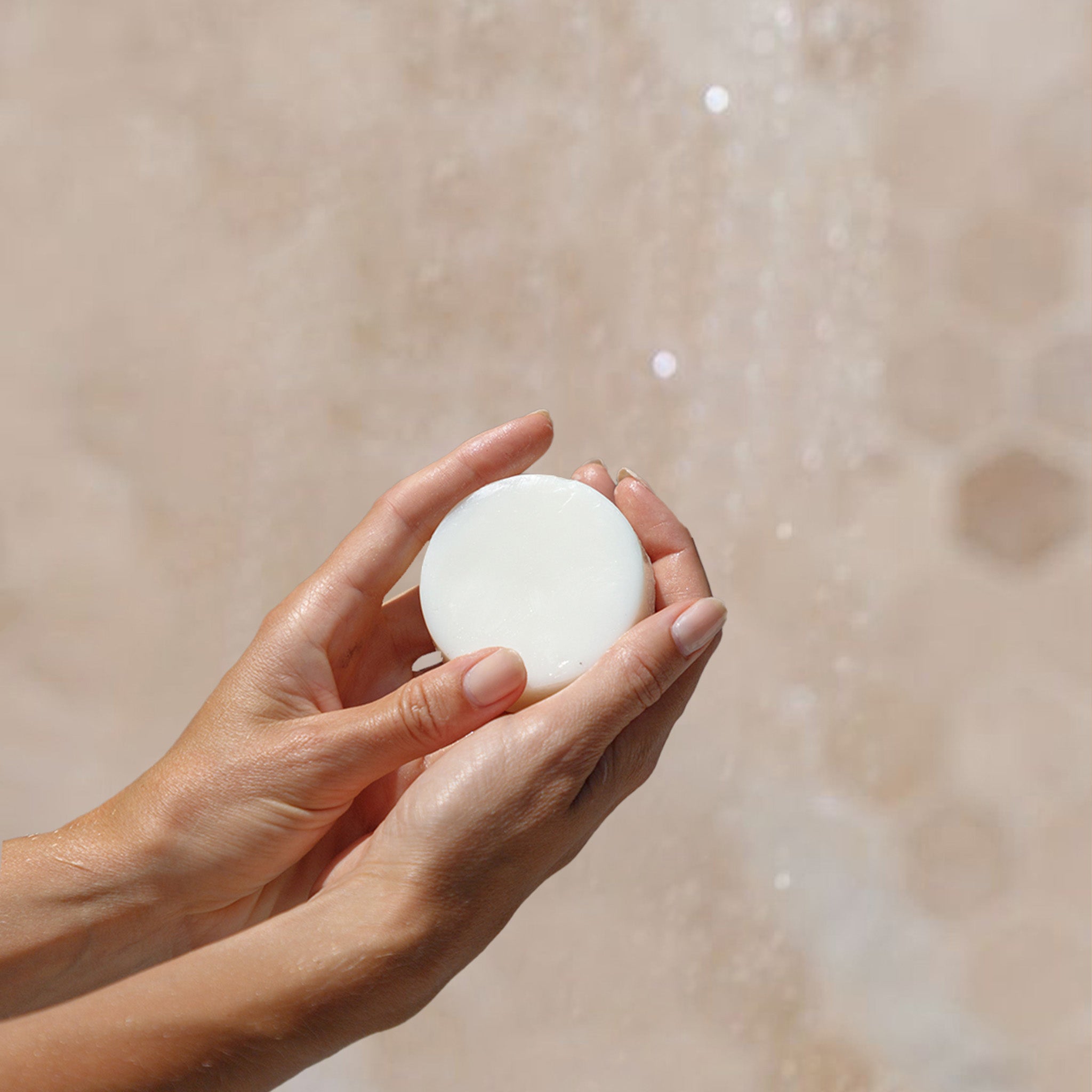
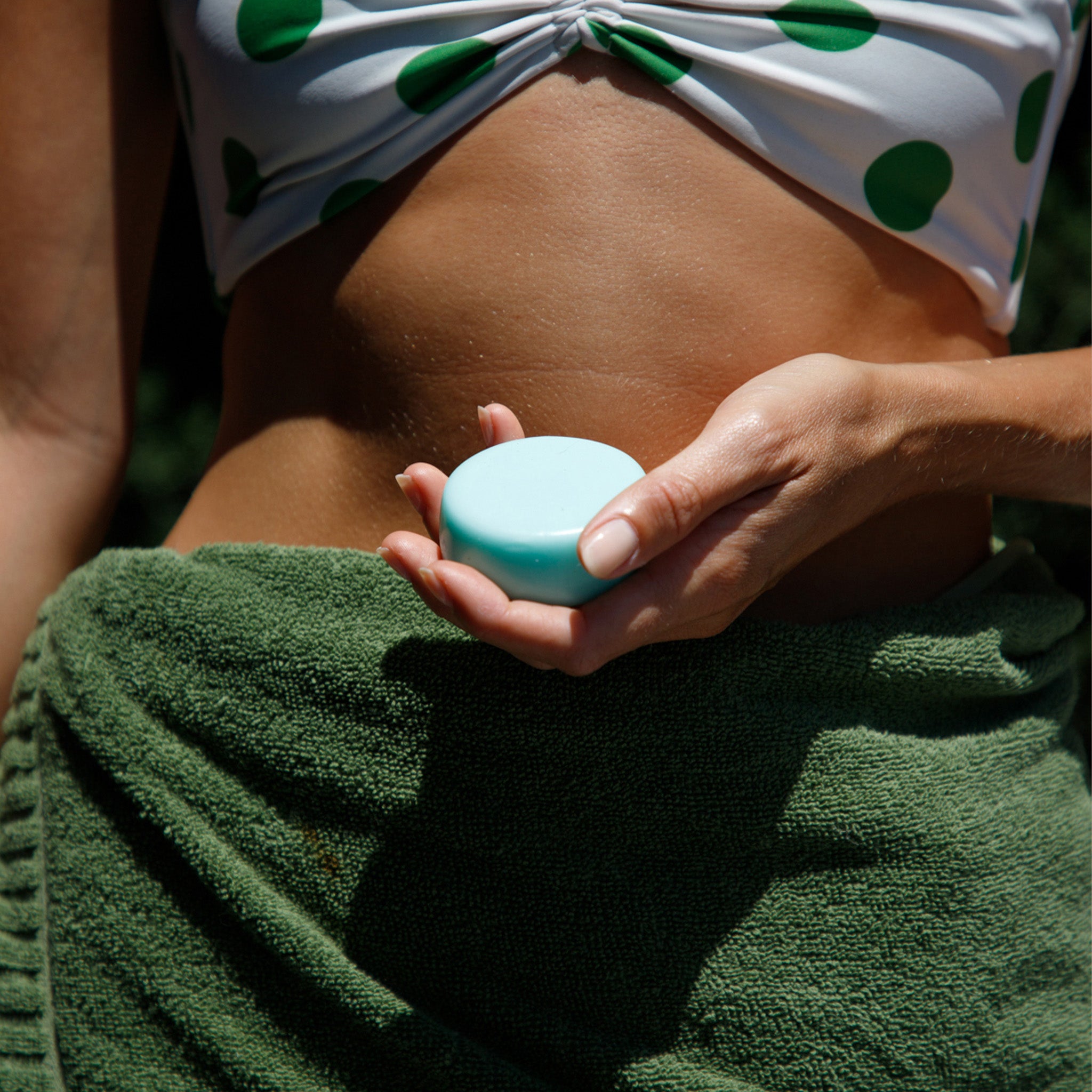
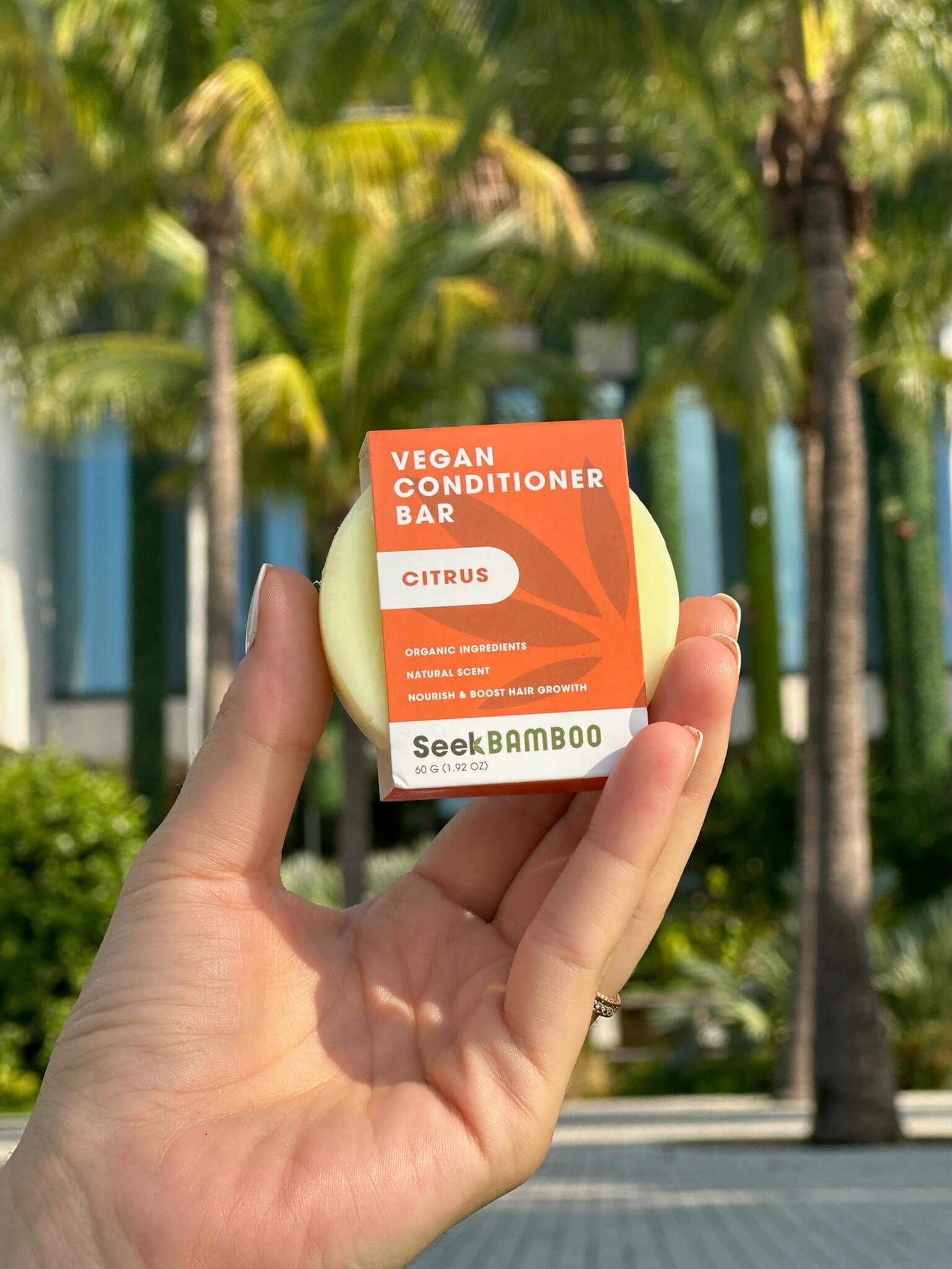
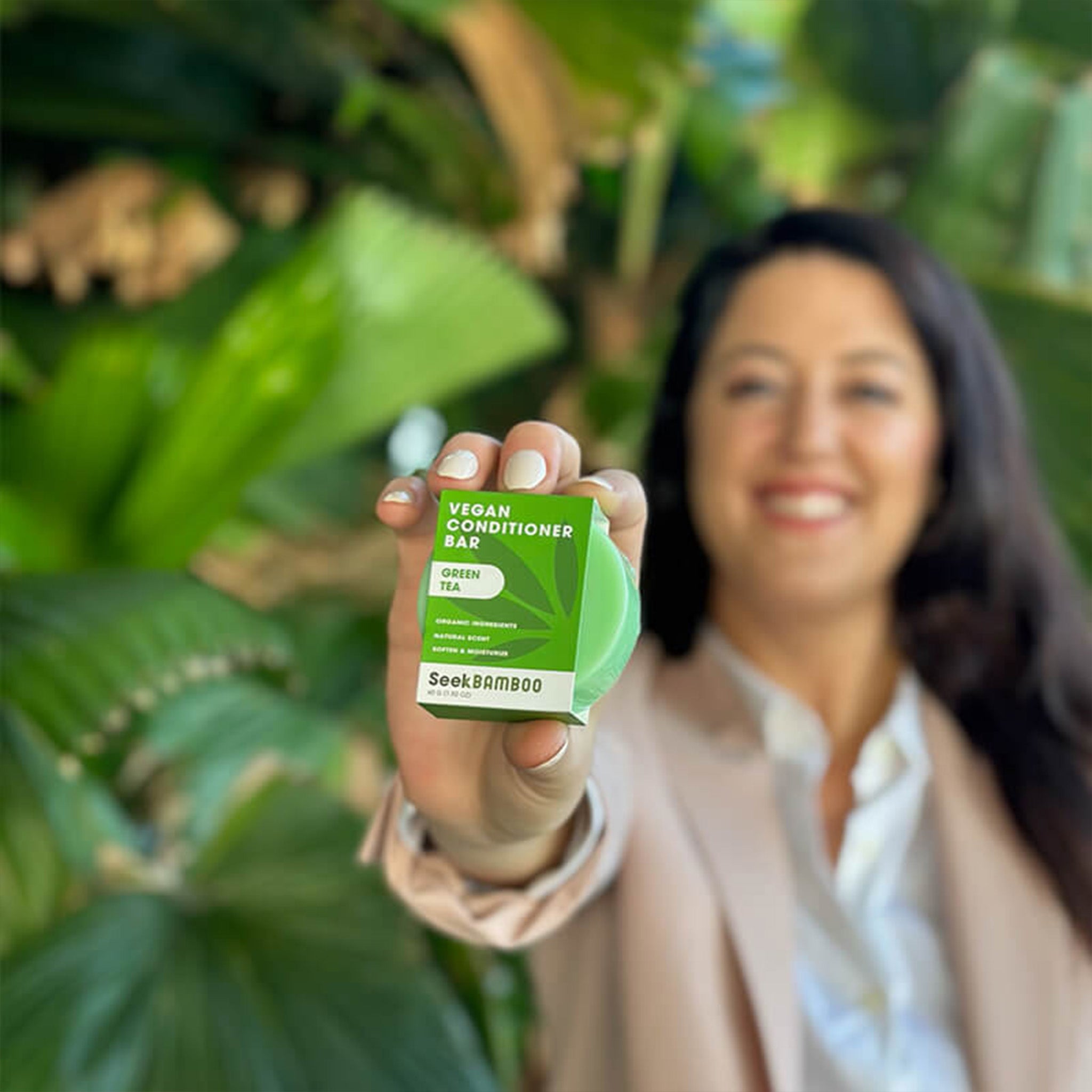
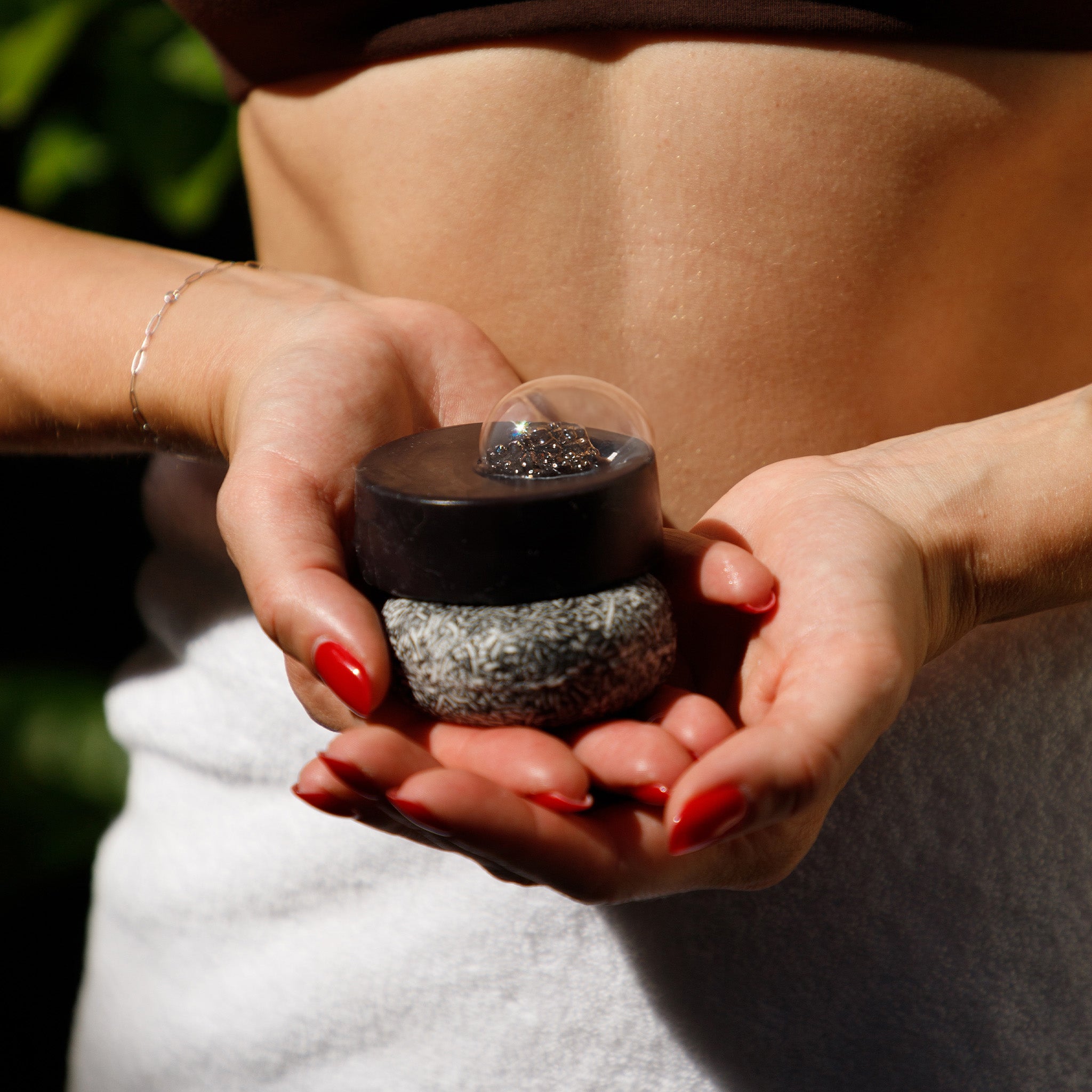
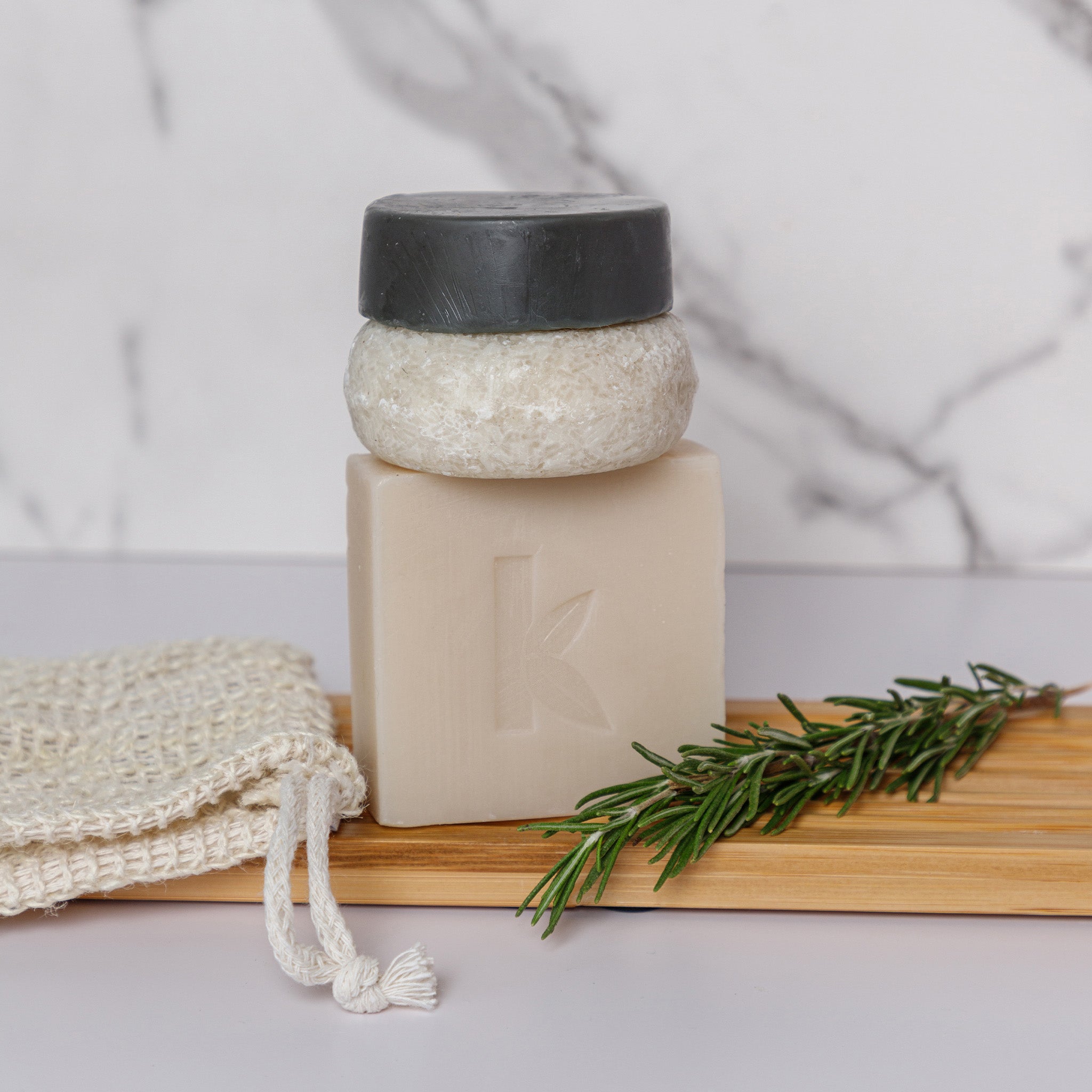
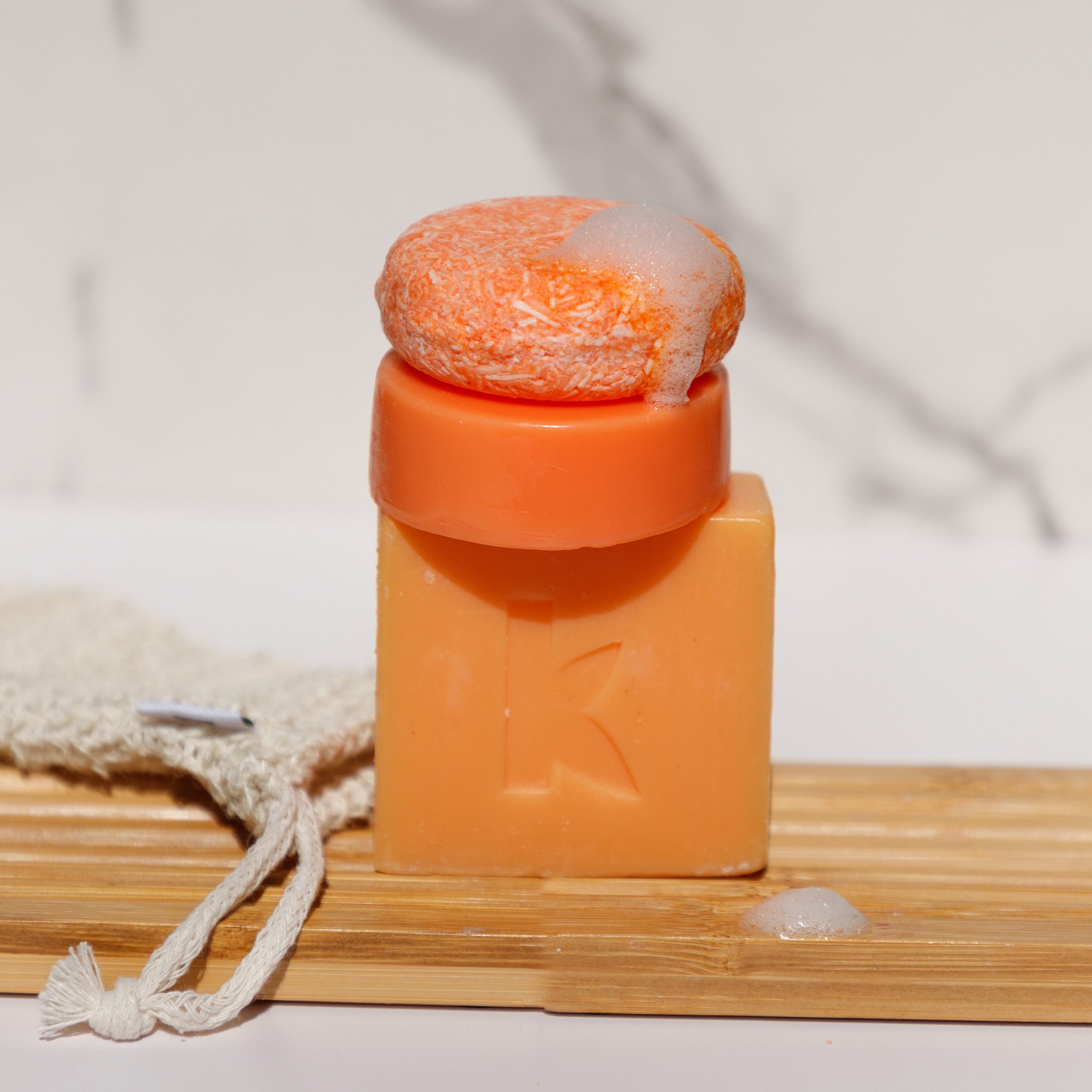
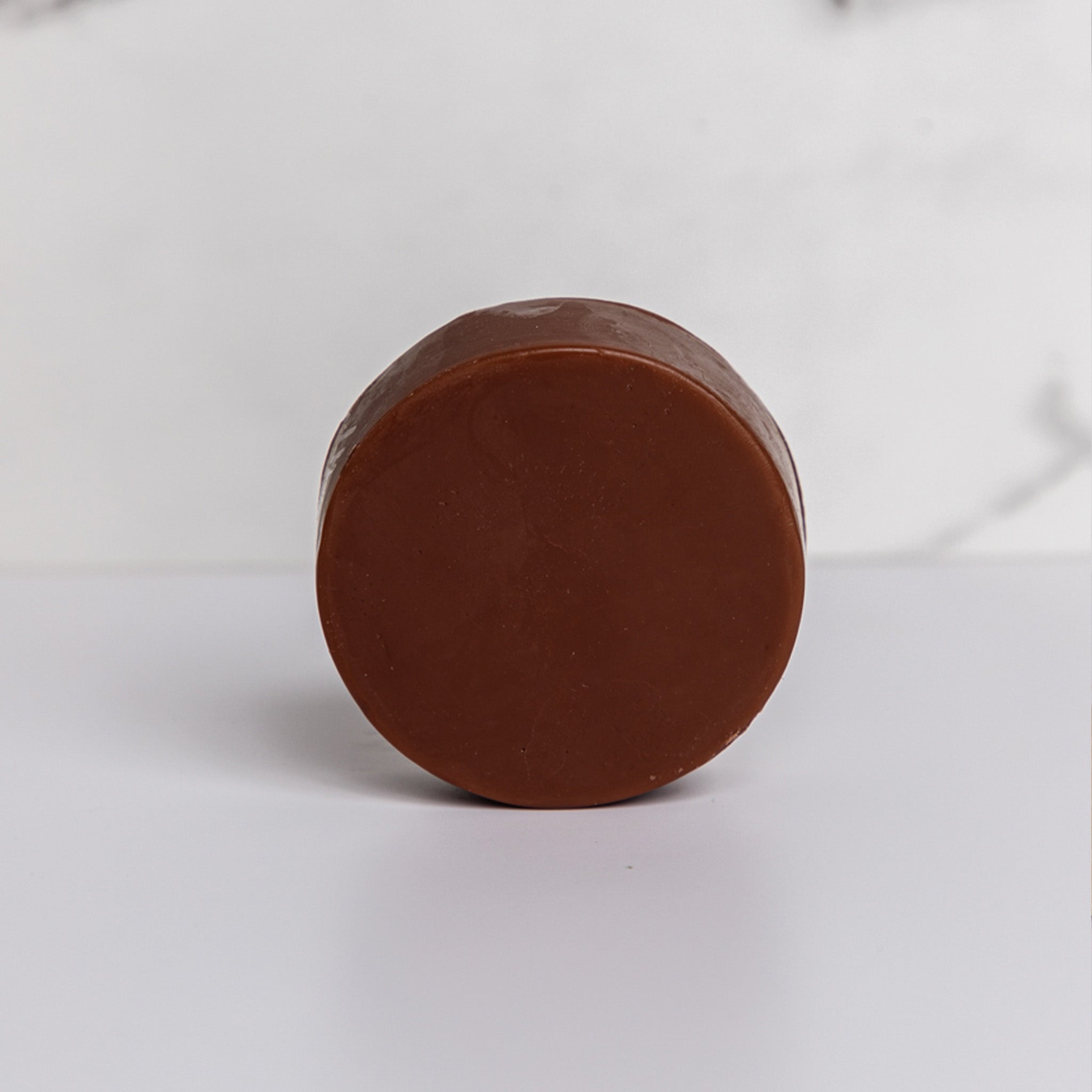
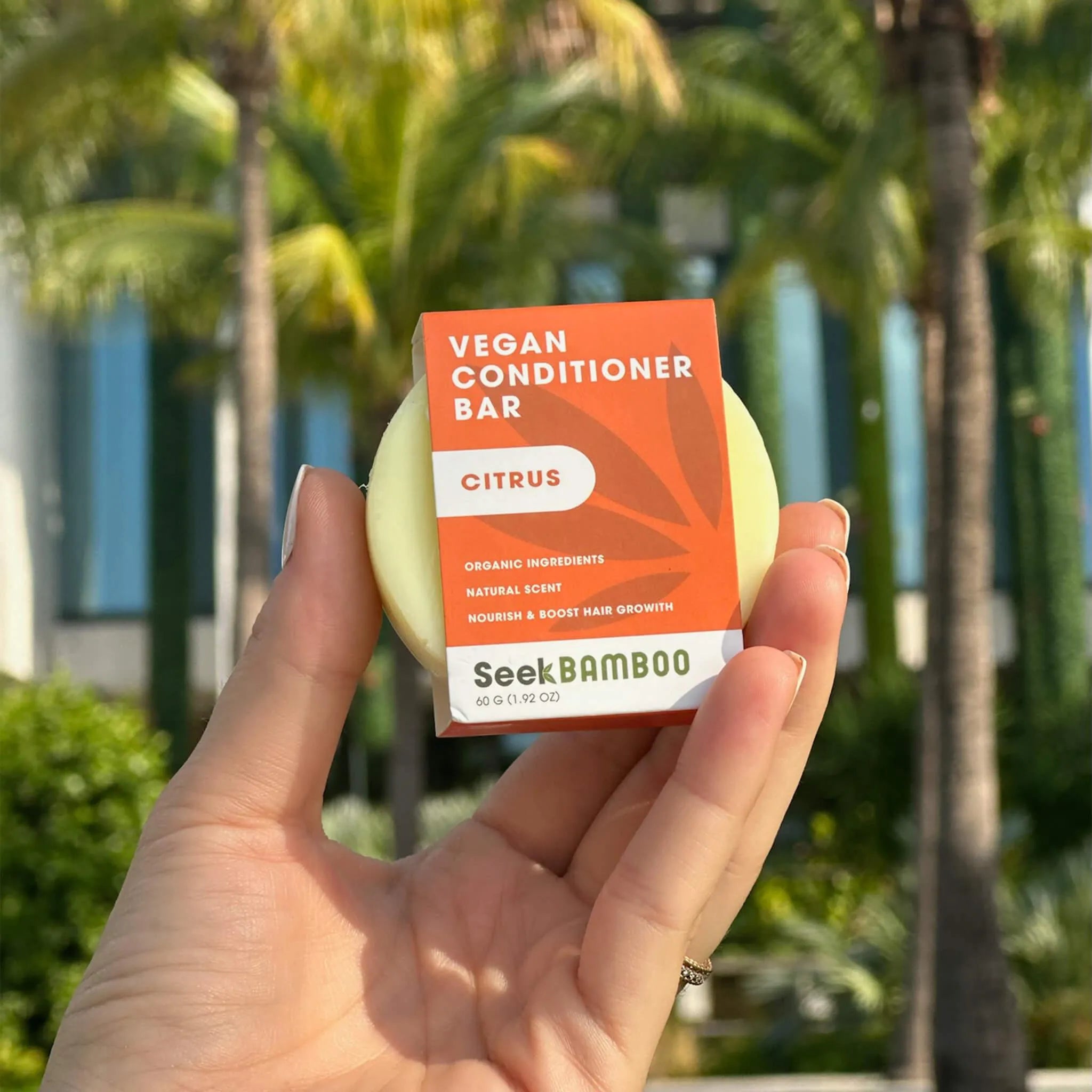
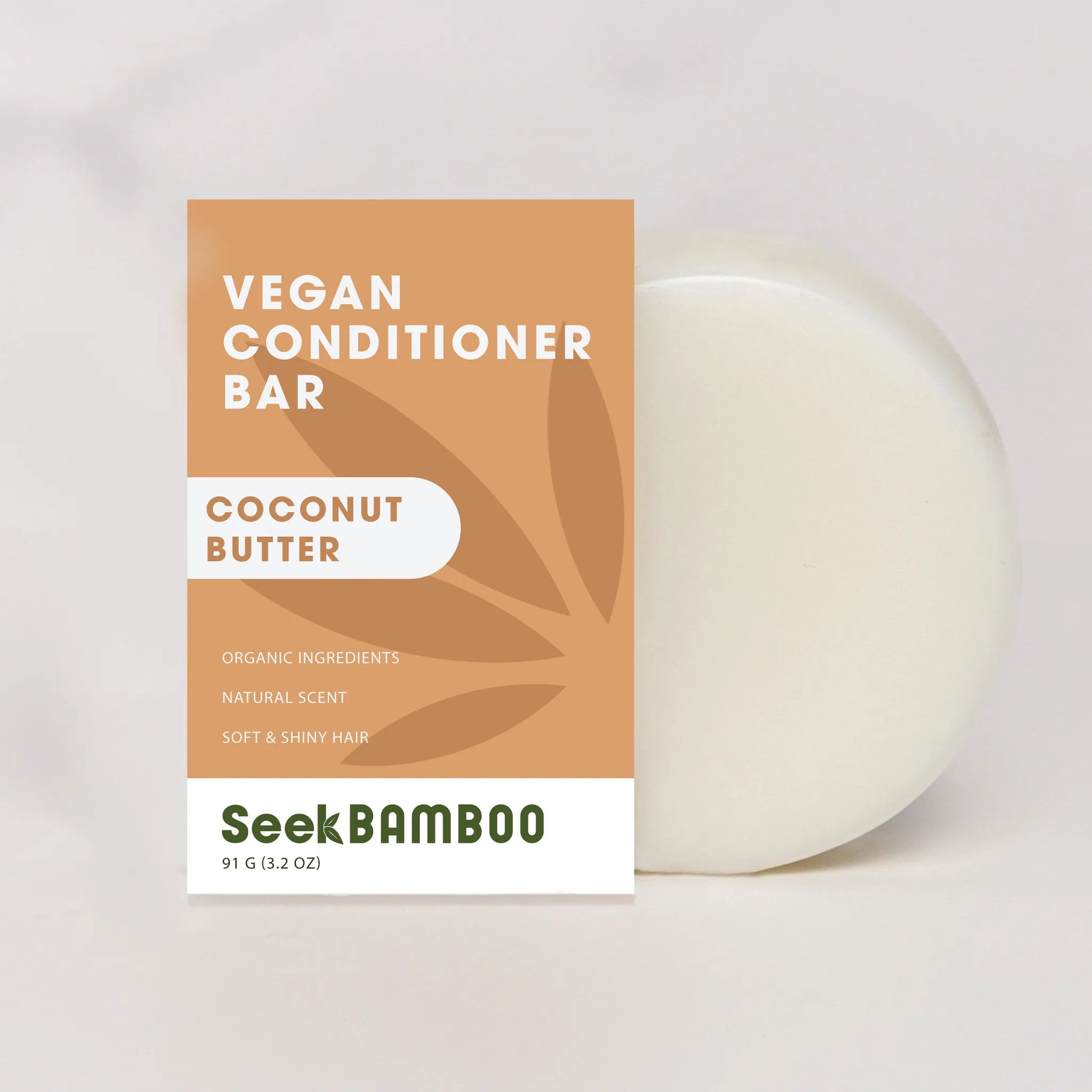
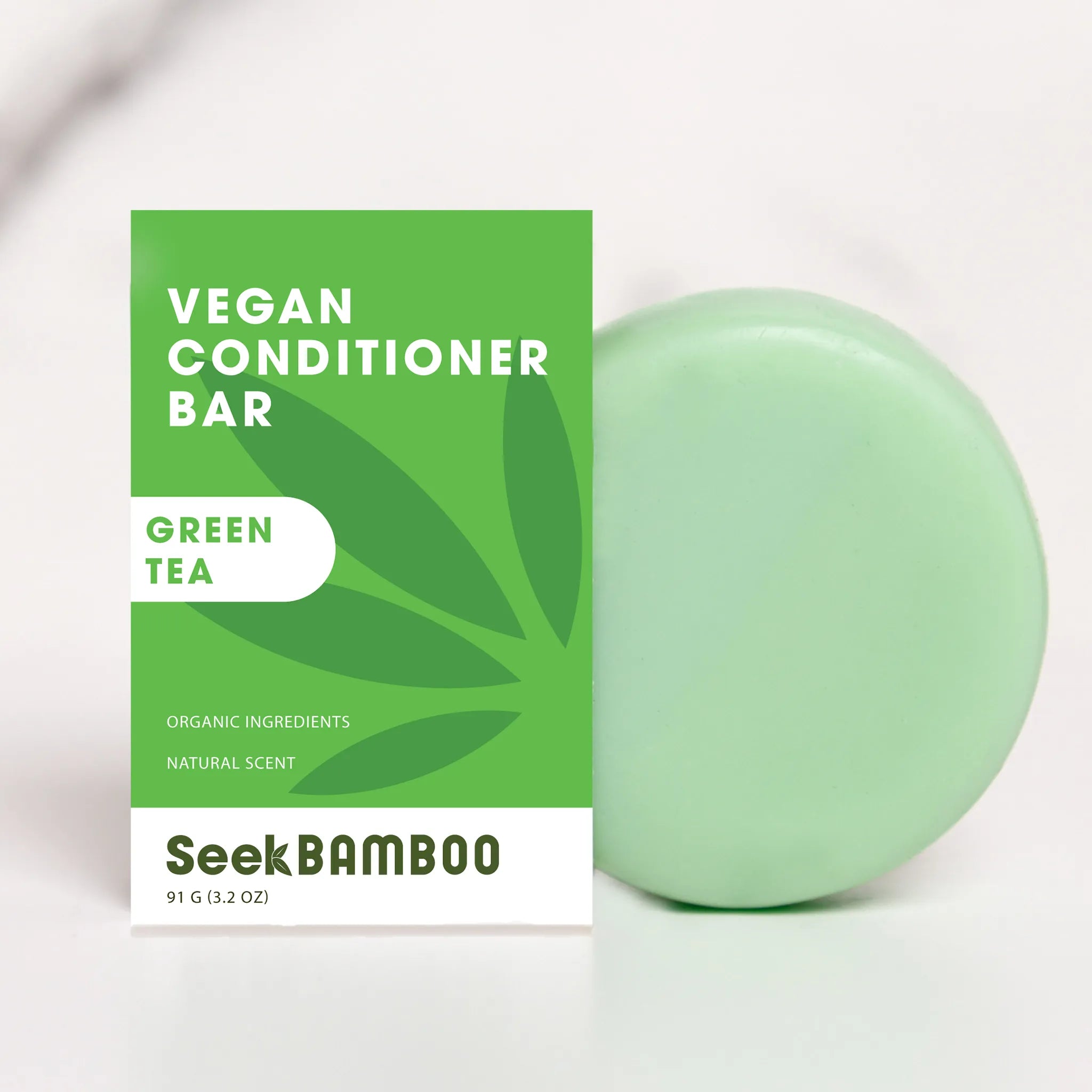
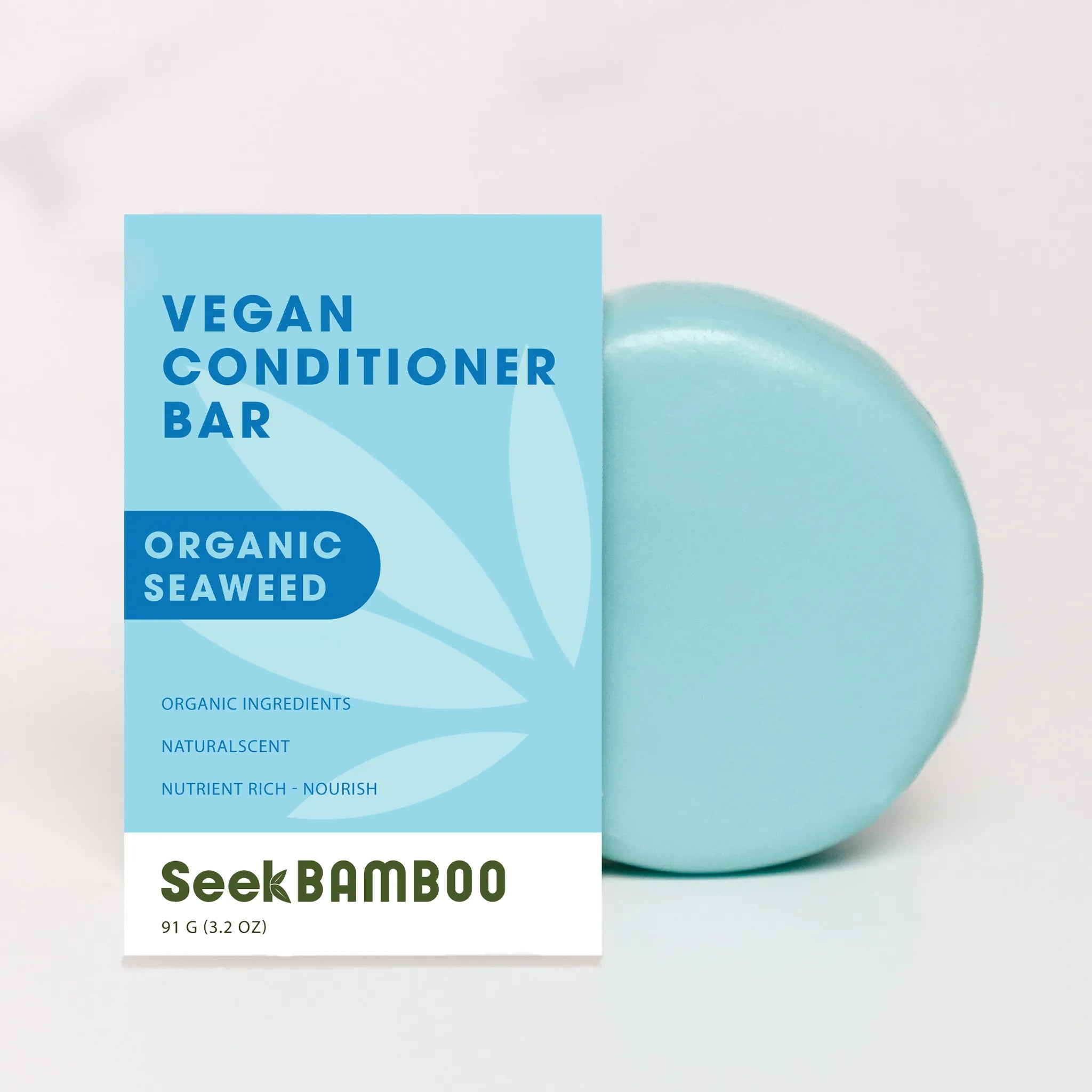
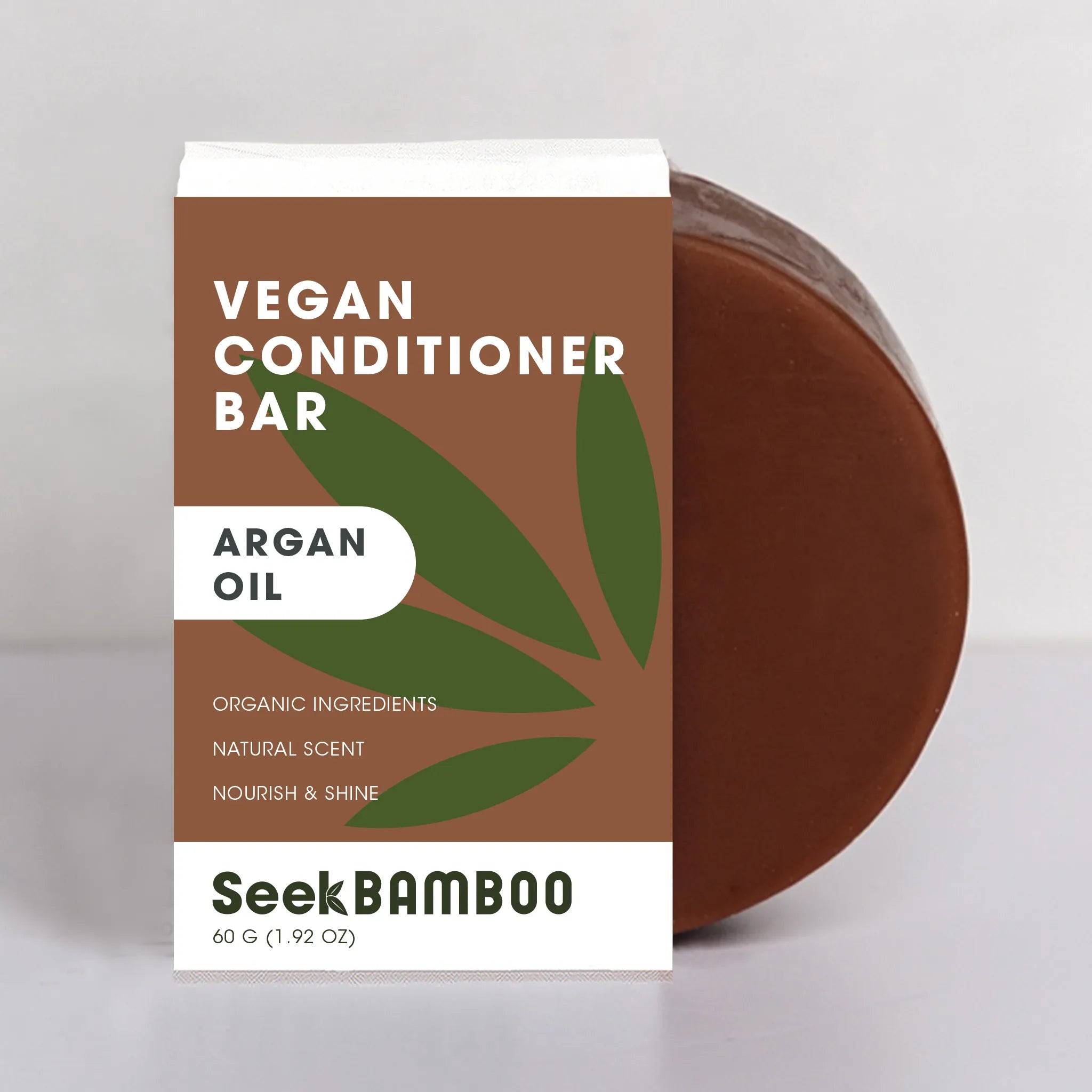
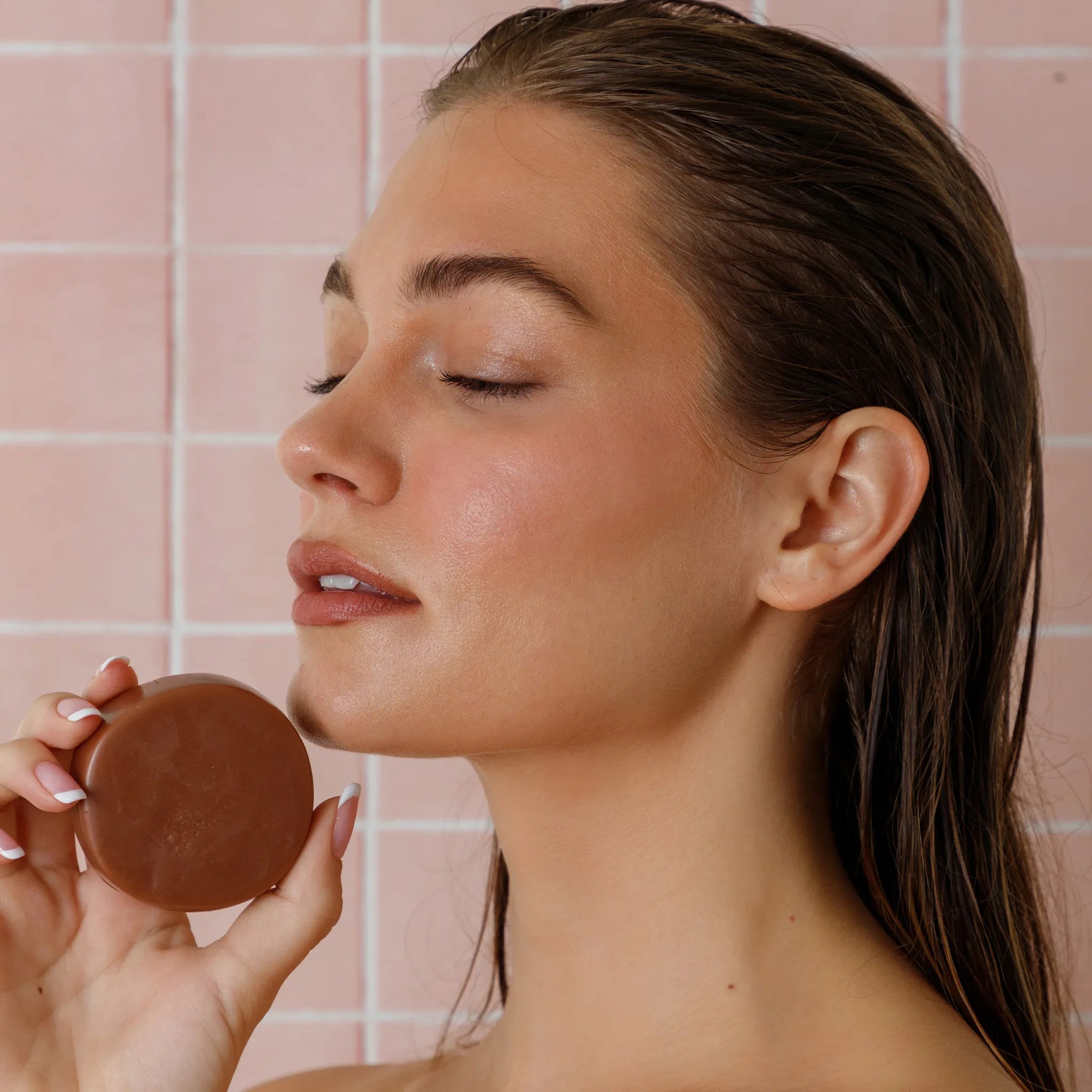
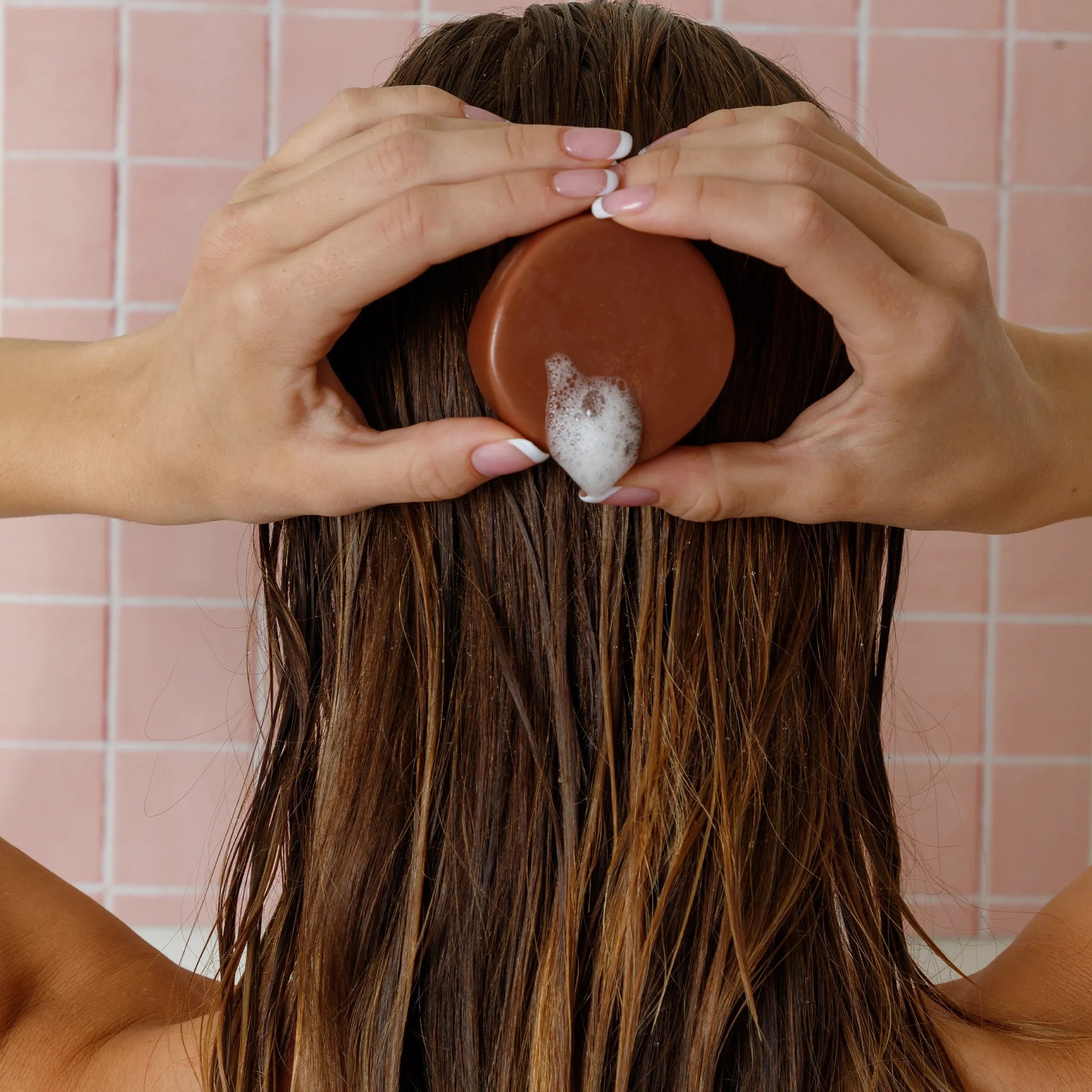
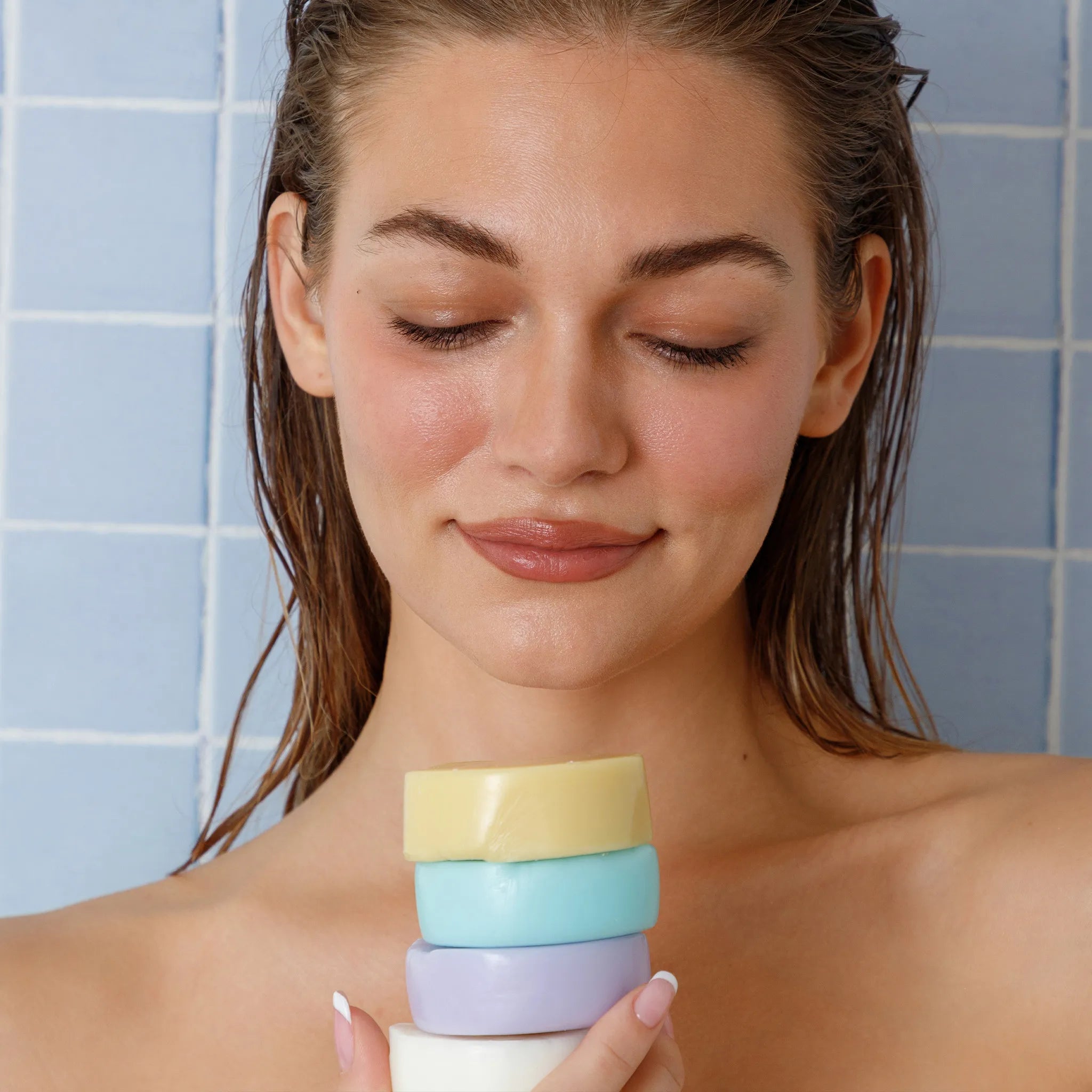
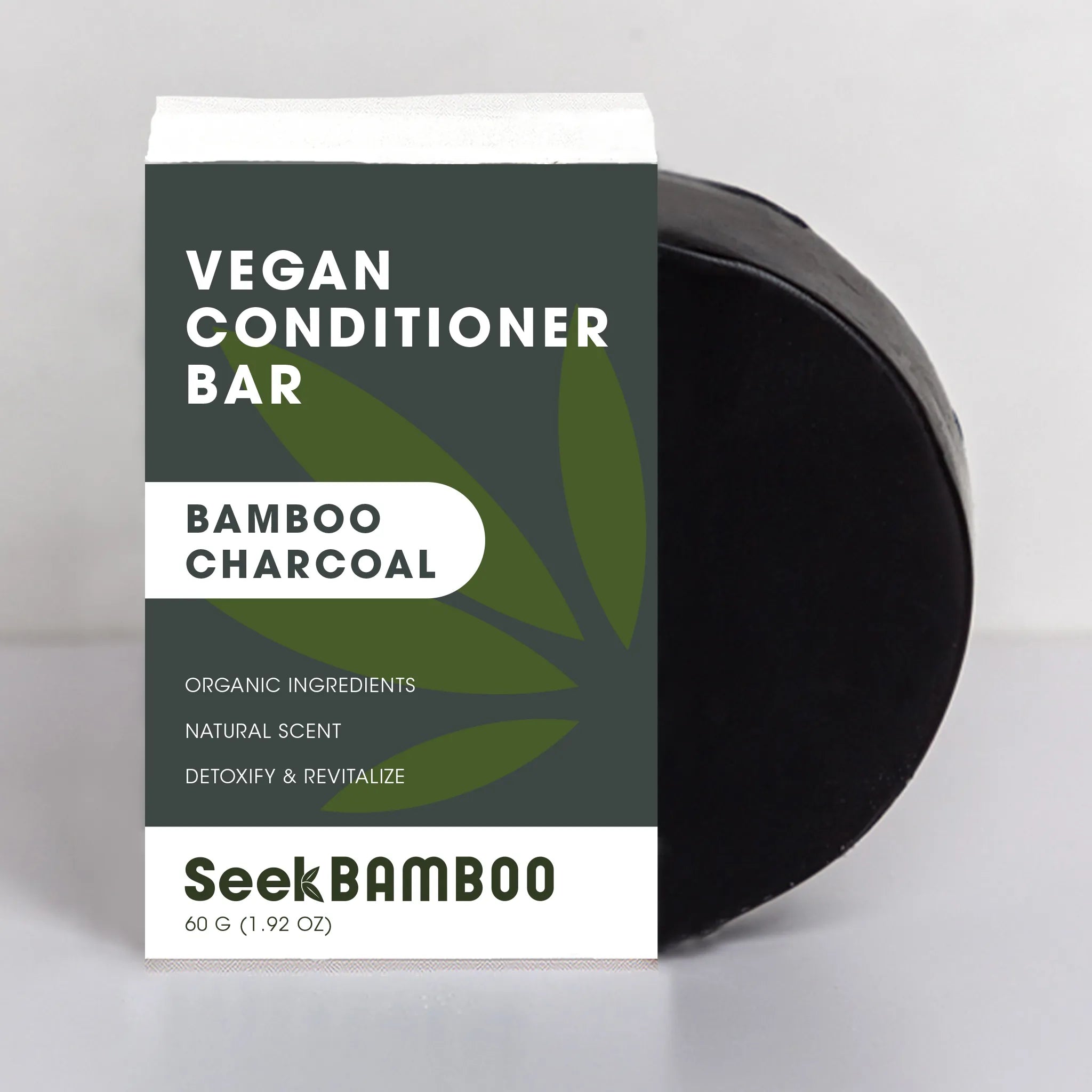
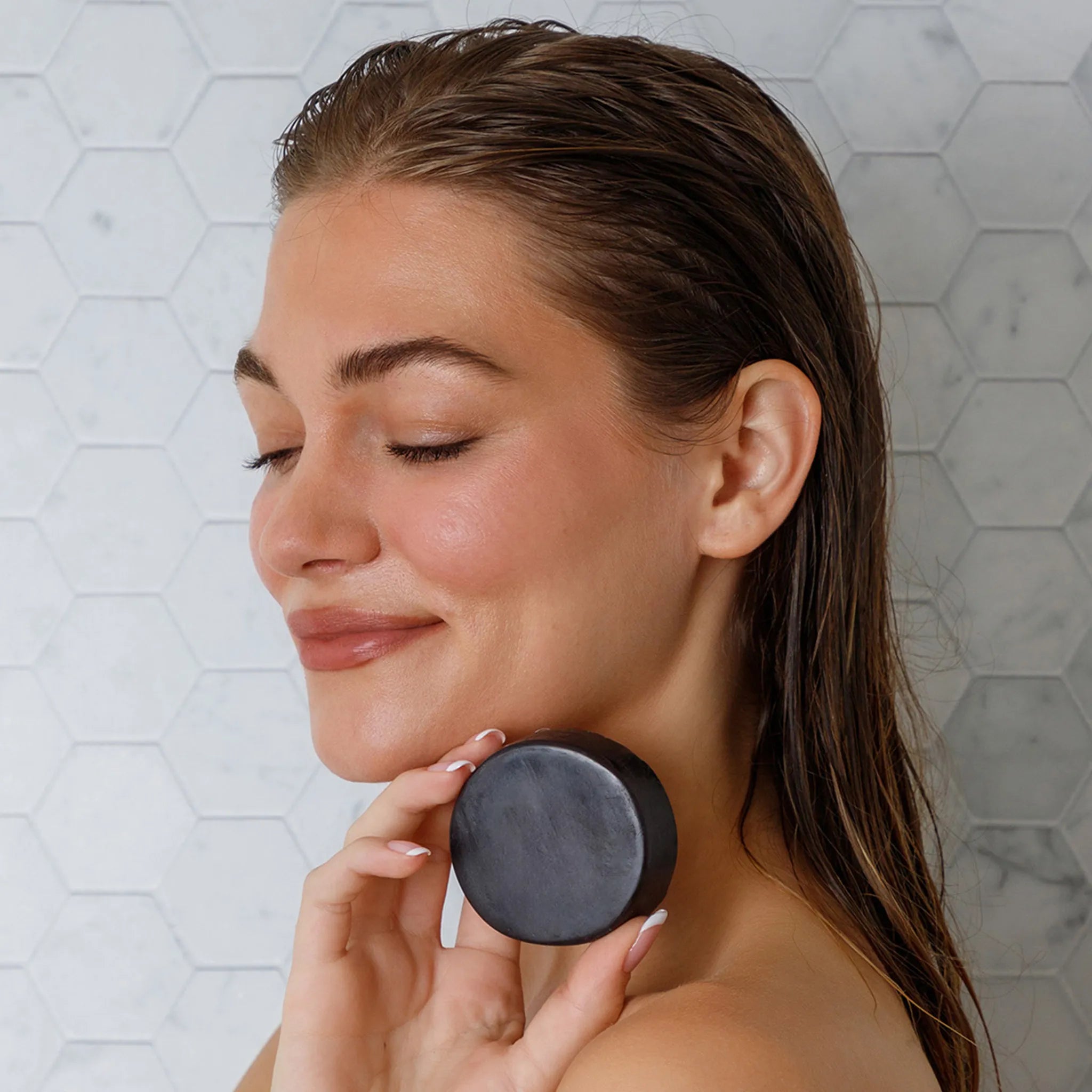
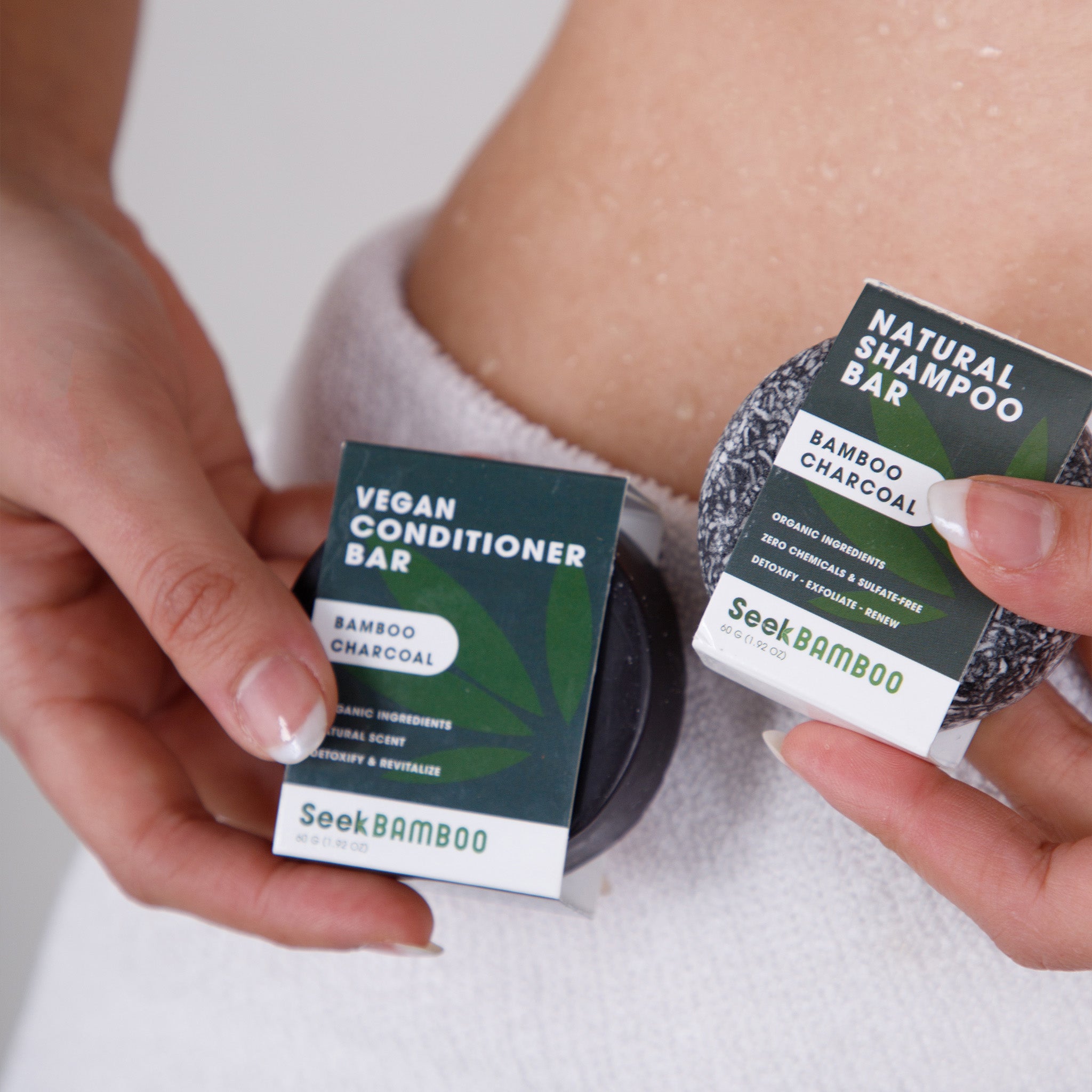
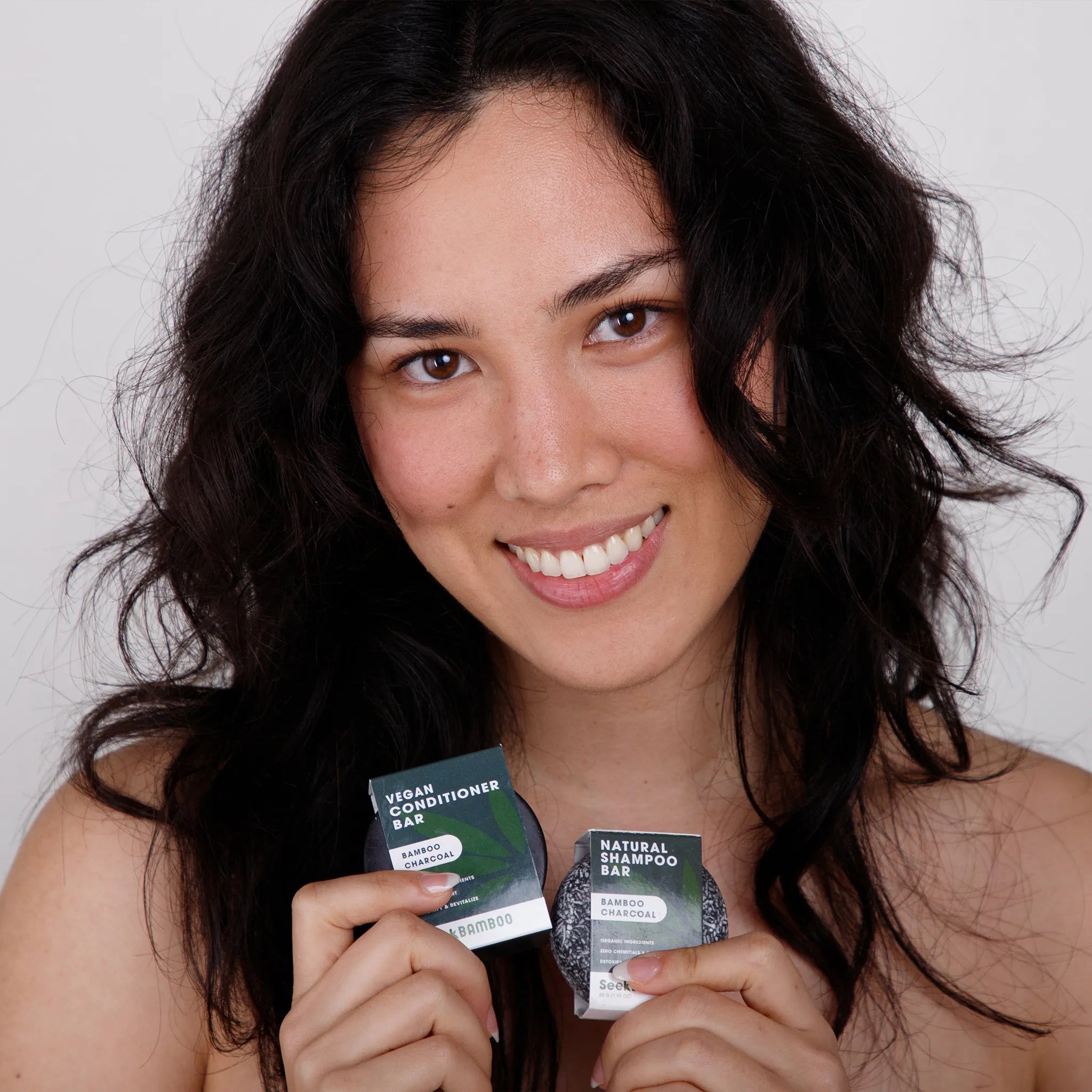
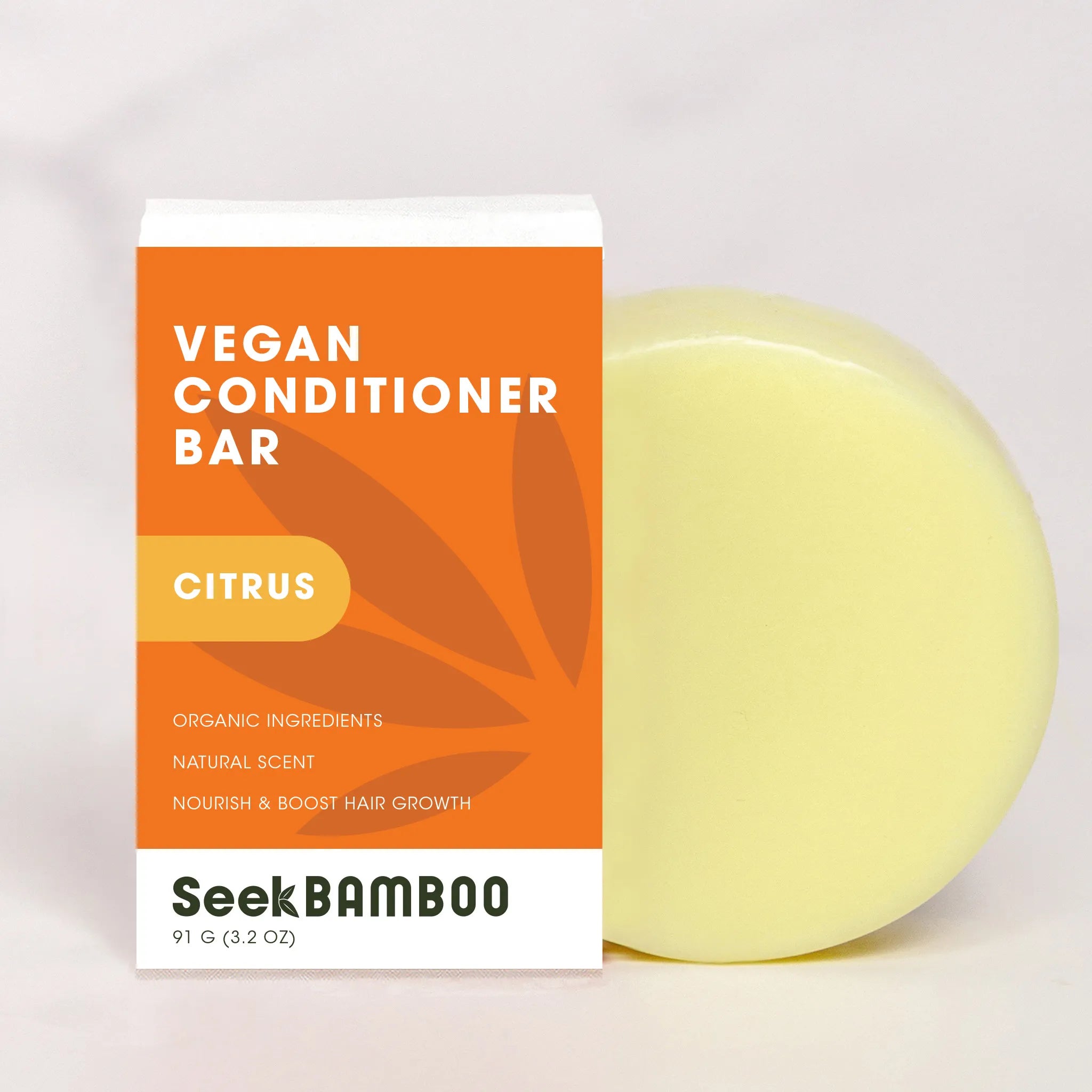
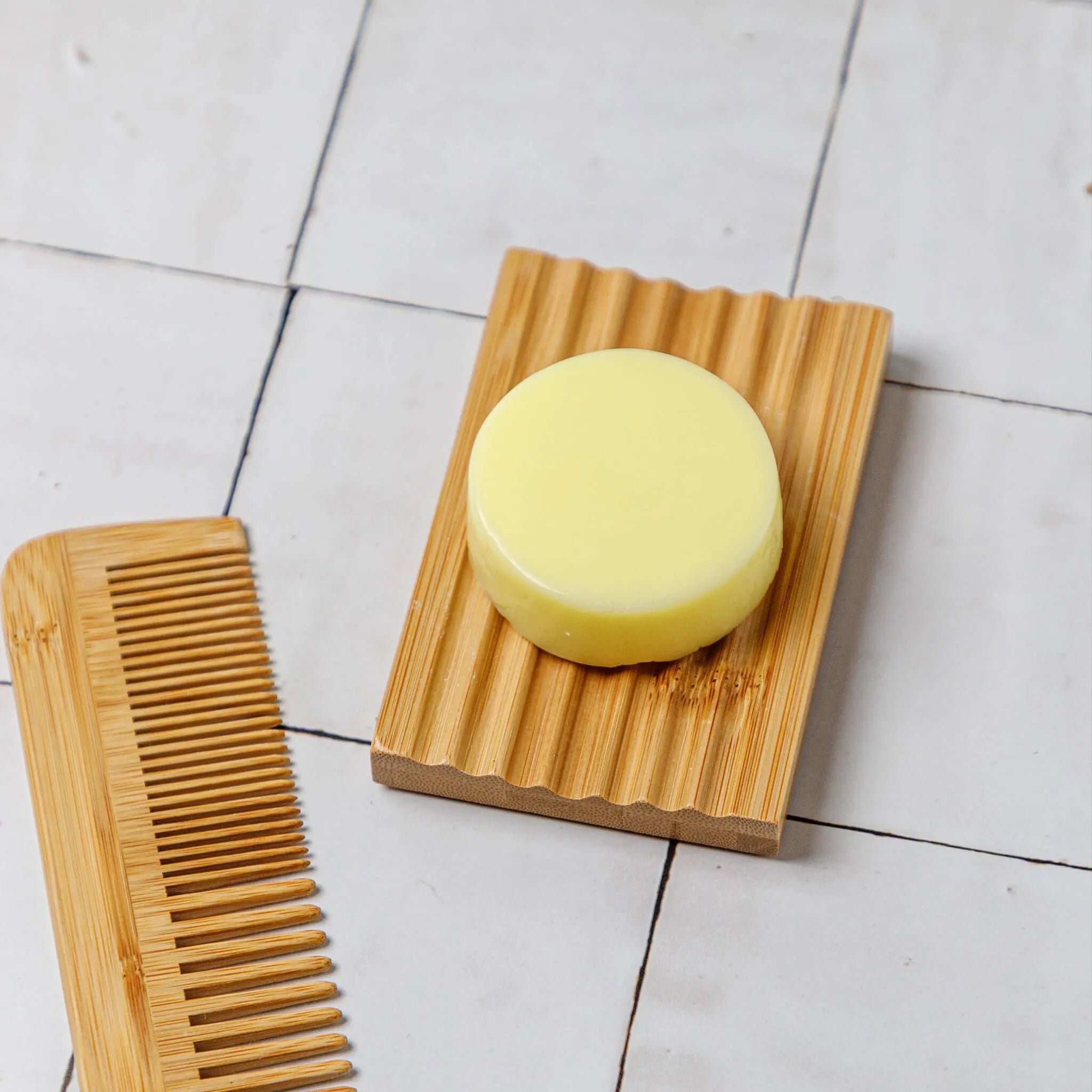
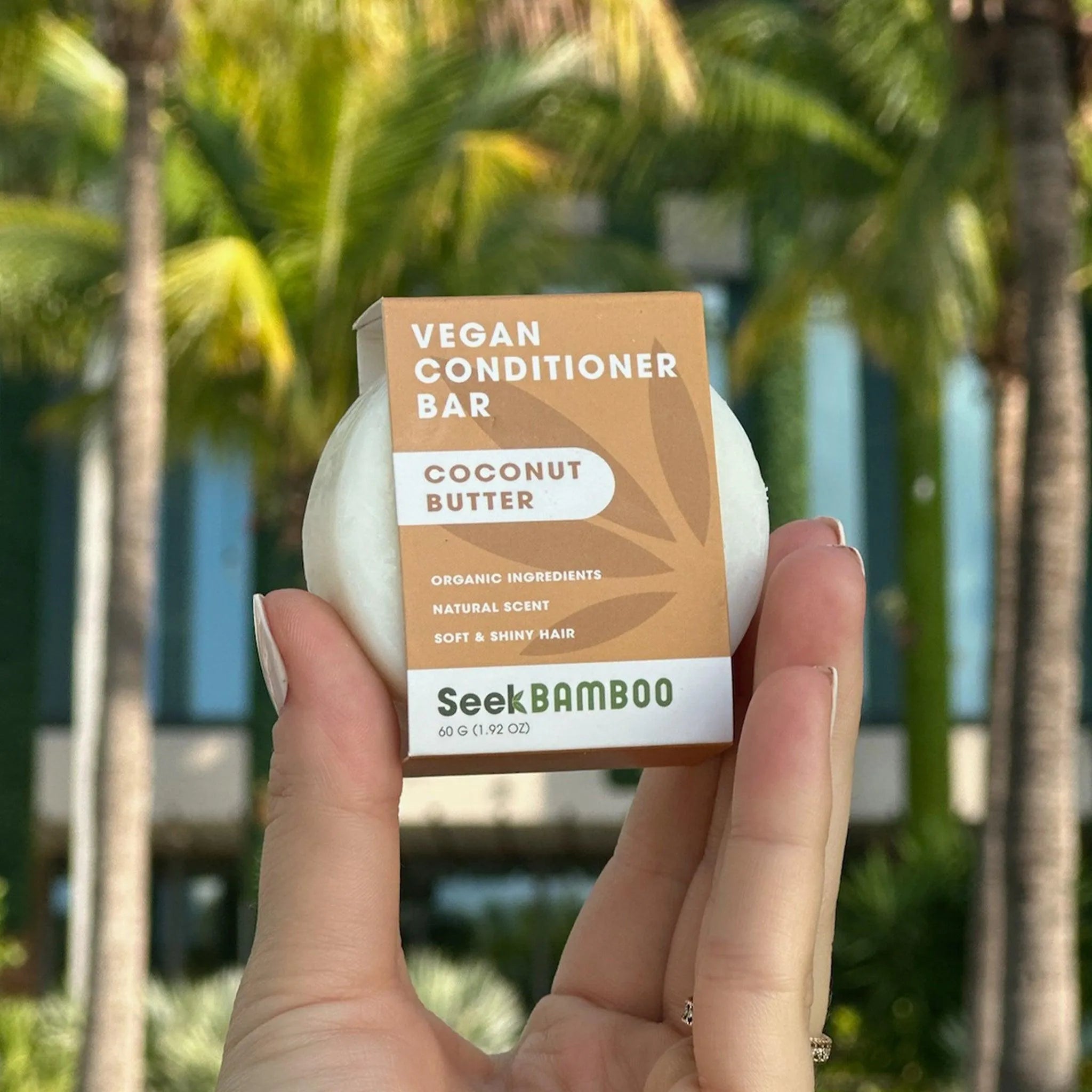
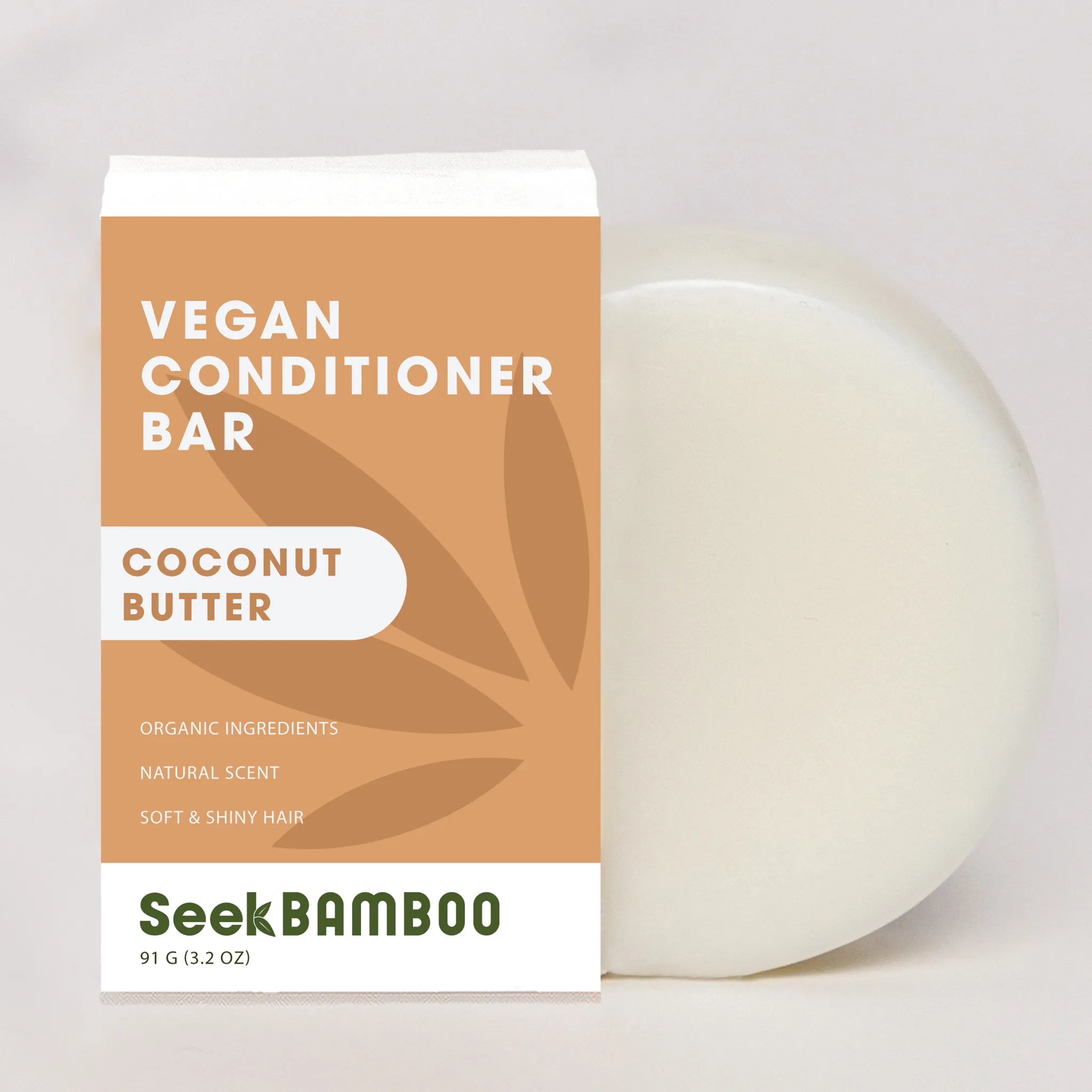
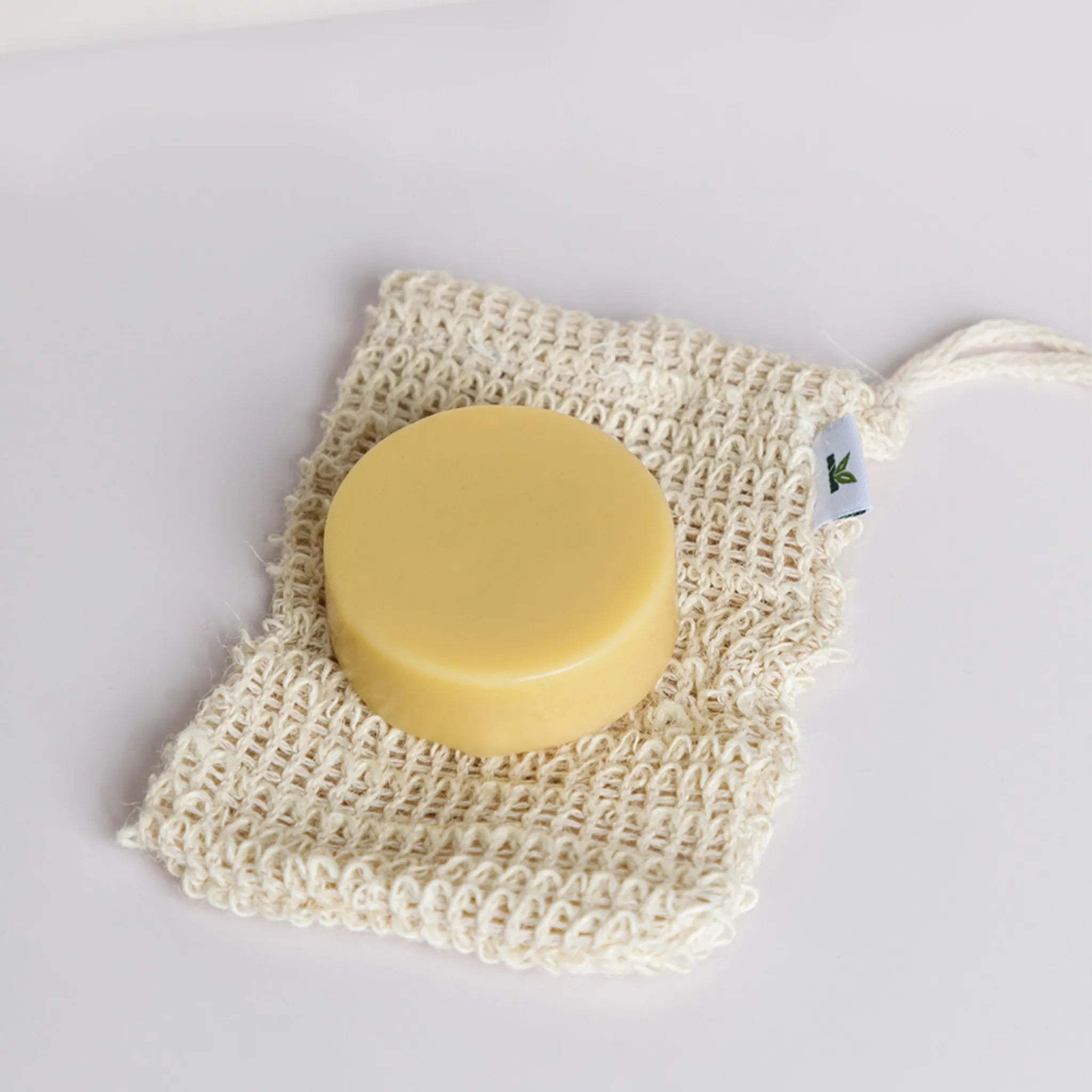
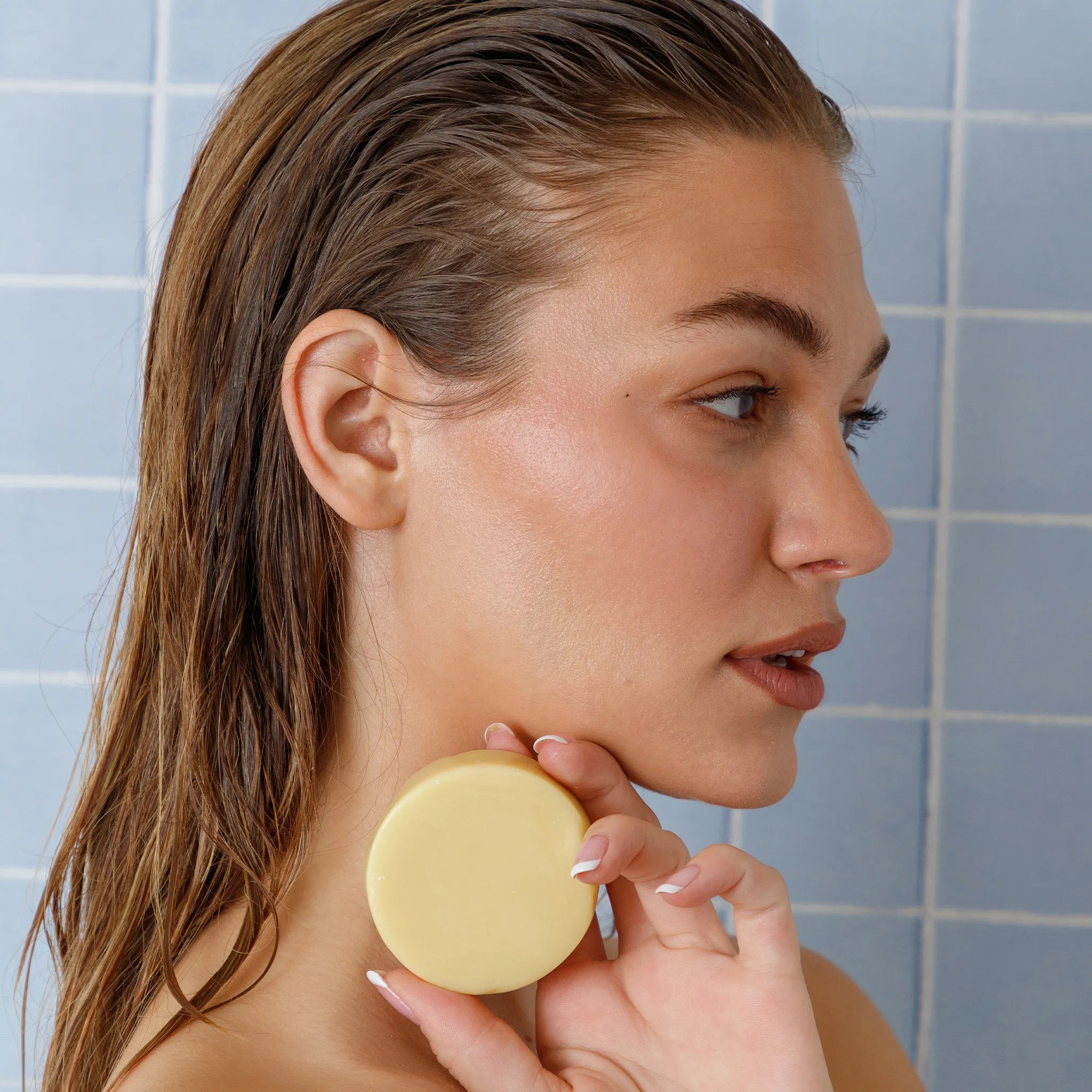
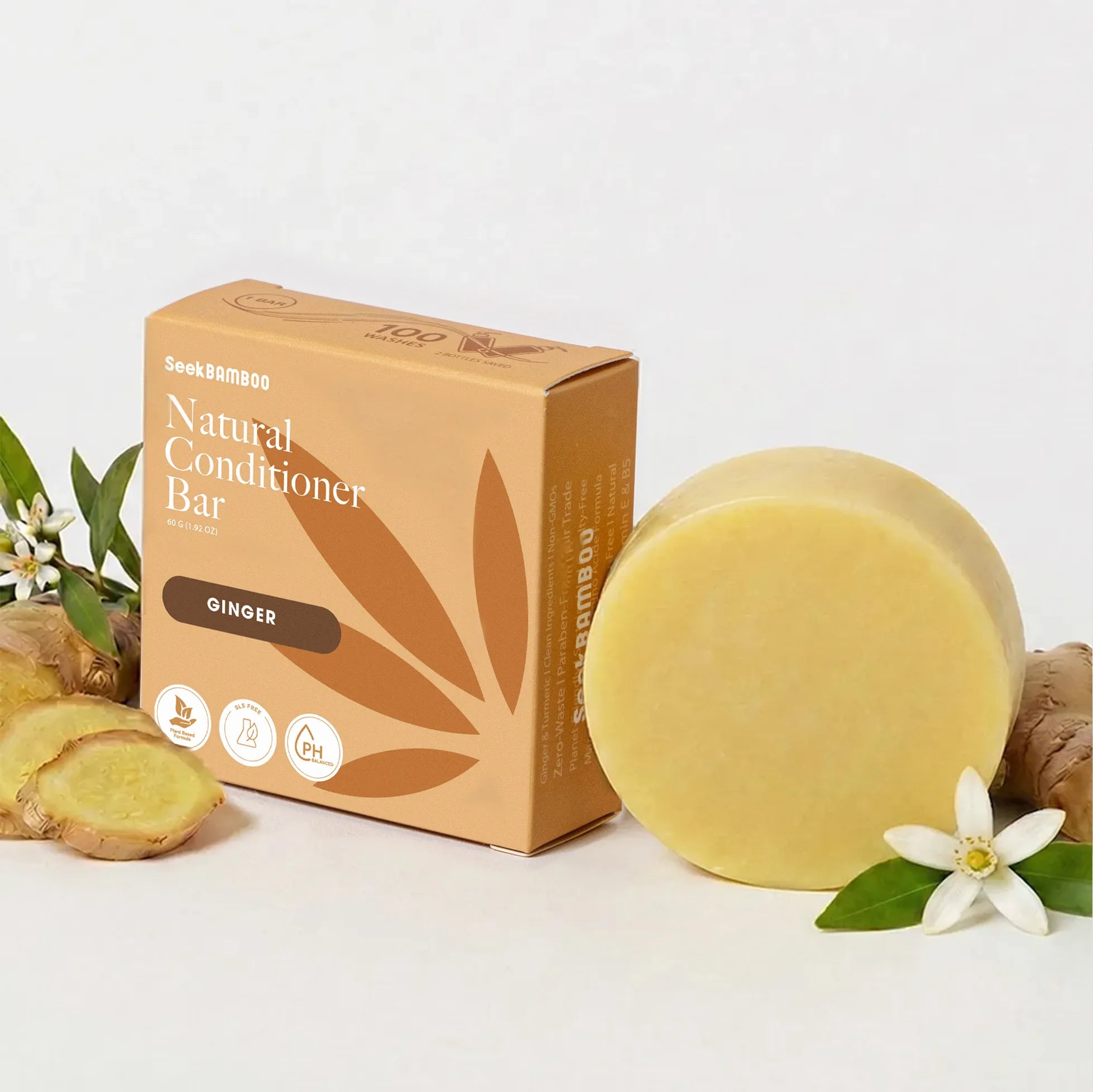
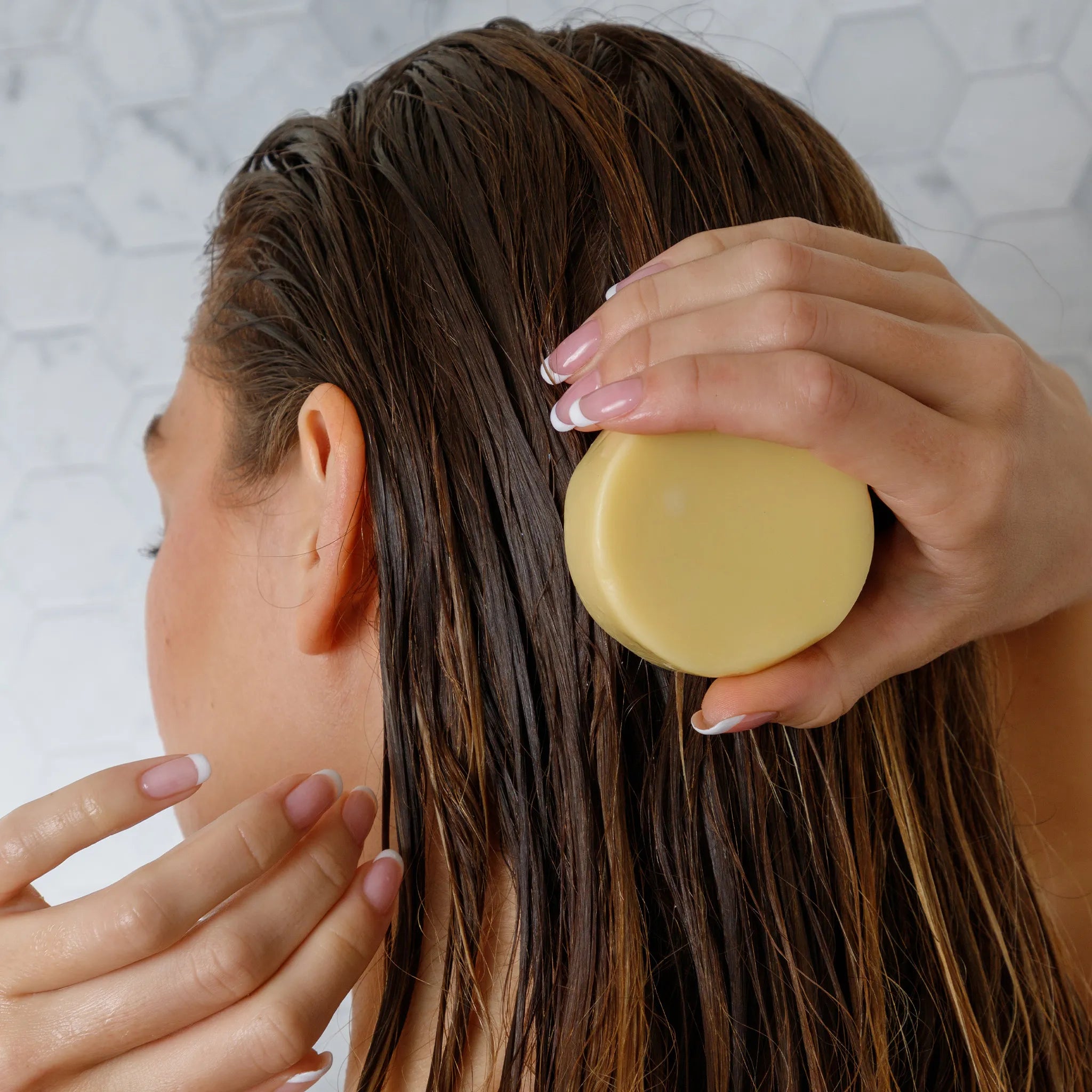
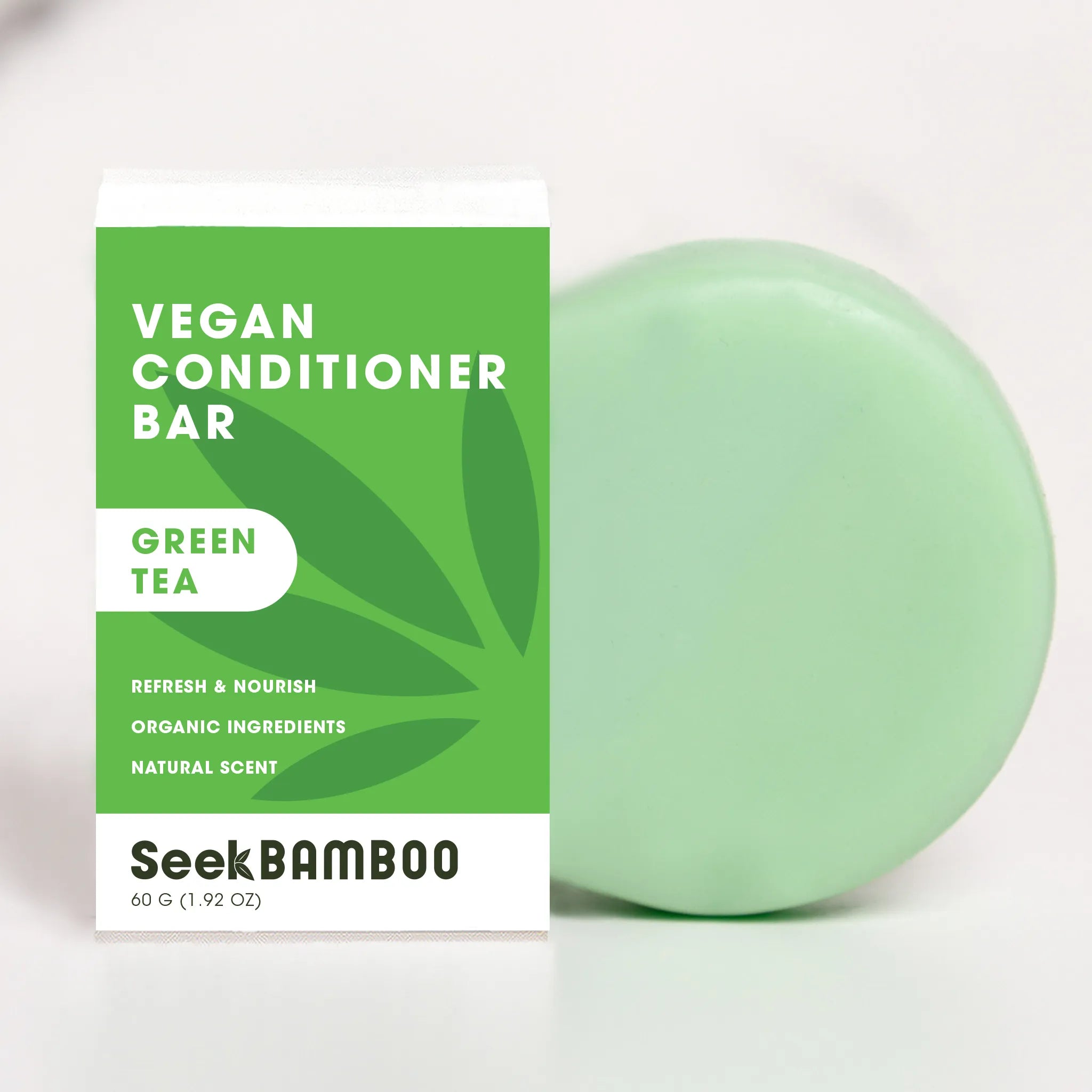
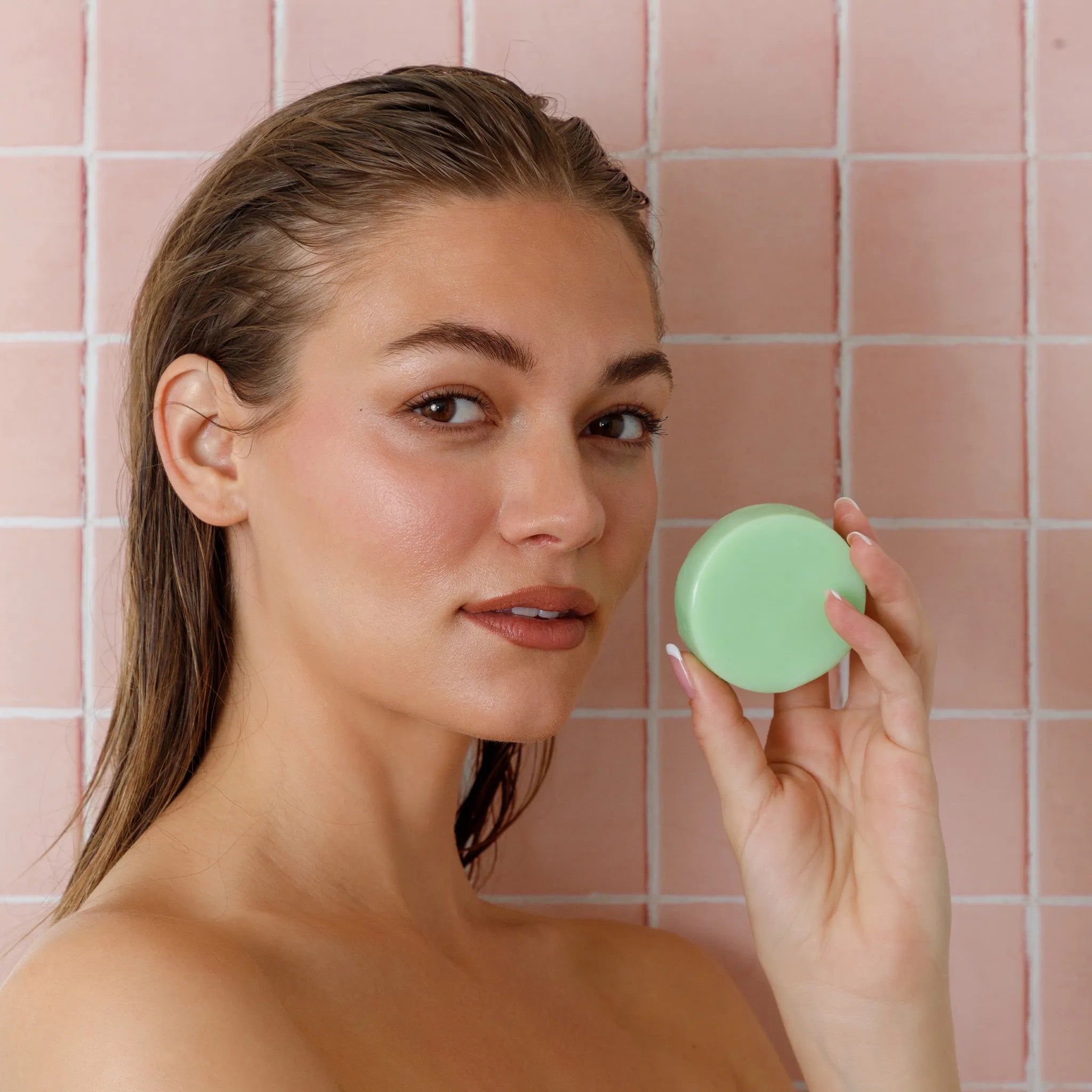
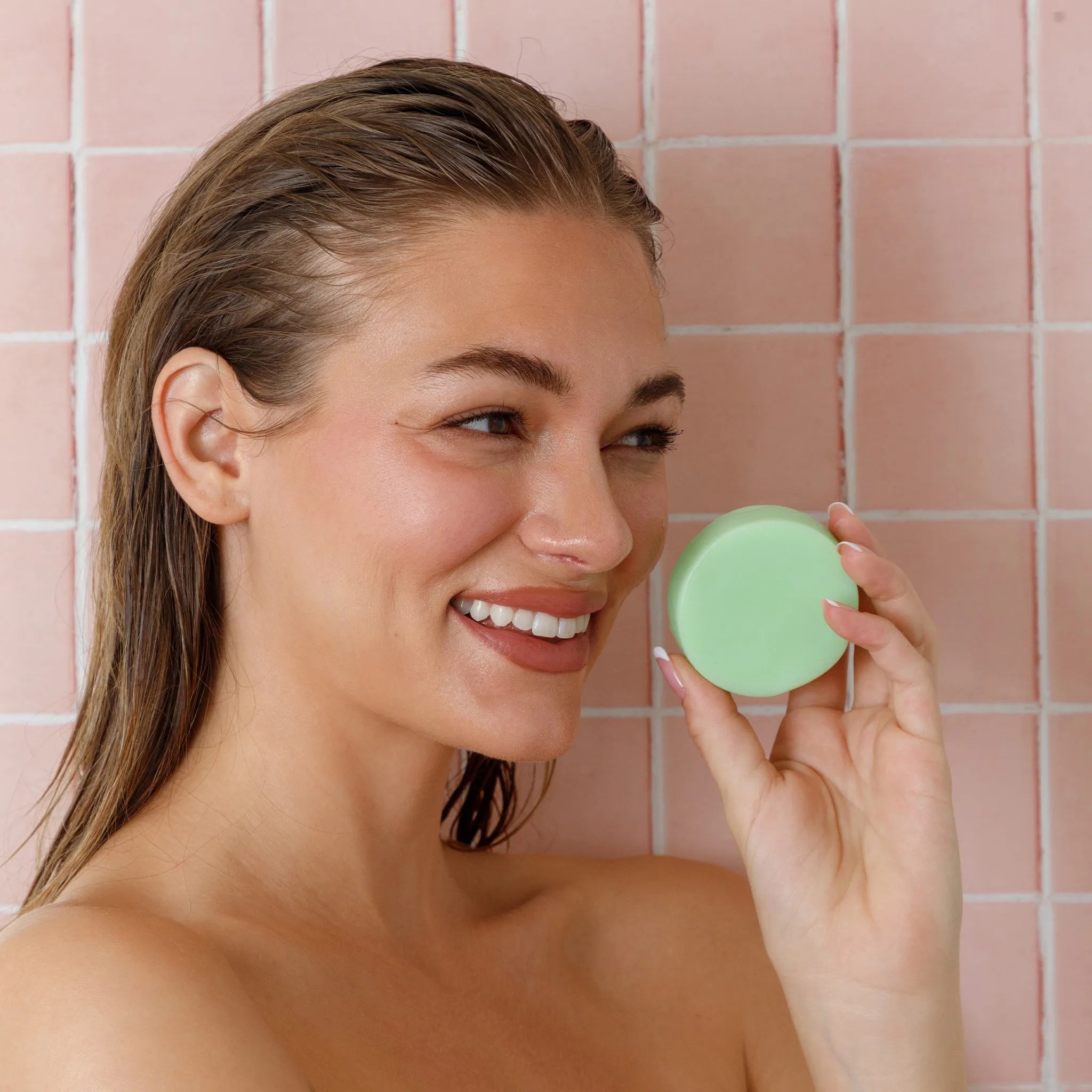
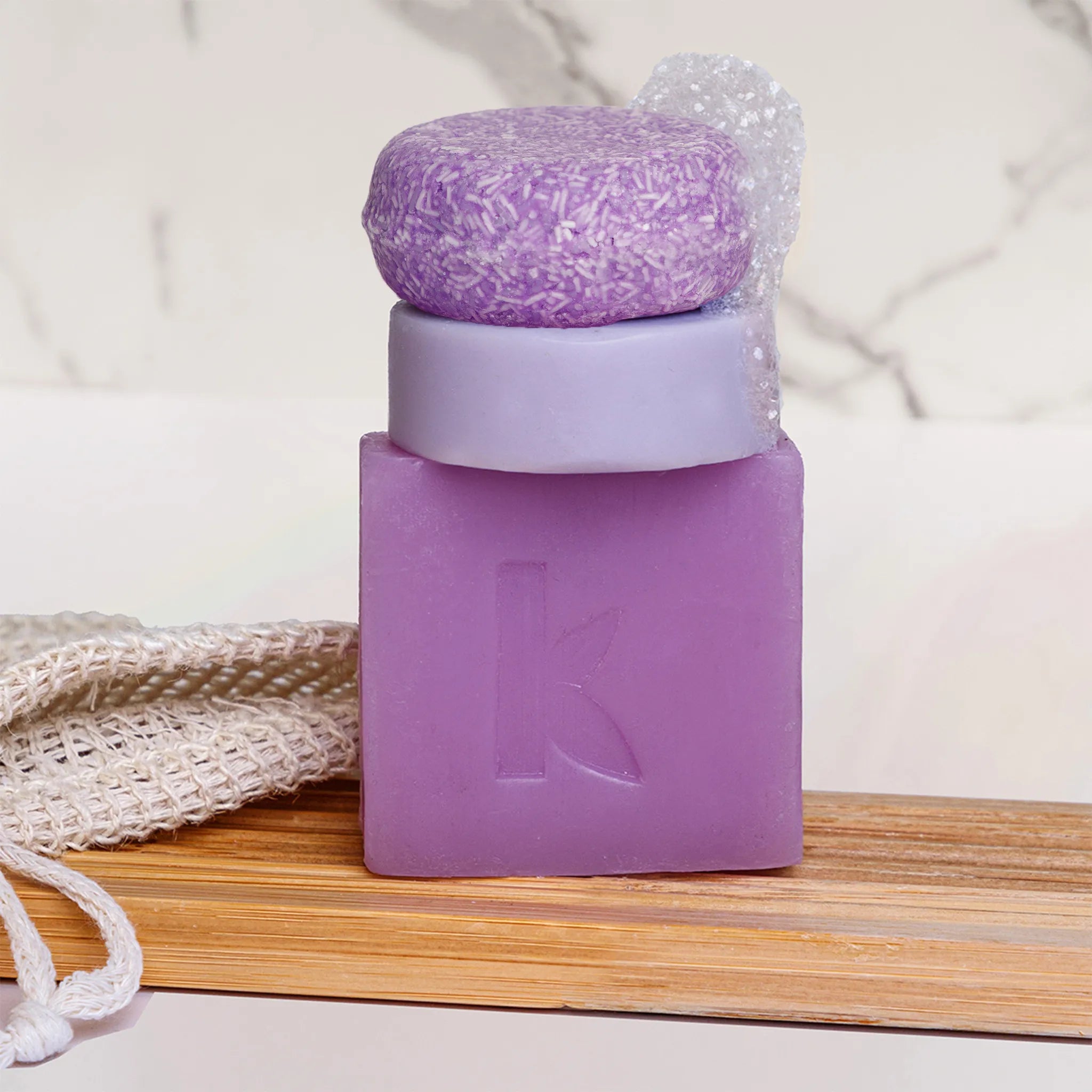
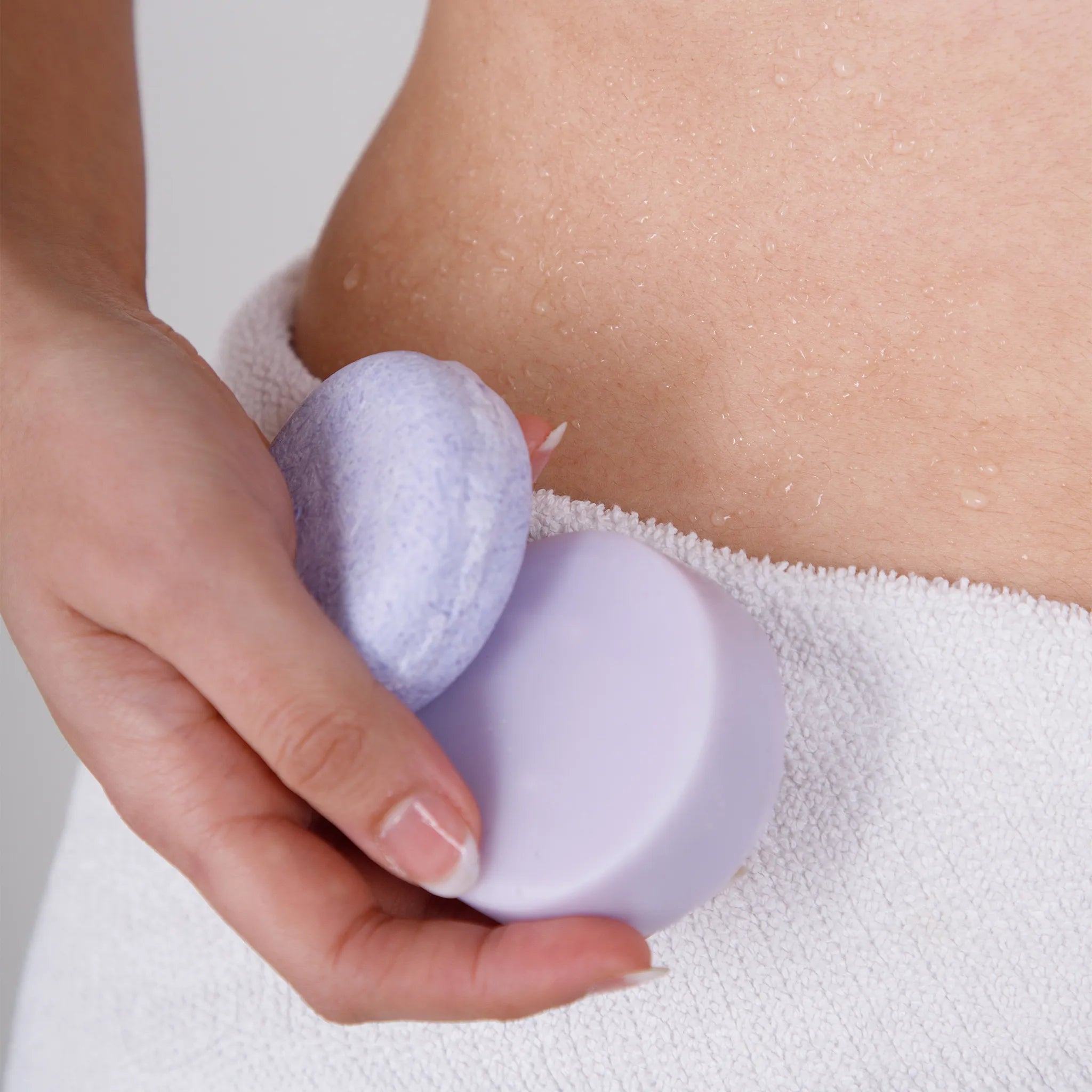
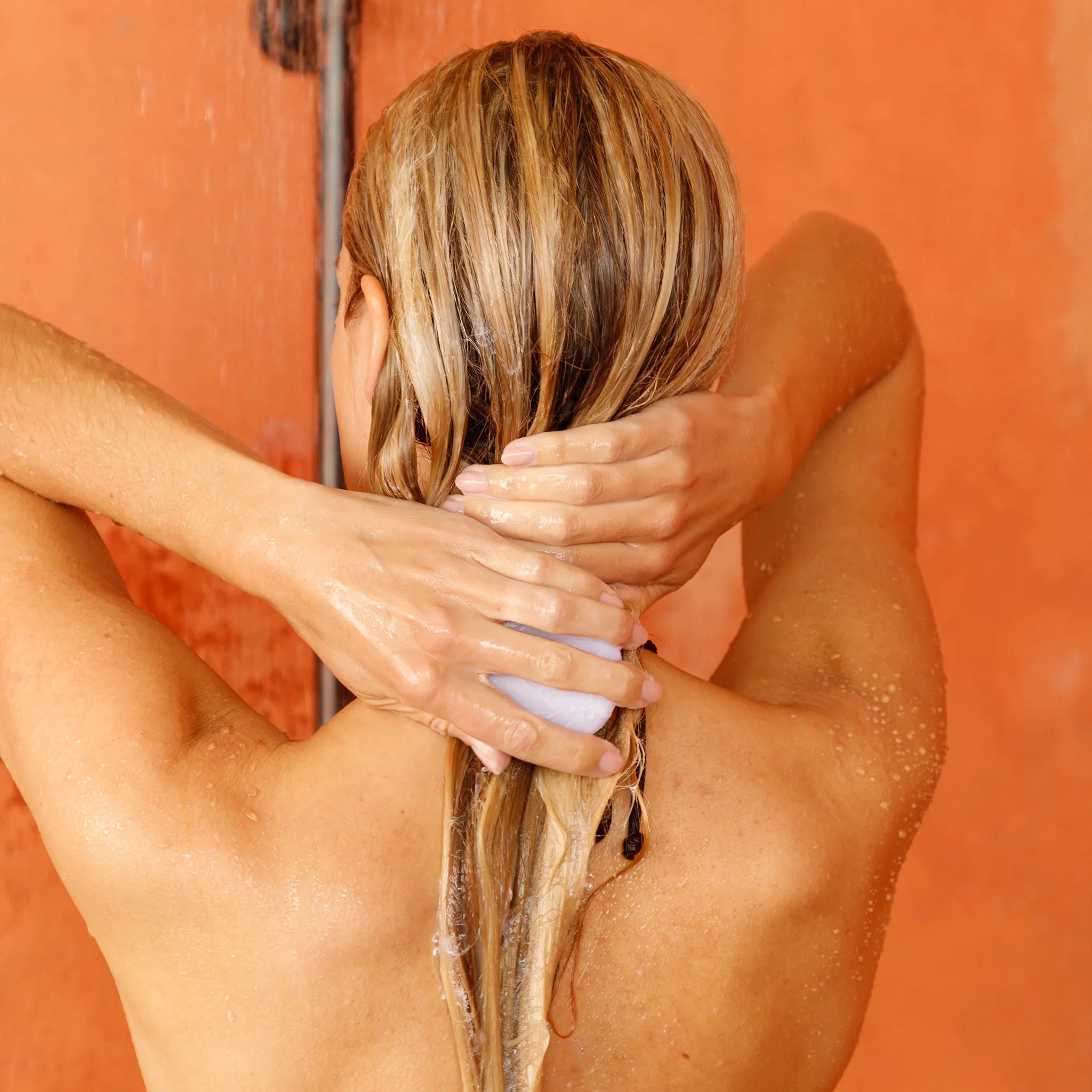
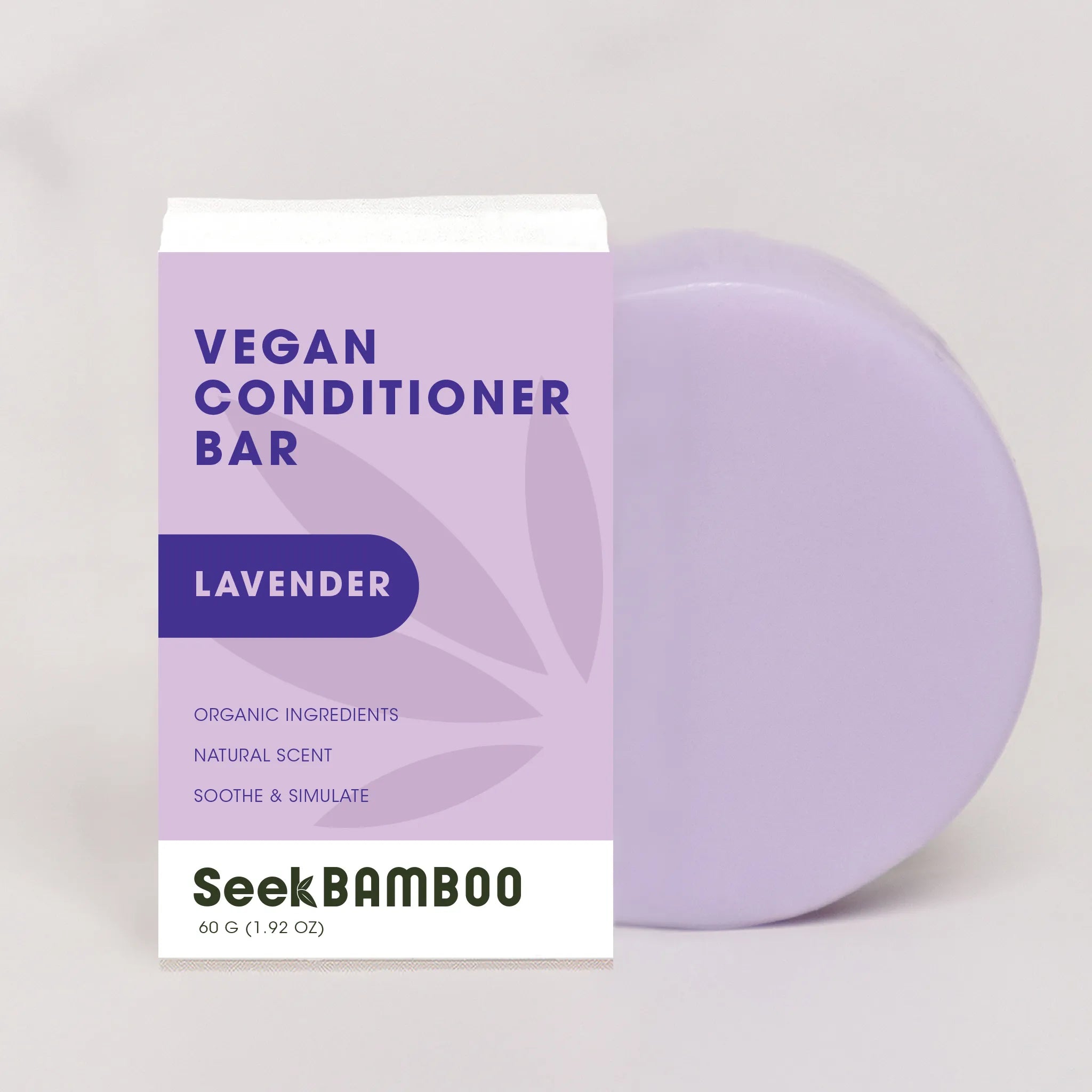
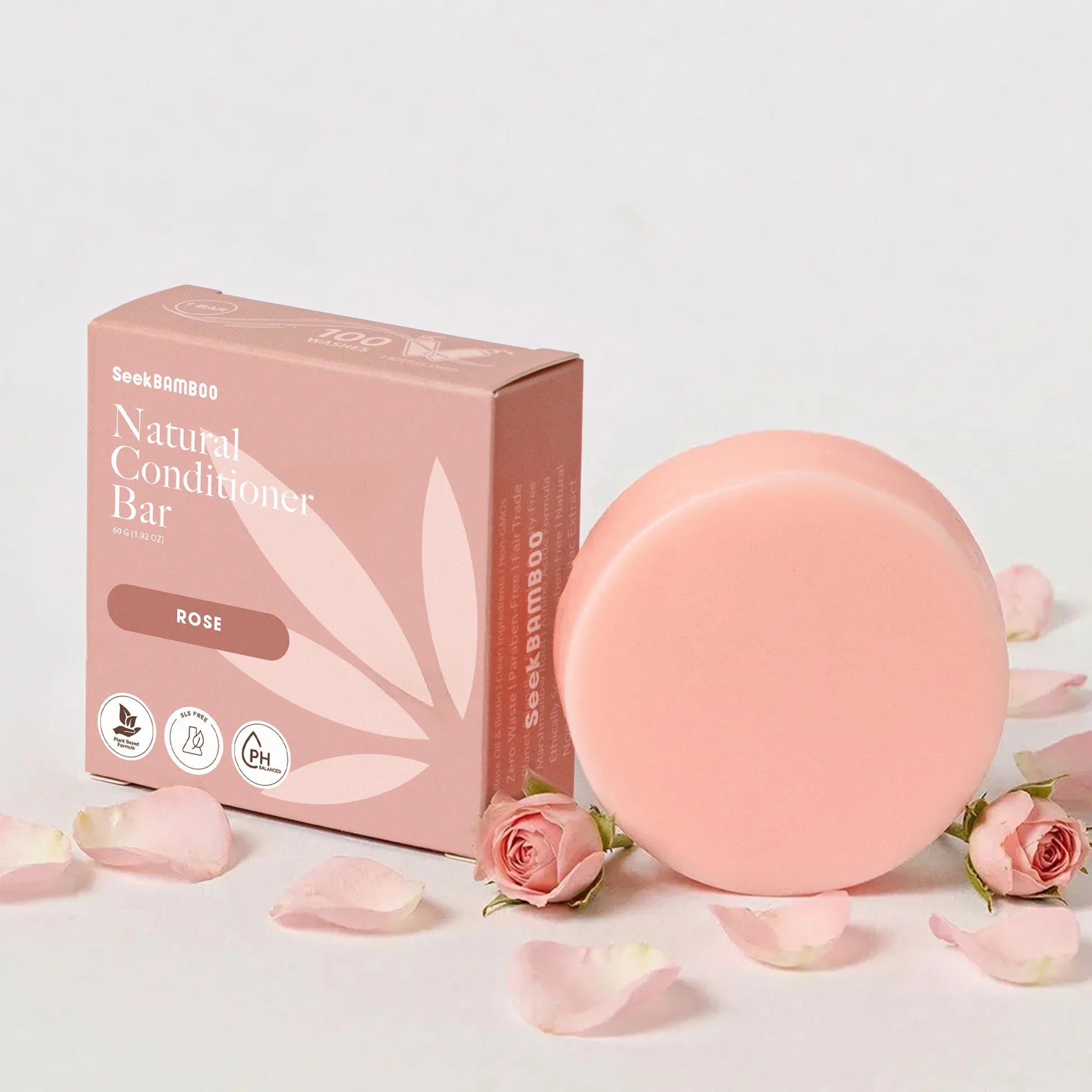
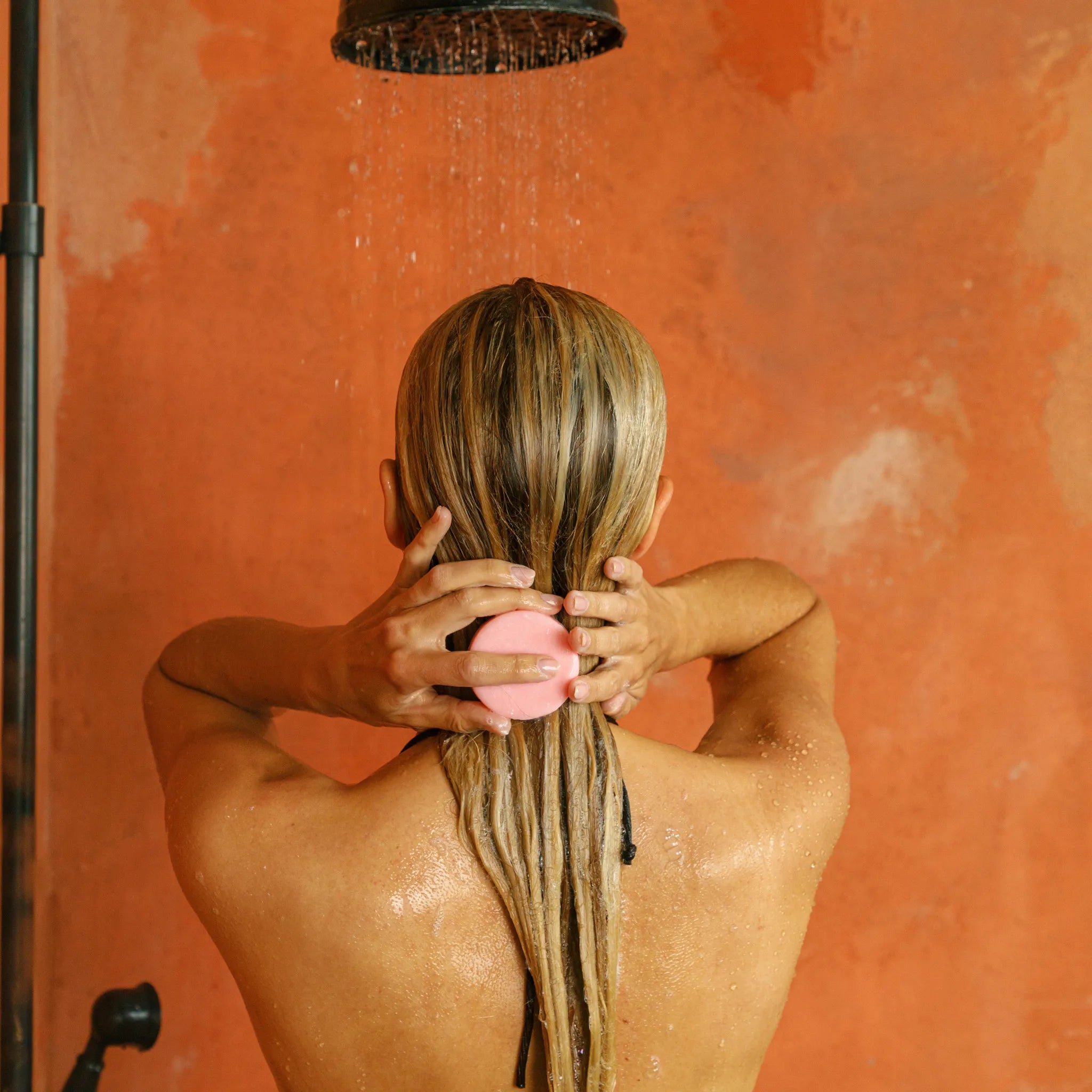
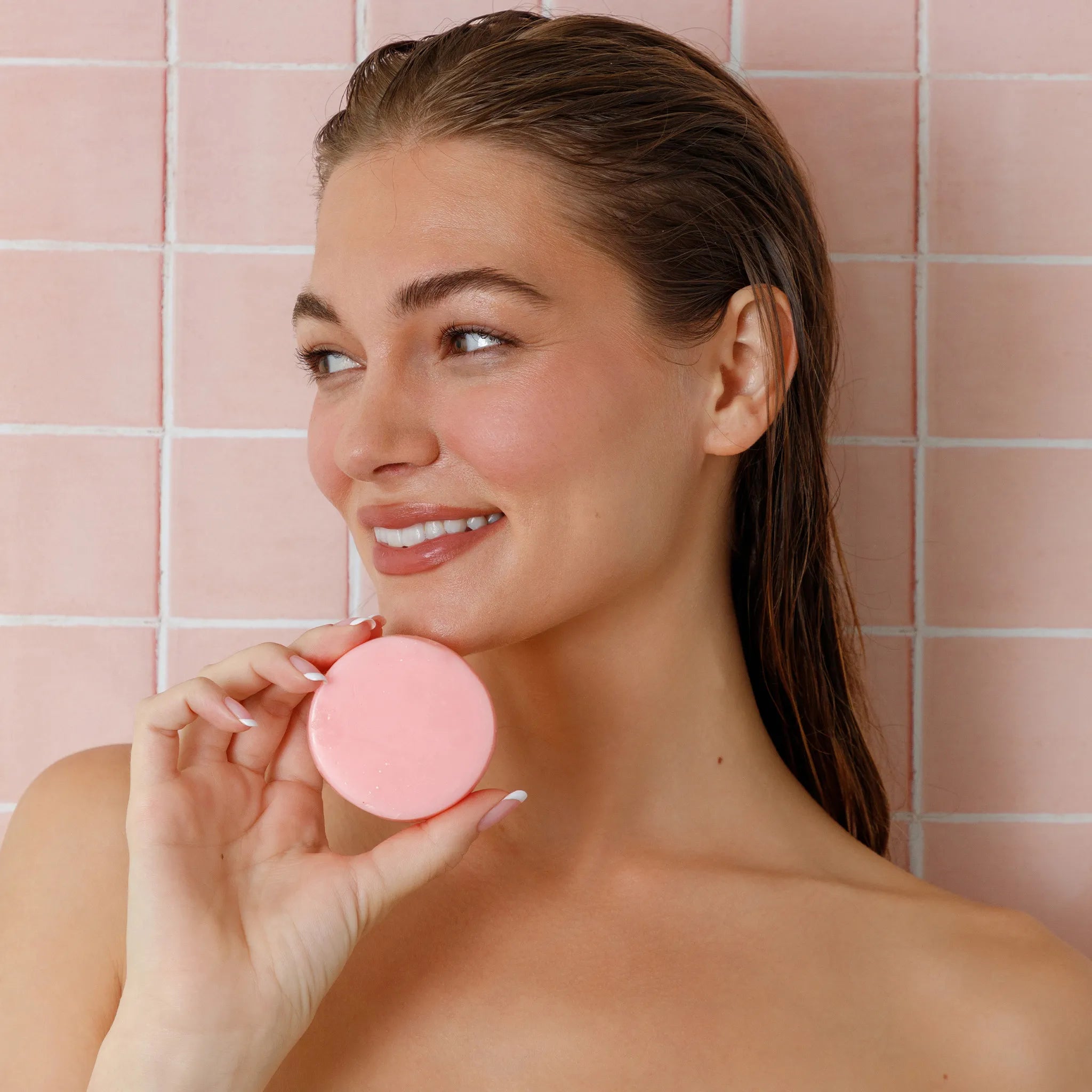
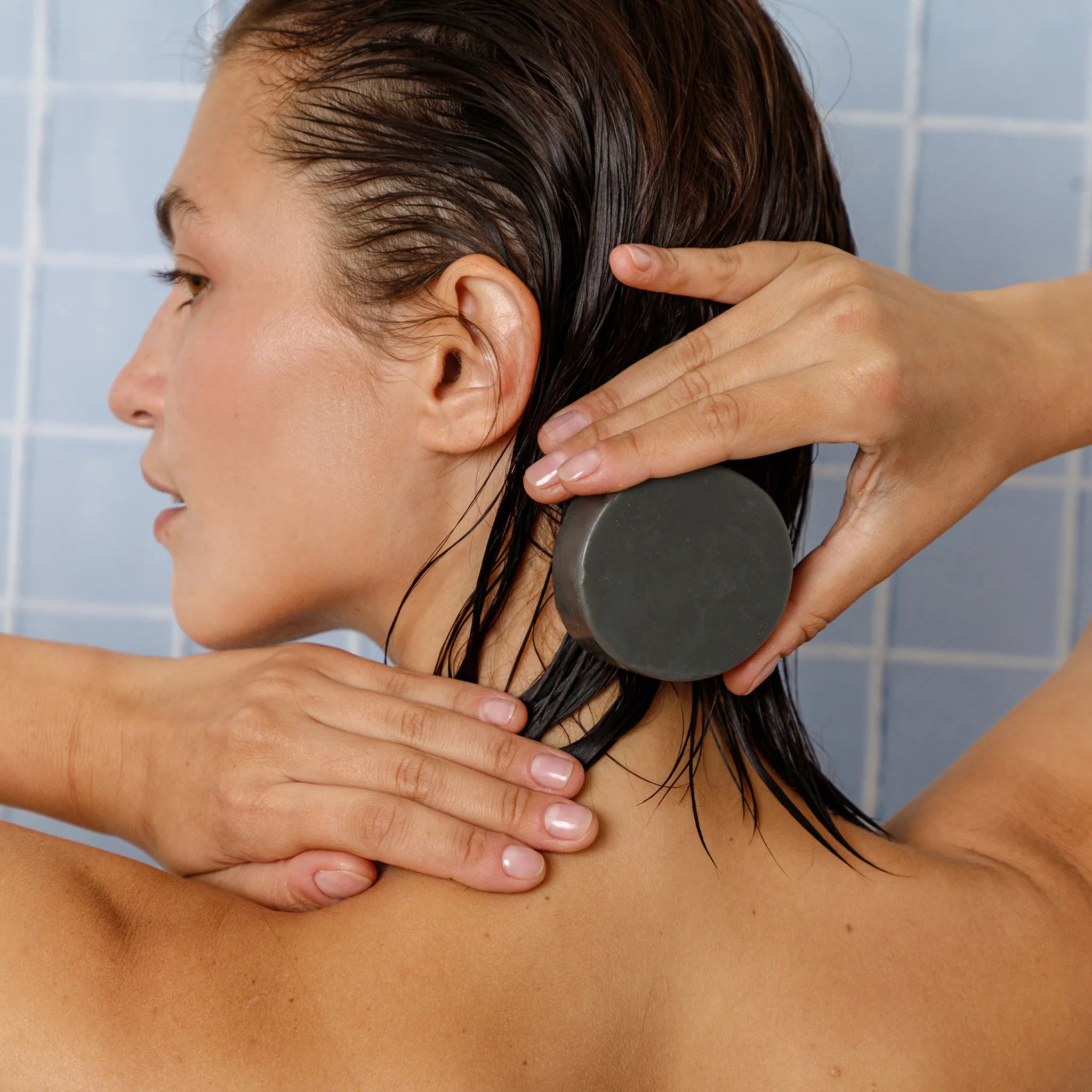
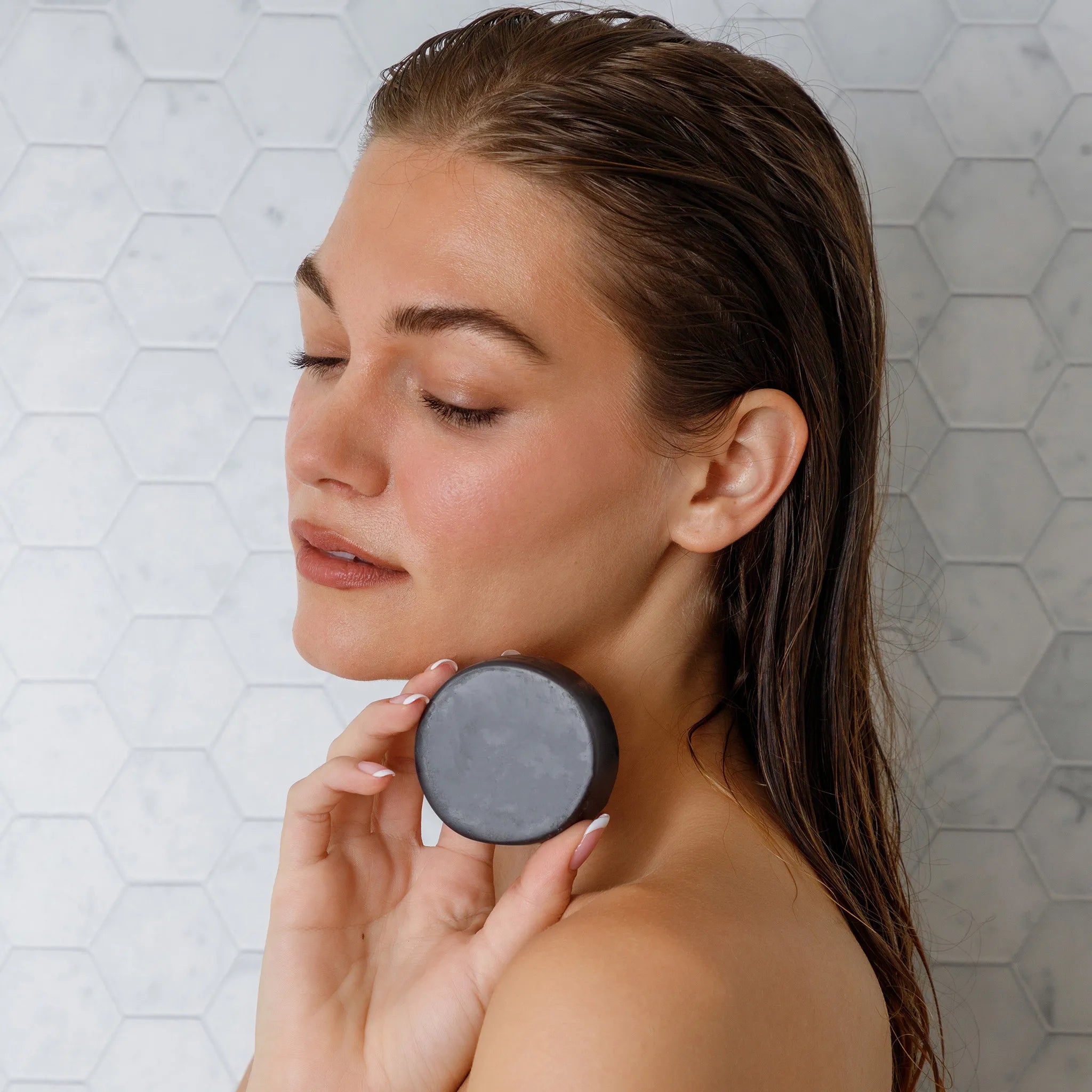
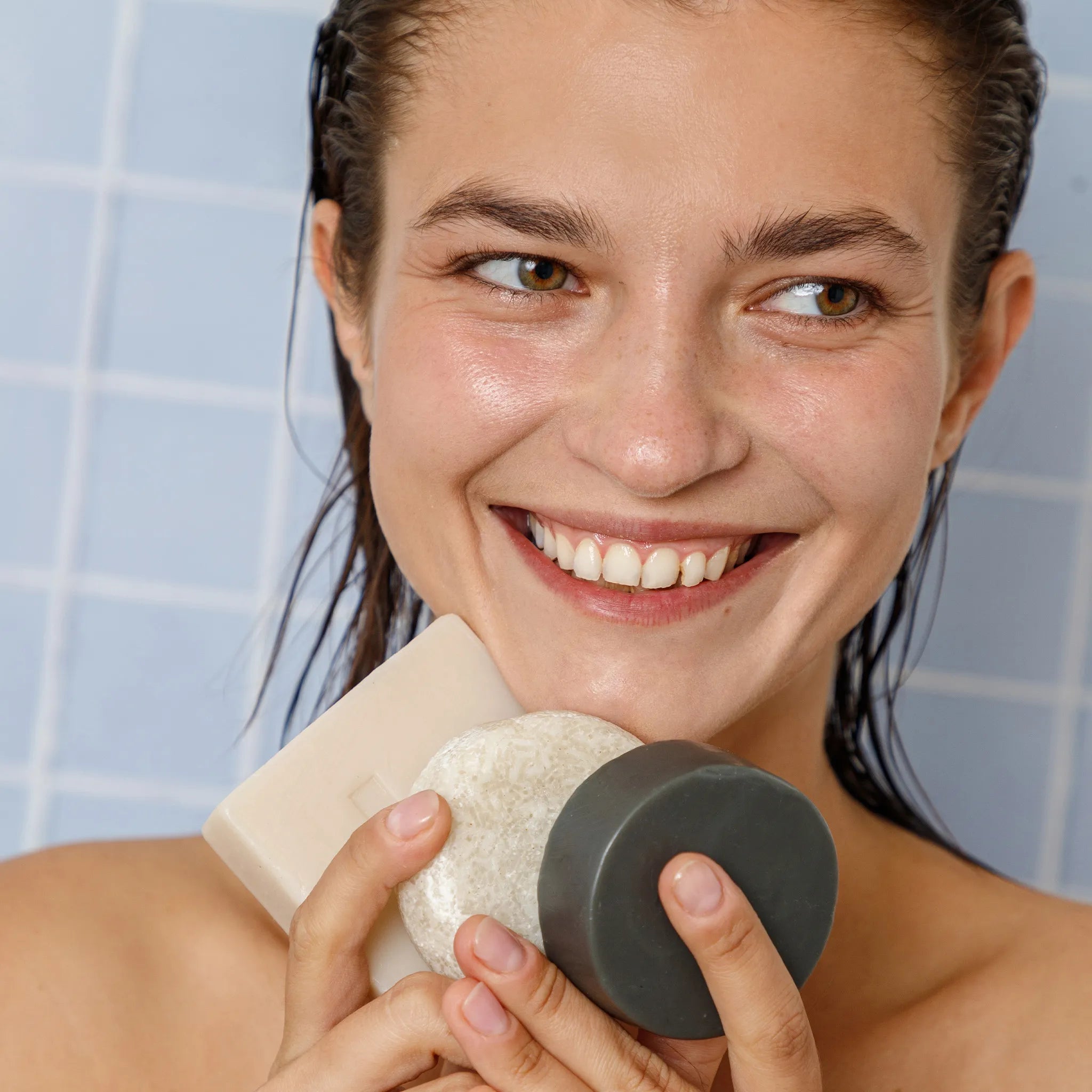
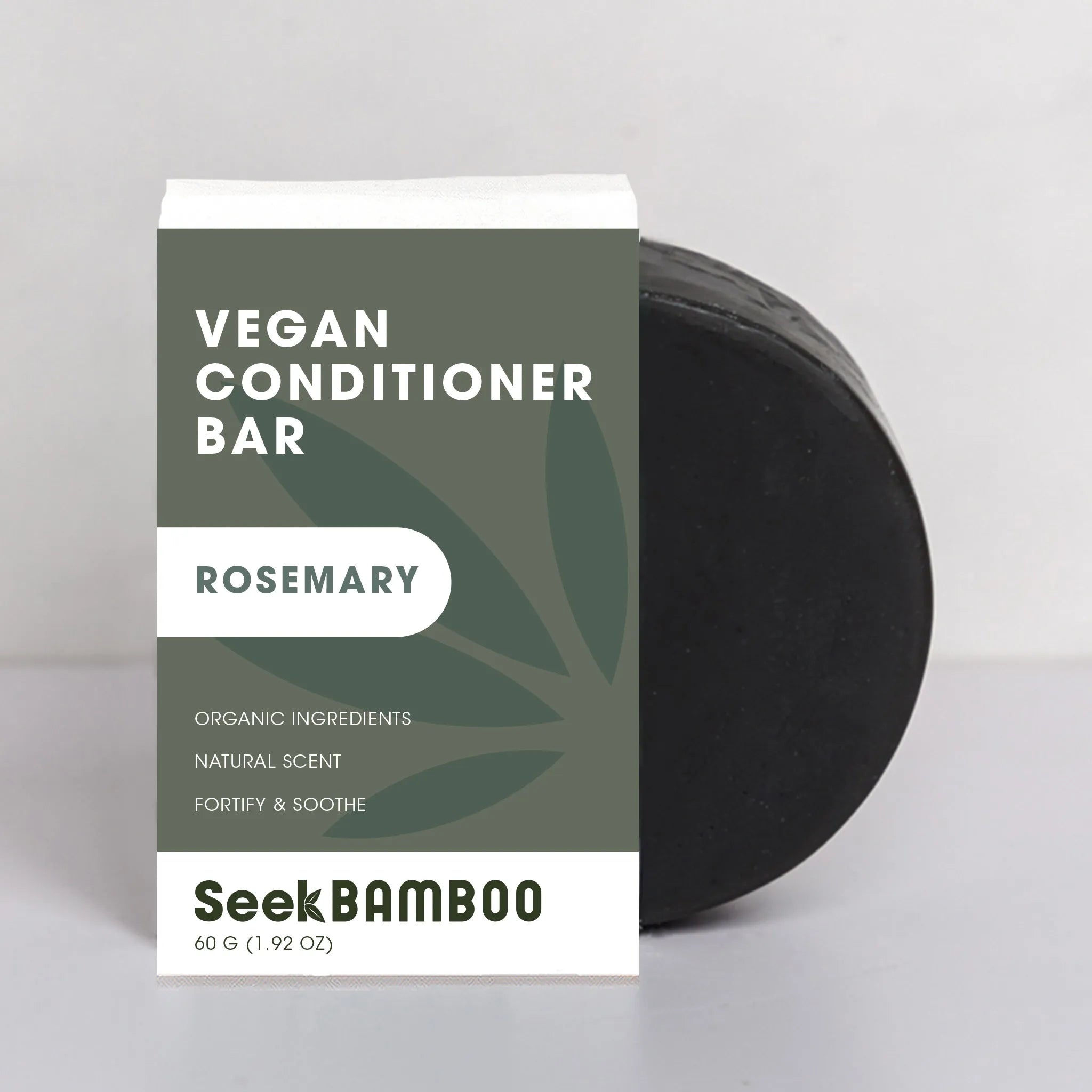
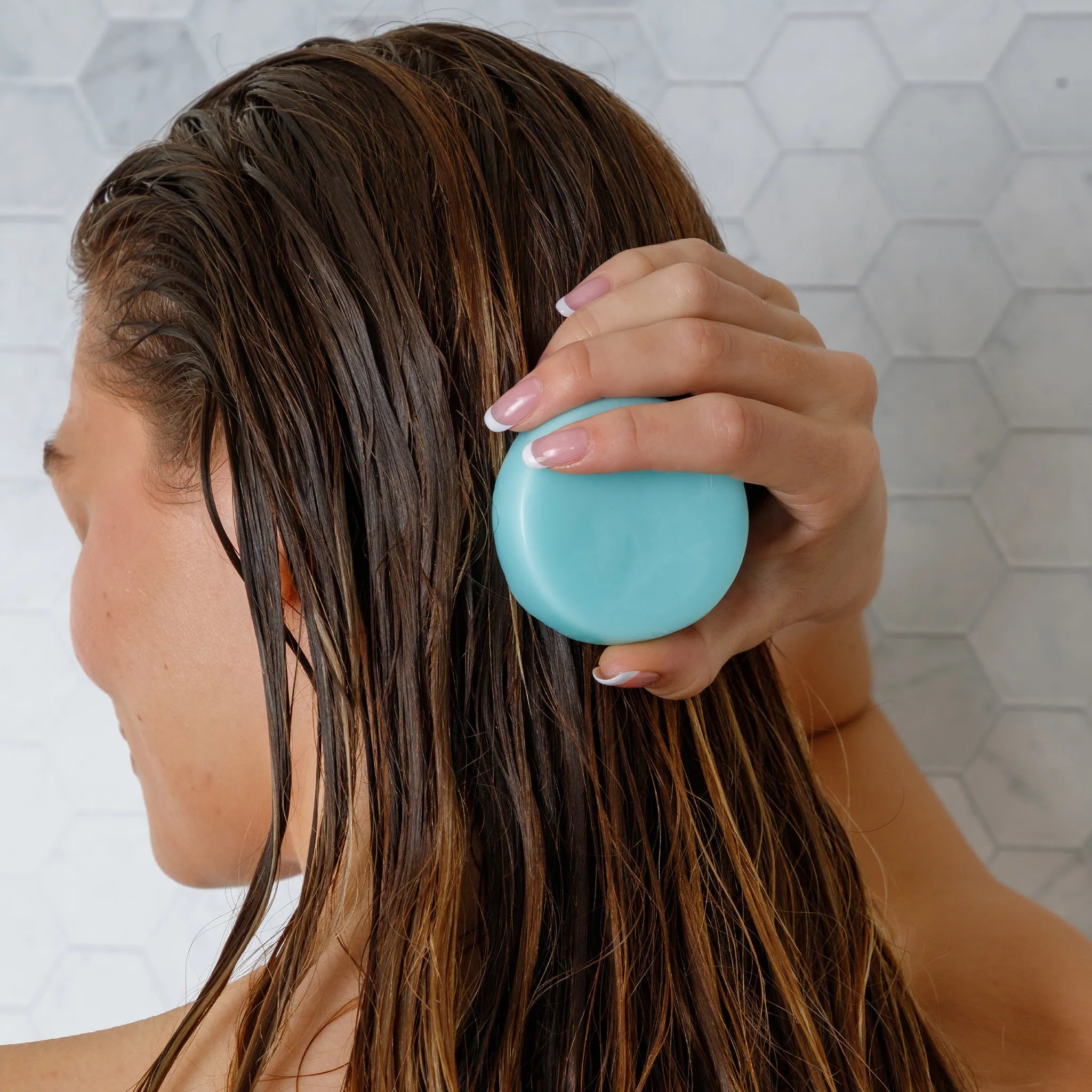
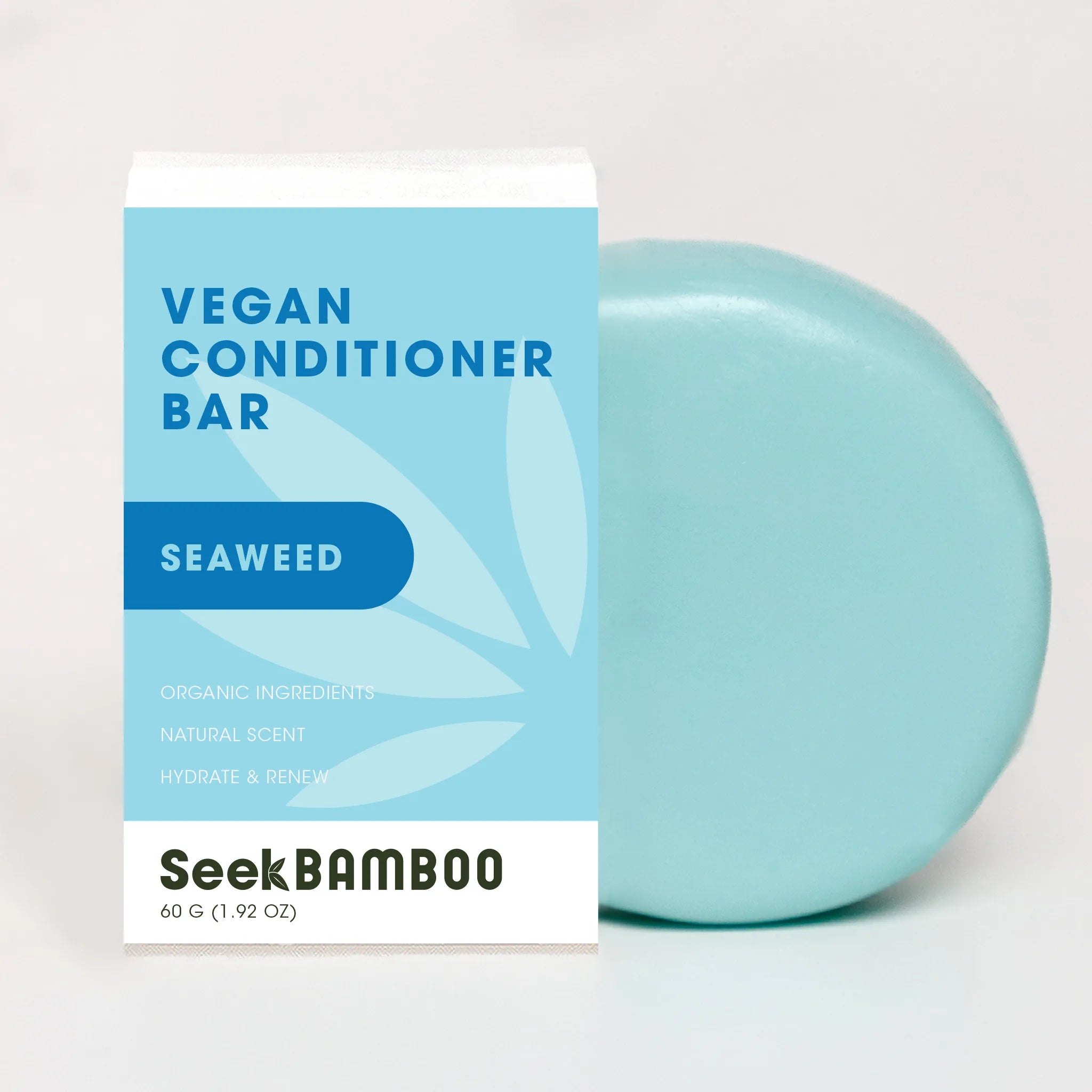
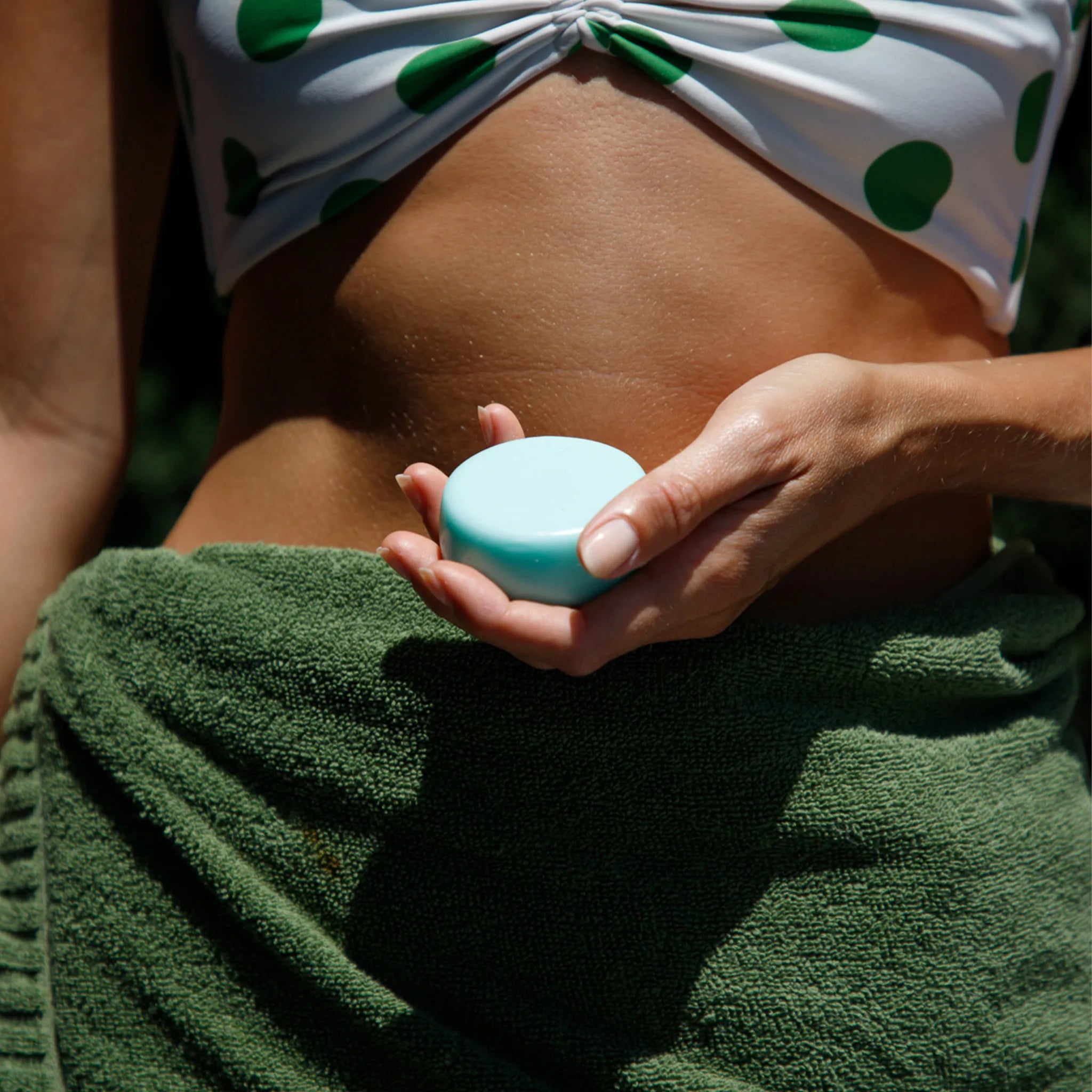
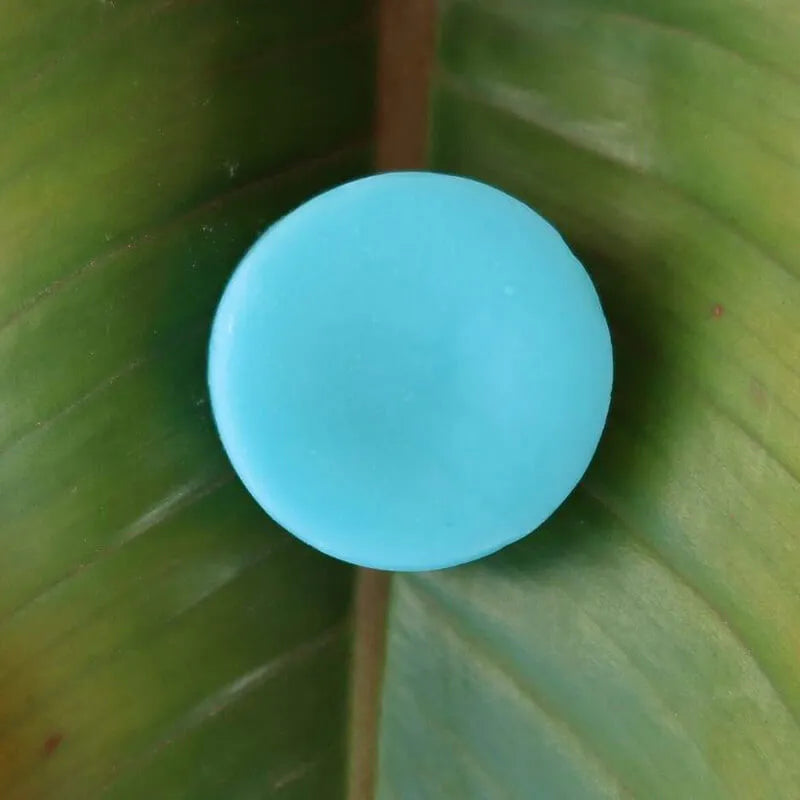
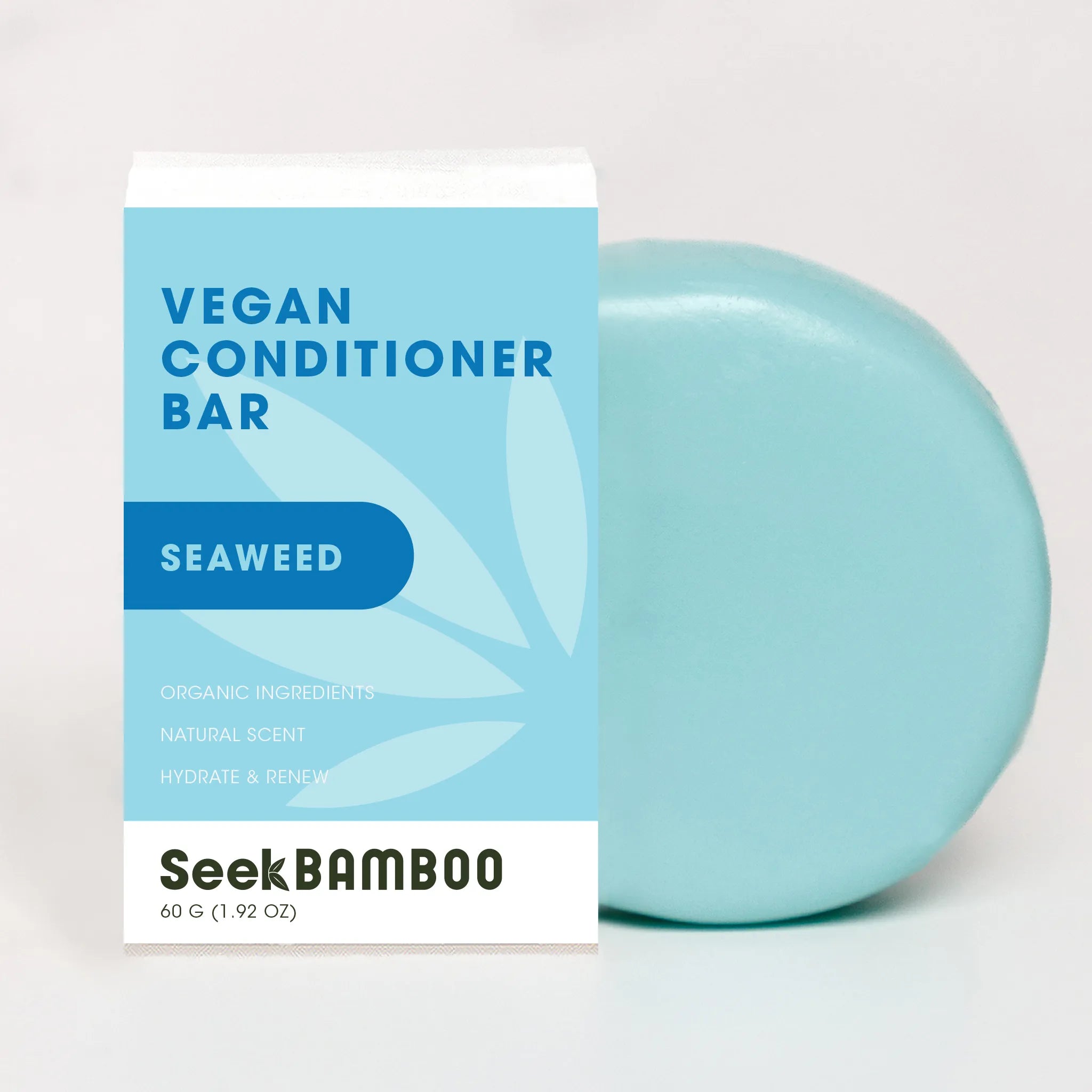
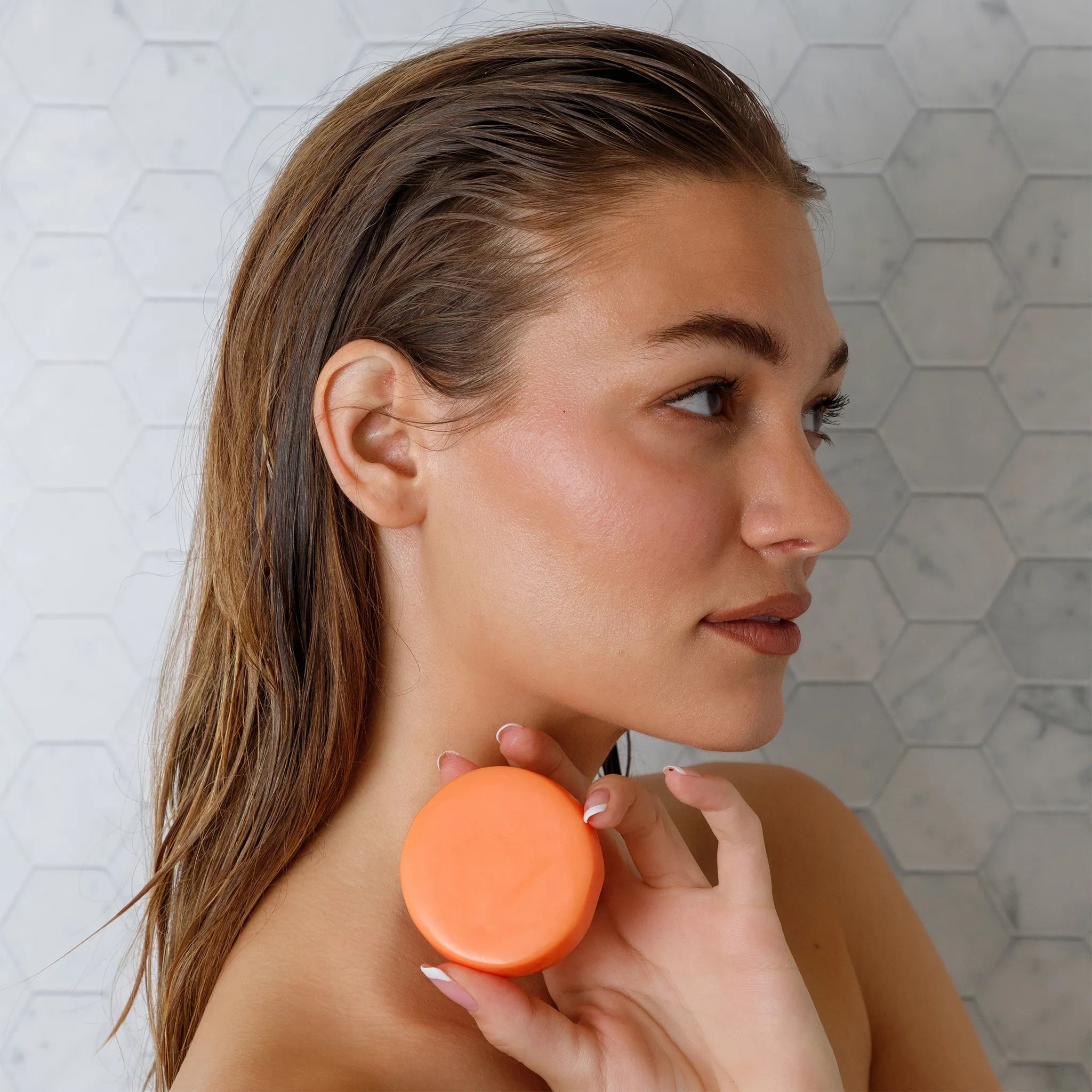
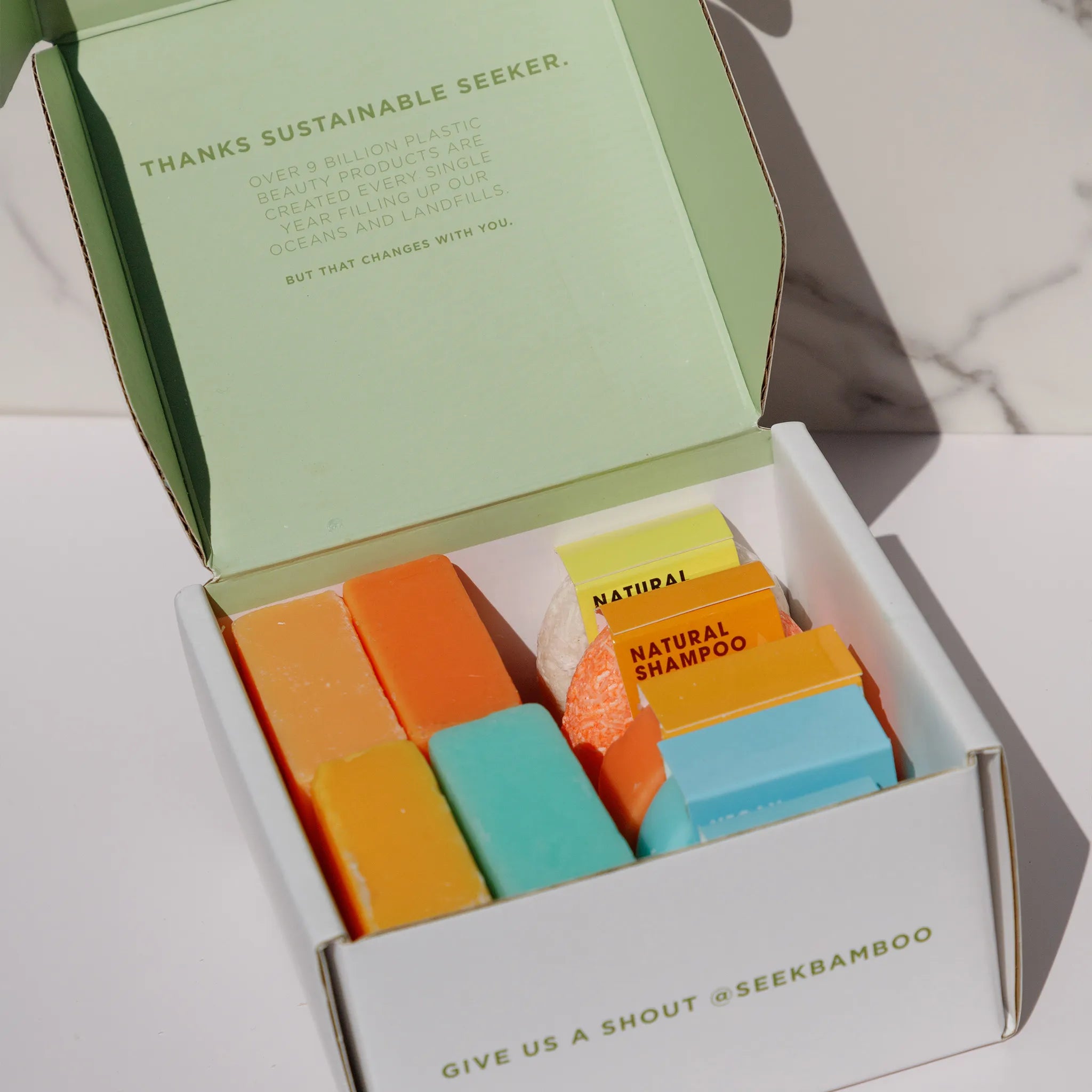
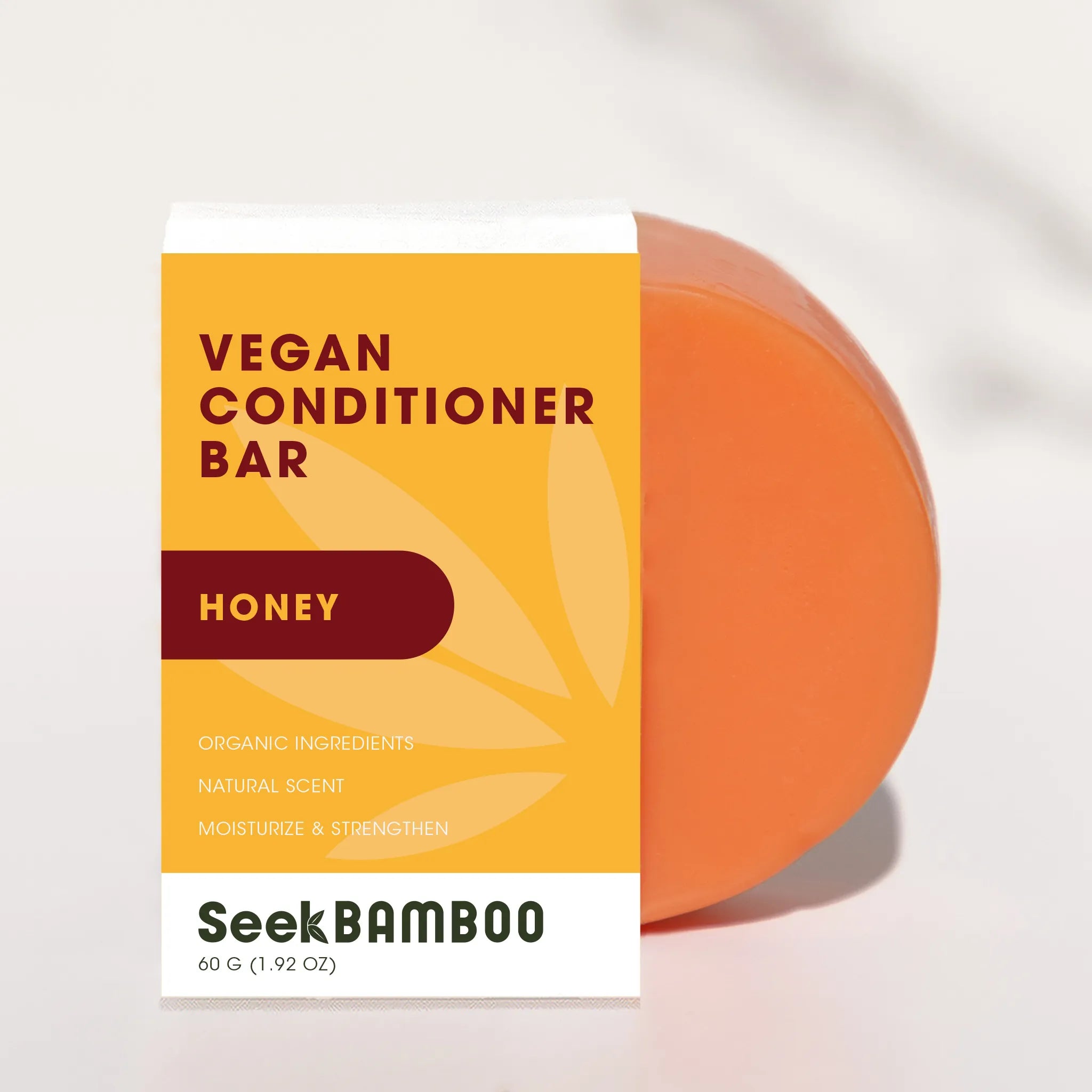
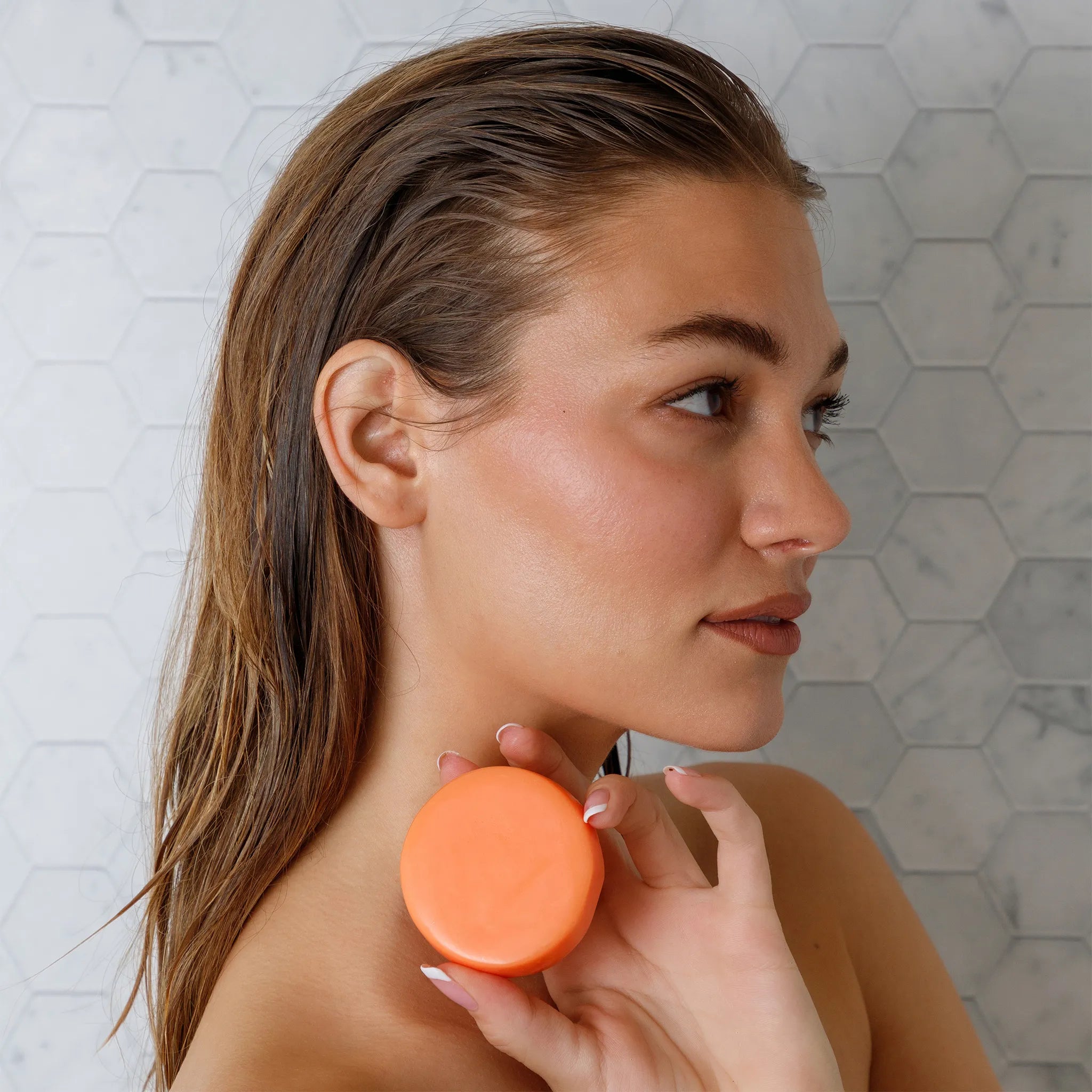
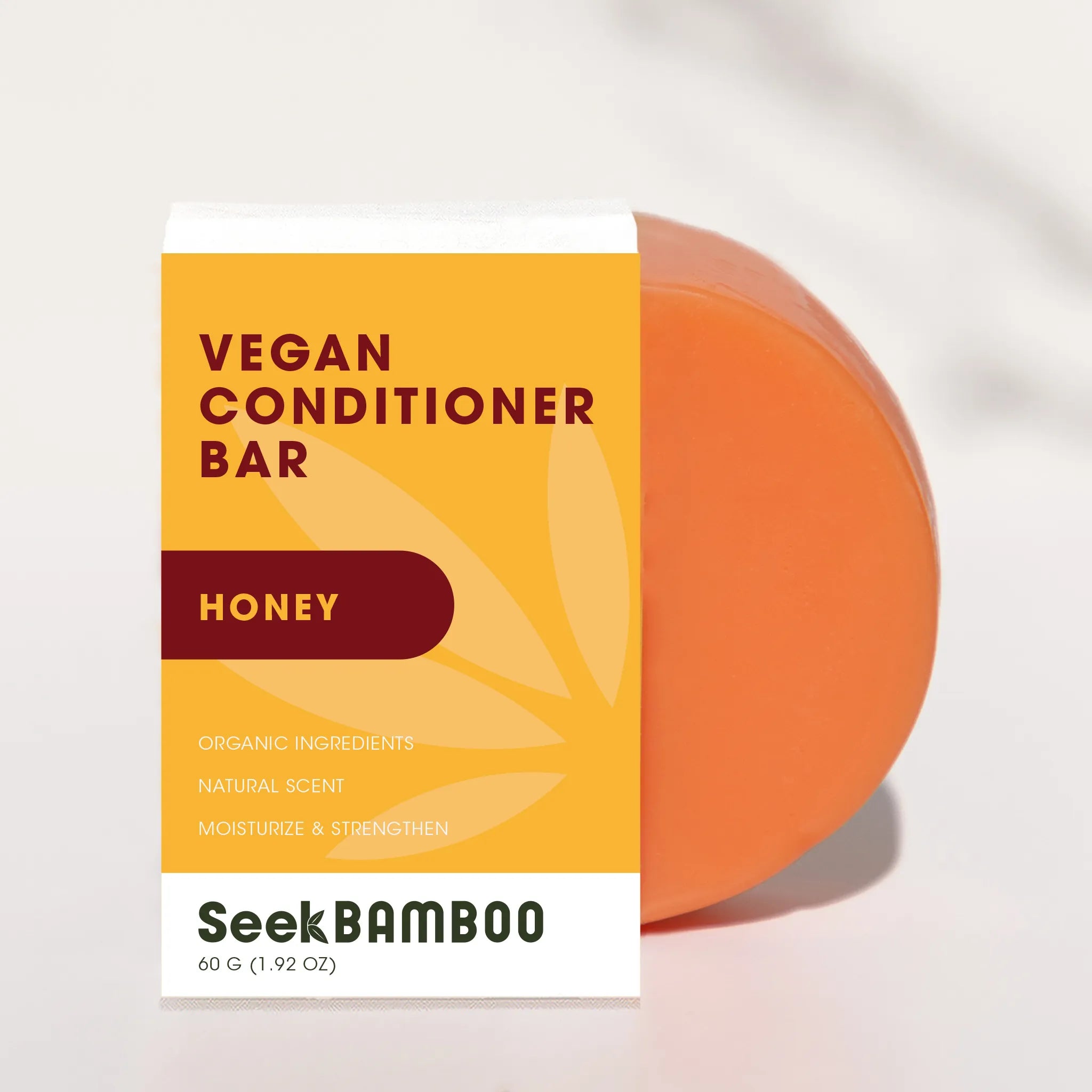
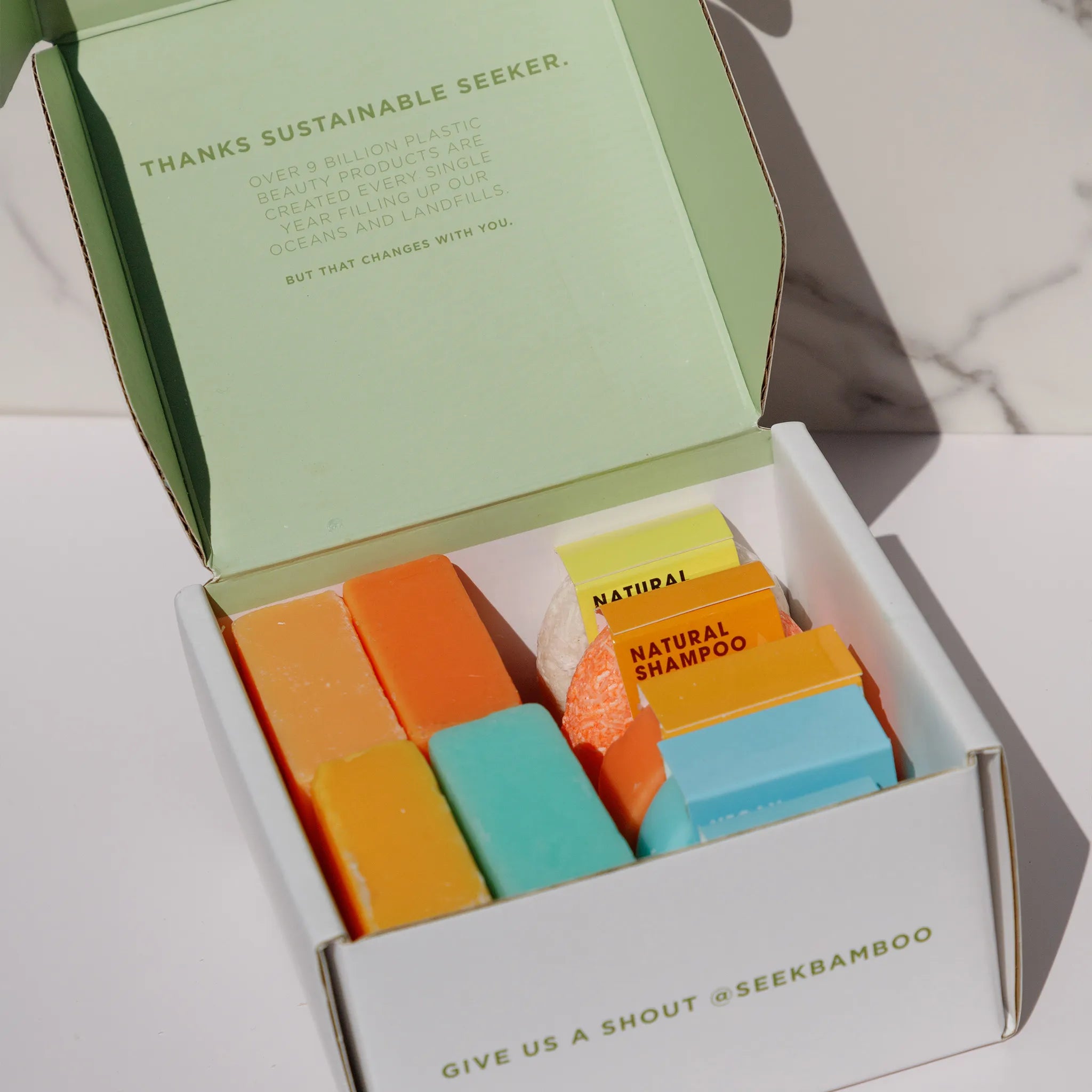
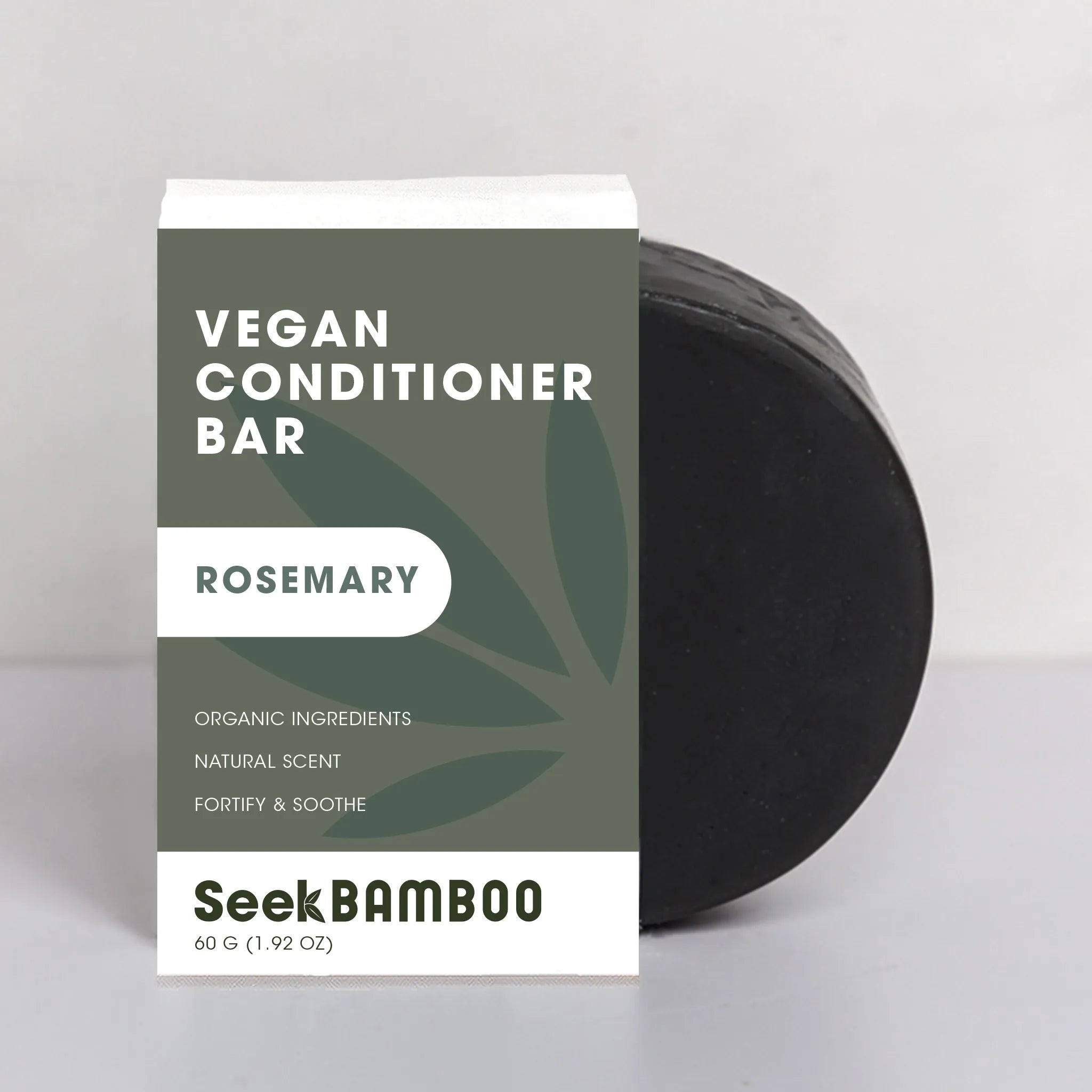
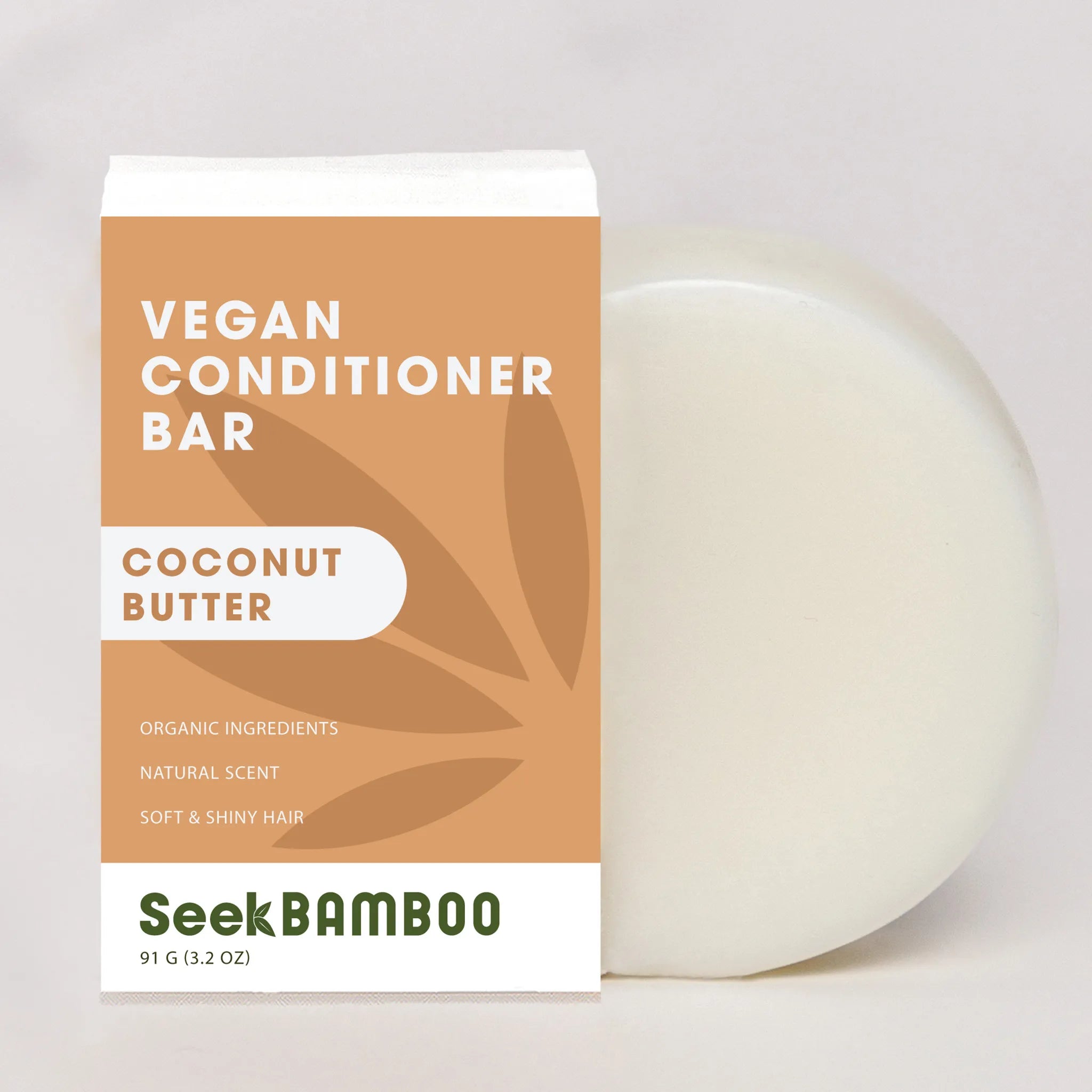
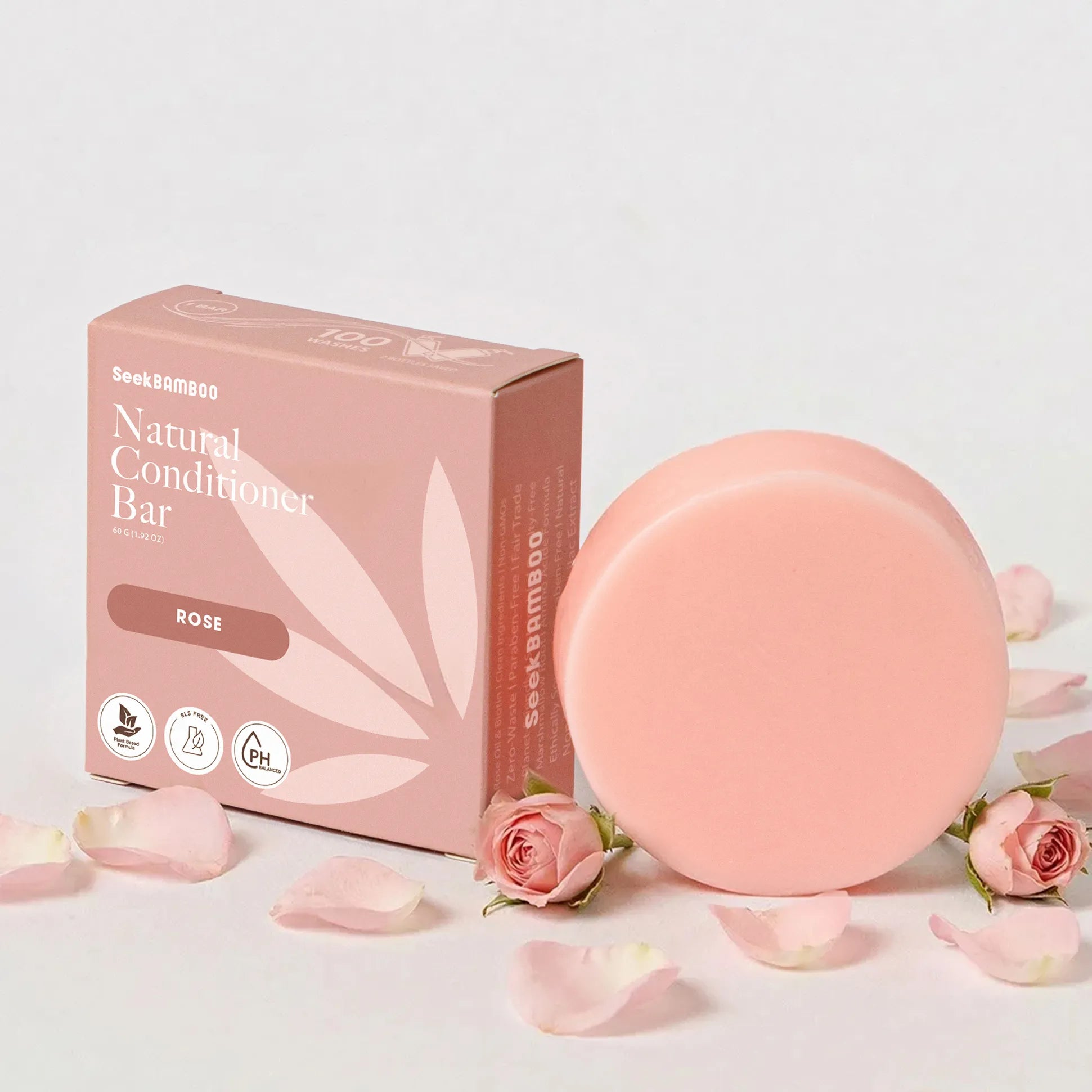
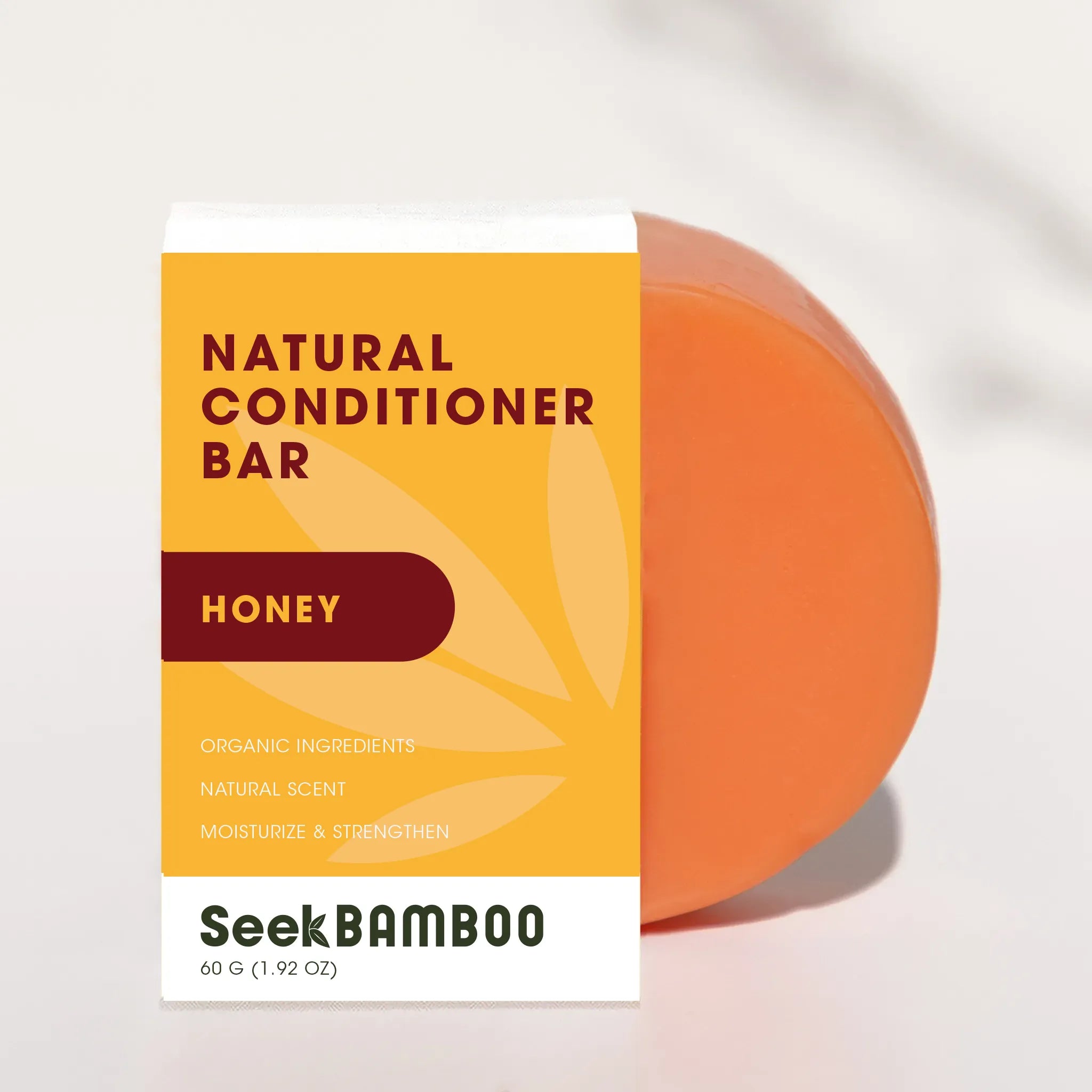
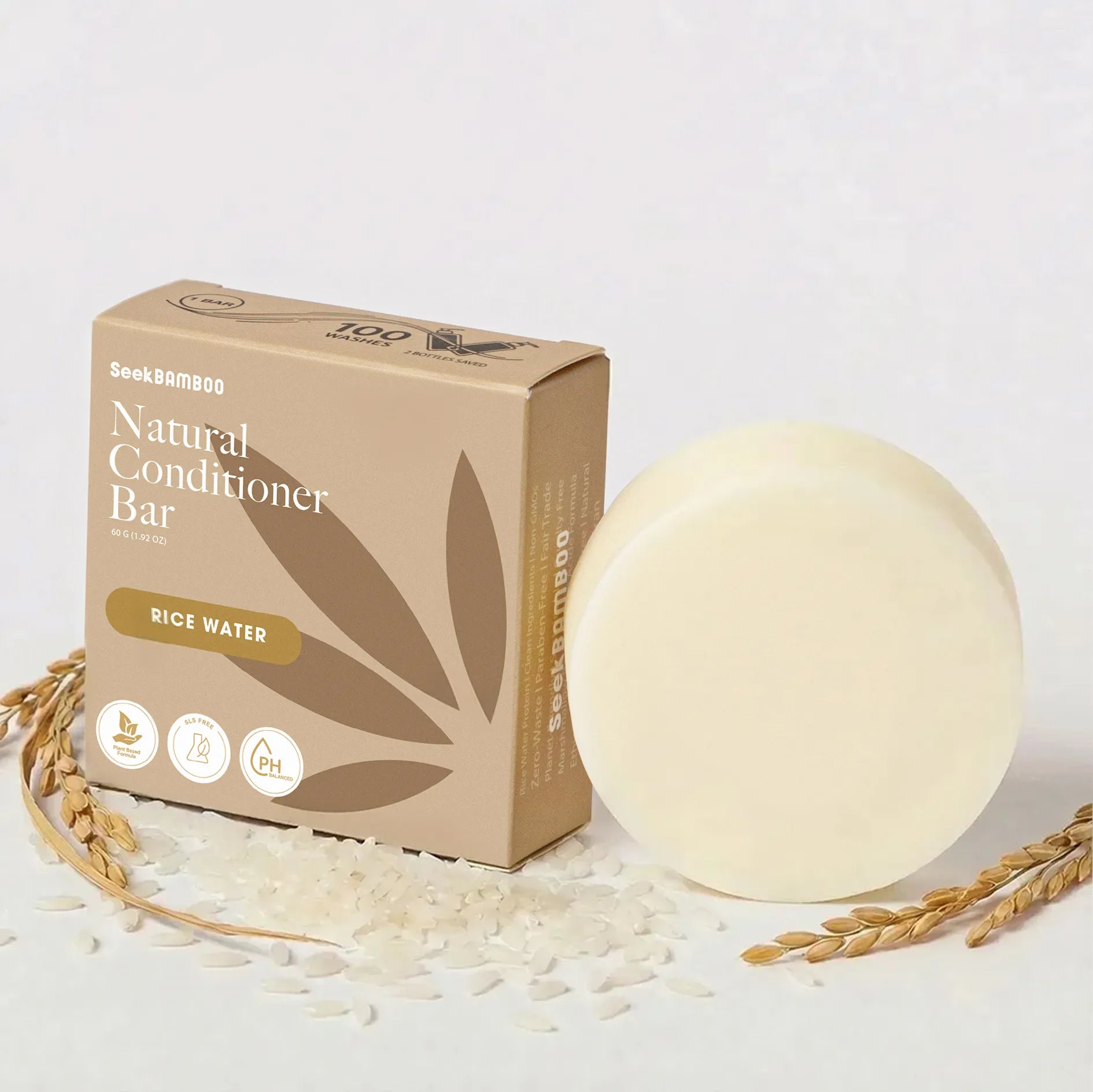
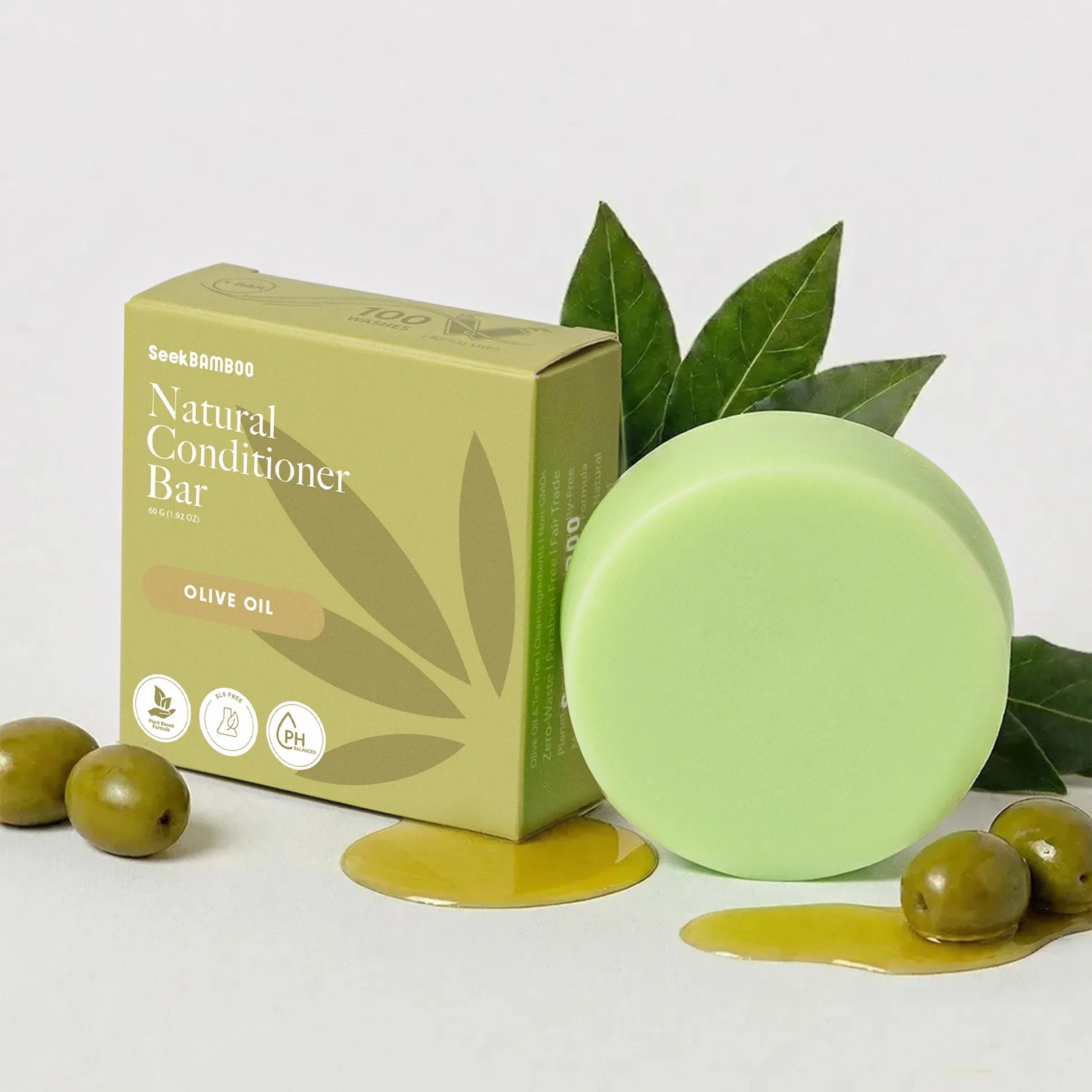
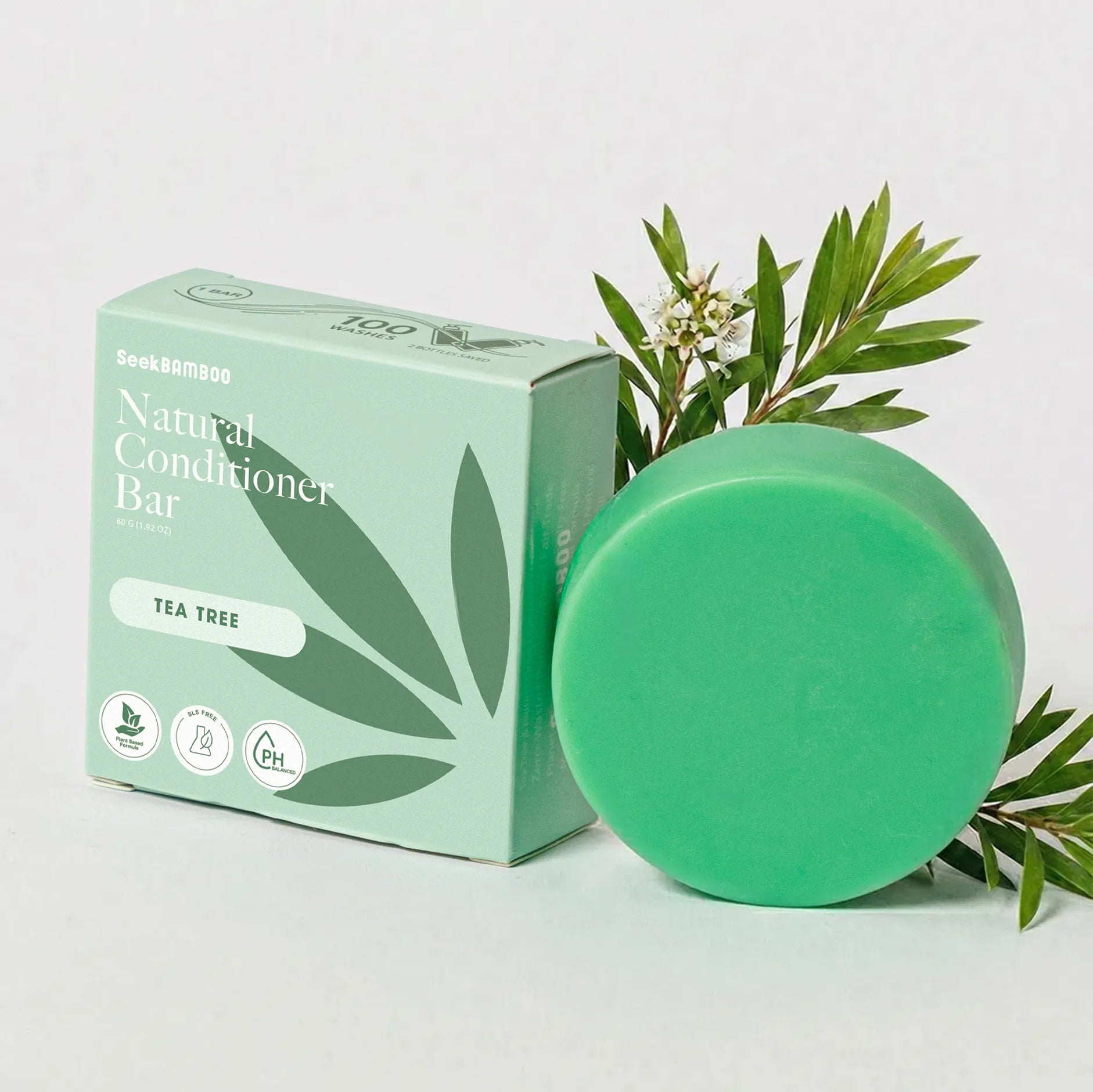
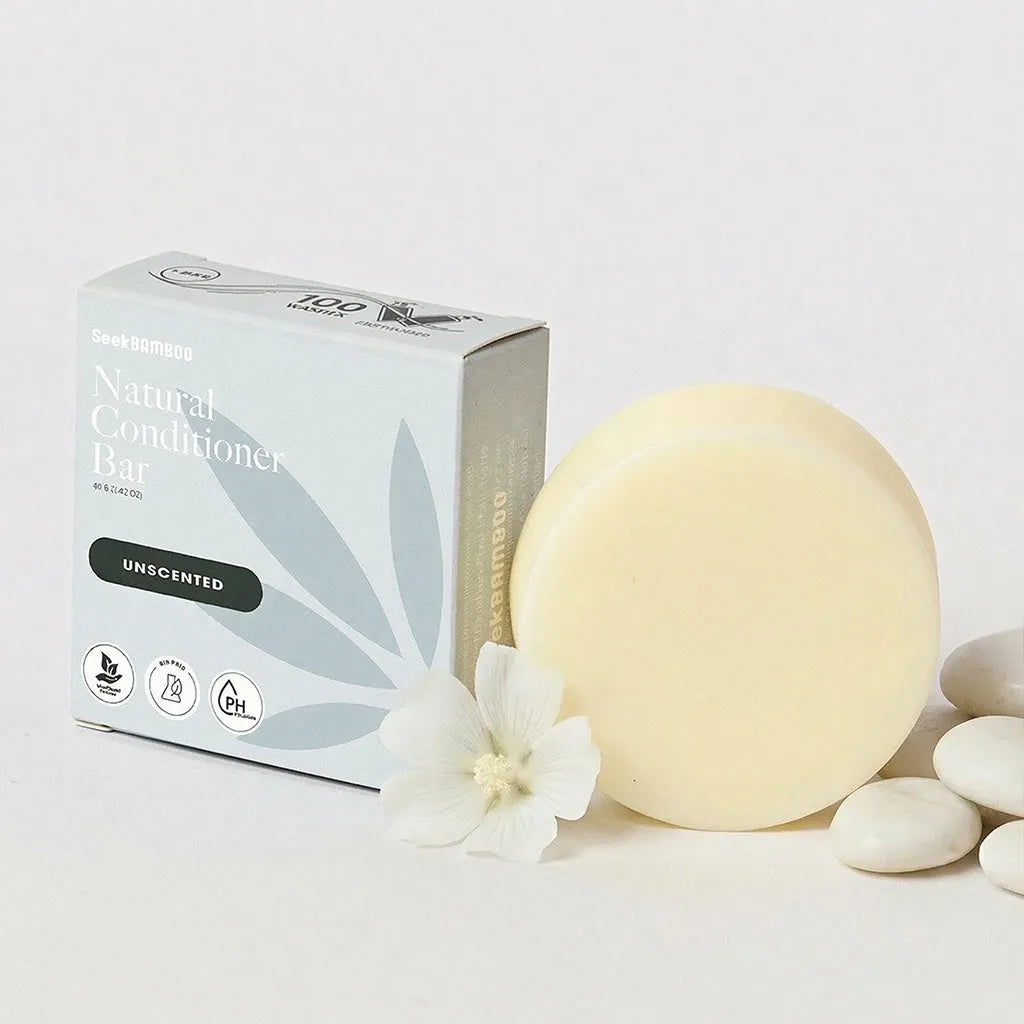
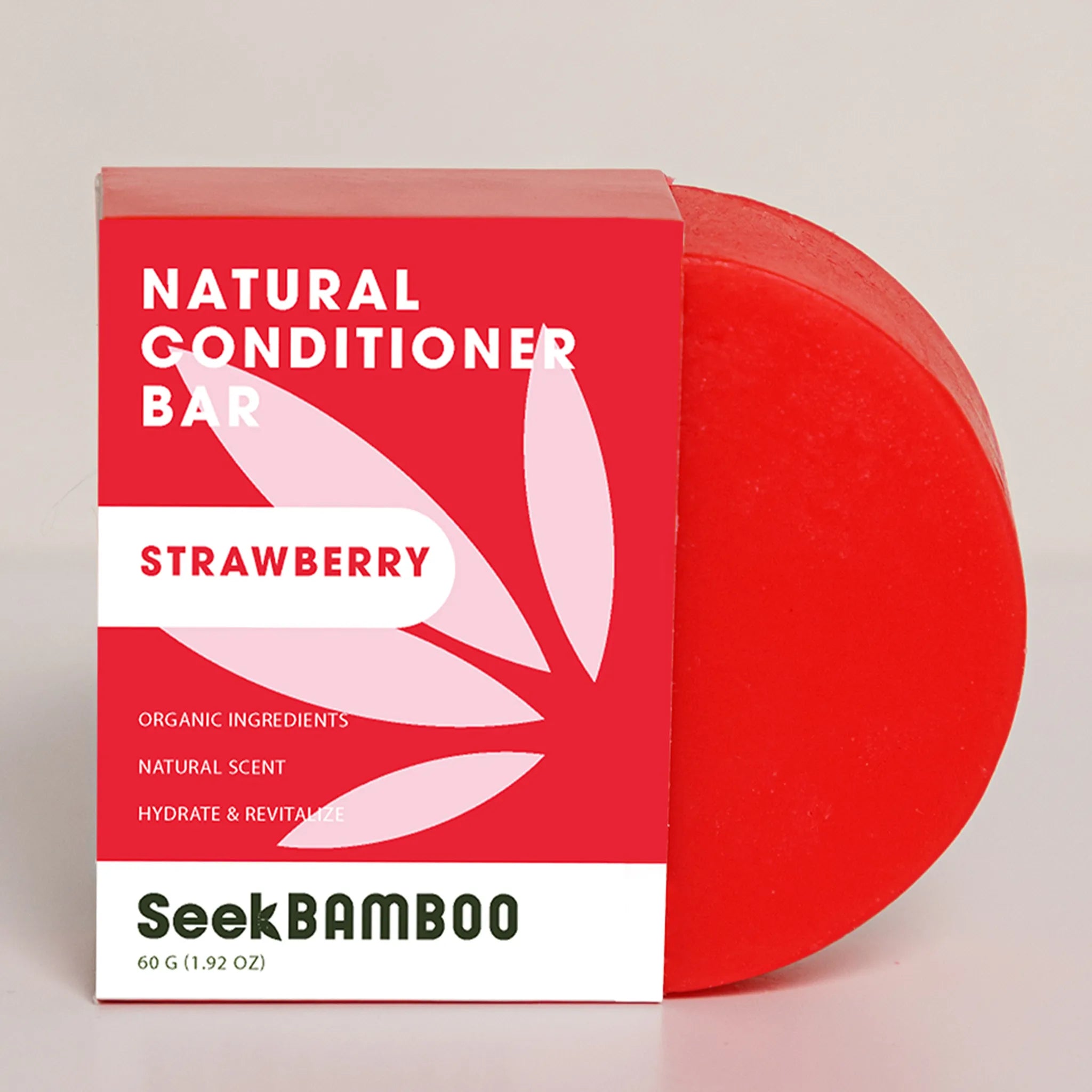
✓ Free of sulfates, palm oil, parabens, dyes, & synthetic fragrances
✓ Enriched with amino acids to nourish, detangle, and add lasting shine
✓ Infused with antioxidants & vitamins for healthier, smoother hair
✓ 70-90 uses, replacing up to 3 plastic bottles of conditioner
✓ Plastic-free & eco-friendly packaging, making it a sustainable choice for your hair & the planet
Embrace a Greener, Healthier Haircare Routine
Switching to shampoo and conditioner bars isn’t just about choosing effective haircare—it’s a step toward a more eco-friendly and health-conscious lifestyle. With plastic-free, biodegradable, and sustainably sourced options, you can care for your hair while caring for the planet. Embrace the benefits of natural ingredients, minimal packaging, and a simplified routine. Small changes add up, and by incorporating shampoo and conditioner bars into your routine, you’re contributing to a more sustainable future with every wash.
Shampoo and Conditioner Bars
Get the Inside Scoop! Shampoo & Conditioner Bar FAQ:
Shampoo & Conditioner Bars: Your New Haircare BFFs?
What are the benefits of using a conditioner bar with a shampoo bar?
Conditioner bars, when used in combination with shampoo bars, provide a balanced and eco-friendly haircare routine. Shampoo bars cleanse the scalp and hair, removing dirt, oil, and buildup, while conditioner bars provide hydration, smoothness, and nourishment. The result is hair that is thoroughly cleaned without being stripped of moisture, leaving it soft, manageable, and healthy. Conditioner bars also help detangle the hair, reduce frizz, and enhance shine, complementing the cleansing process of shampoo bars.
Are conditioner bars necessary if I already use a shampoo bar?
While shampoo bars are excellent for cleansing, conditioner bars are necessary to replenish moisture, smooth the hair, and provide additional nourishment, especially for dry or damaged hair. Shampoo bars alone may leave your hair feeling dry, frizzy, or tangled. Conditioner bars work to seal the hair cuticle, ensuring hydration and smoothness, which is essential for maintaining healthy hair. If you have fine or oily hair, a lightweight conditioner bar can still be beneficial for managing frizz and adding softness without weighing your hair down.
Can conditioner bars be used for all hair types?
Yes, conditioner bars are suitable for all hair types, but it's important to choose the right bar for your specific needs:
- Dry or Curly Hair: Look for conditioner bars rich in hydrating ingredients like shea butter, coconut oil, or argan oil.
- Fine Hair: Opt for a lightweight conditioner bar that won’t weigh your hair down but still adds smoothness and manageability.
- Oily Hair: Choose a conditioner bar with ingredients like tea tree oil or citrus extracts, which can help balance oil production without over-conditioning.
How long do conditioner bars last compared to liquid conditioners?
Conditioner bars tend to last much longer than liquid conditioners because they are concentrated and don’t contain water. A typical conditioner bar can last for 50-75 uses, depending on hair length and frequency of use. Liquid conditioners, on the other hand, often have a shorter lifespan due to their higher water content and the larger amount used per application. As a result, conditioner bars are not only more eco-friendly but also more cost-effective over time.
Will using a conditioner bar make my hair greasy?
No, conditioner bars are designed to hydrate and nourish your hair without leaving it greasy, as long as they’re used correctly. It's important to apply the conditioner only to the lengths and ends of your hair, not your scalp. Using too much conditioner or applying it to the scalp can result in a heavier feel or greasiness. For fine or oily hair, a lightweight conditioner bar is ideal to maintain softness and manageability without weighing the hair down.
Can conditioner bars help with frizz?
Conditioner bars can be effective in taming frizz by providing the necessary hydration and smoothing the hair cuticle. A conditioner bar with ingredients like jojoba oil, shea butter, or aloe vera can help seal moisture into the hair, reducing frizz and flyaways. For particularly frizzy hair, using a conditioner bar in combination with a leave-in conditioner or styling product can provide added control.
Are conditioner bars good for the environment?
Yes! Conditioner bars are highly eco-friendly. Most are plastic-free, biodegradable, and packaged in recyclable or compostable materials, helping to reduce single-use plastic waste. Additionally, many conditioner bars are made with sustainably sourced ingredients, further contributing to environmental protection. By choosing conditioner bars, you’re making a conscious decision to reduce your ecological footprint and support sustainability.


